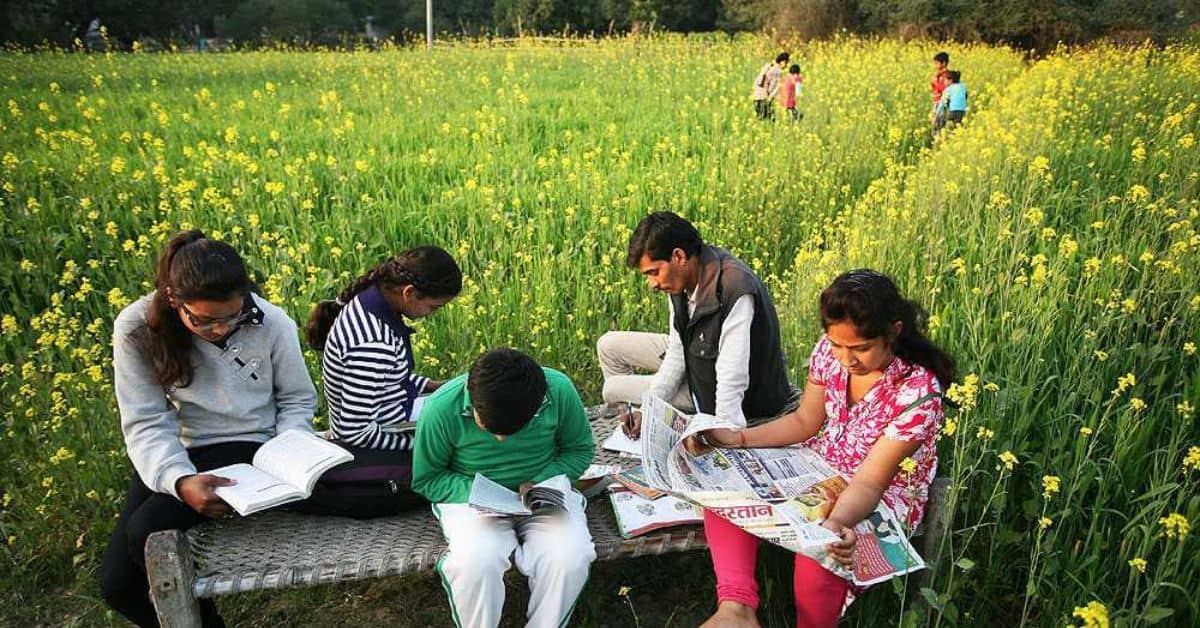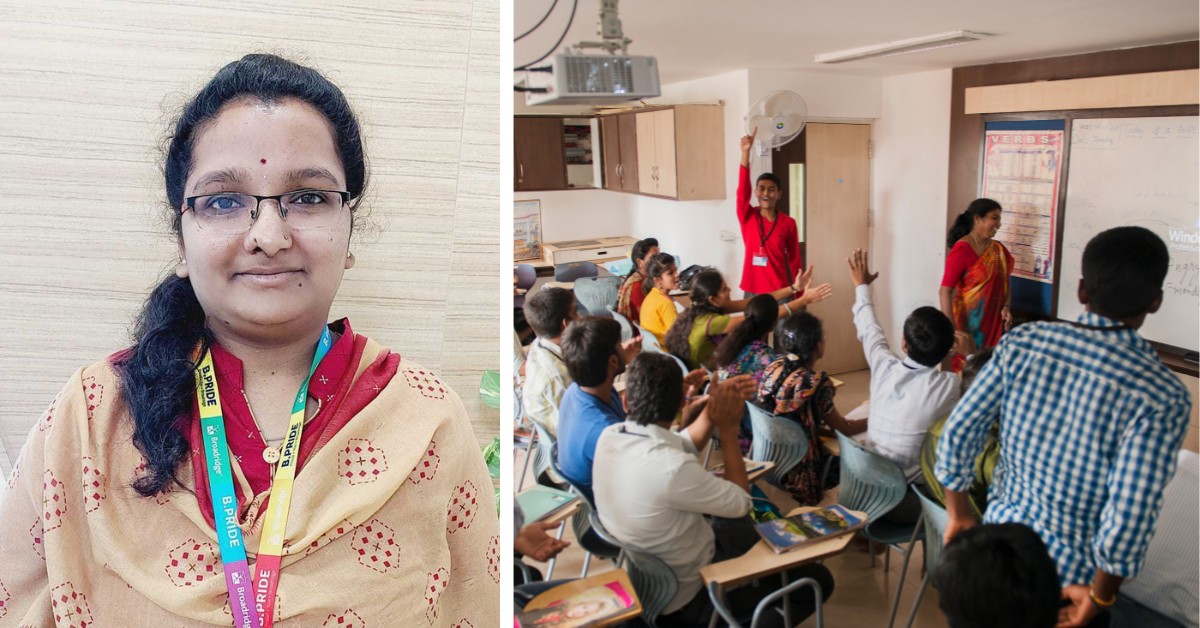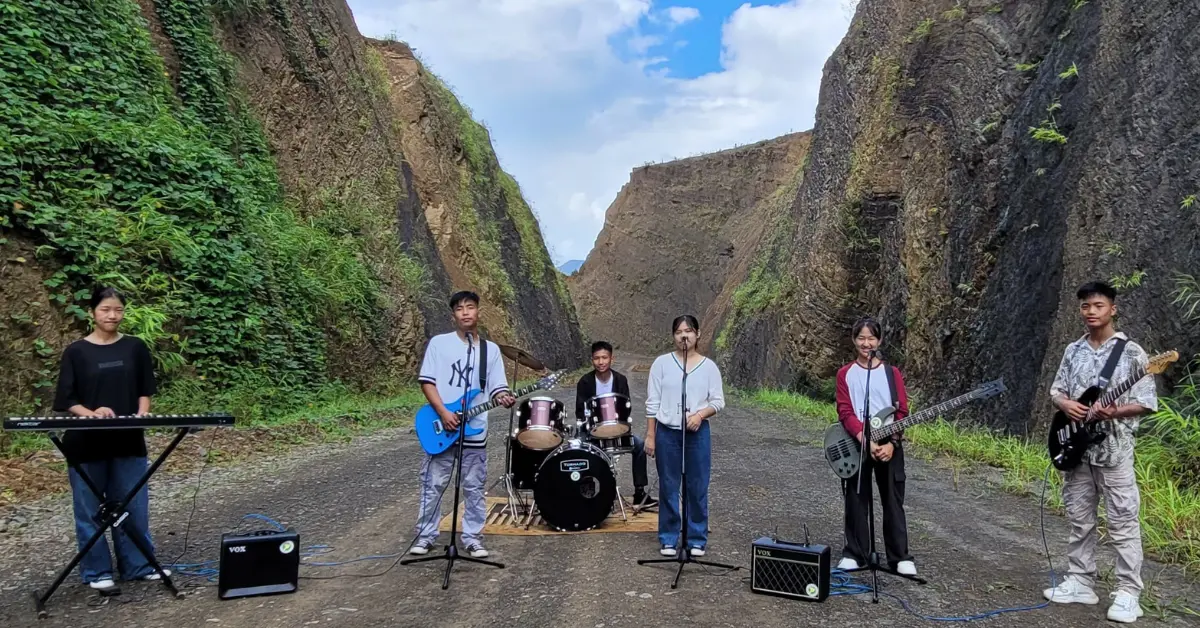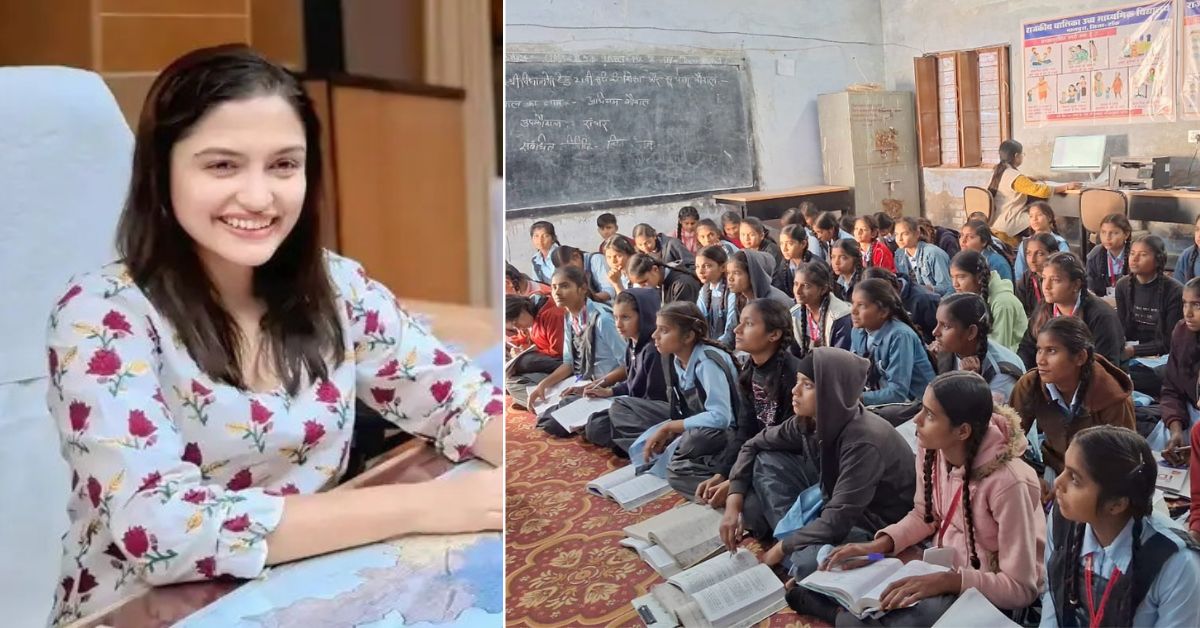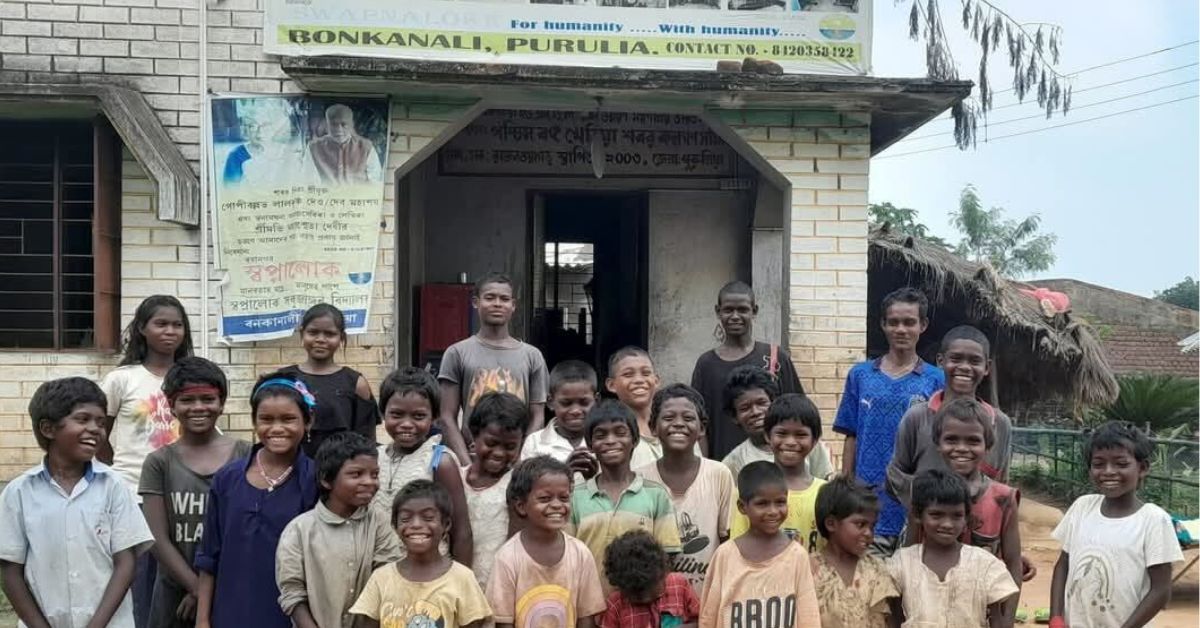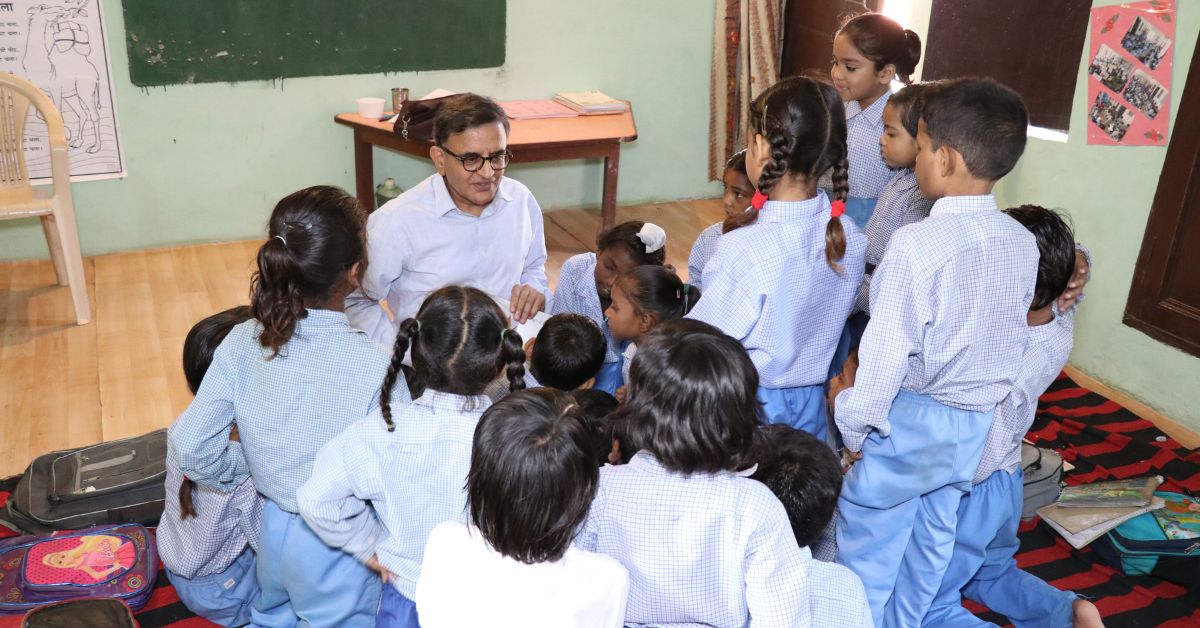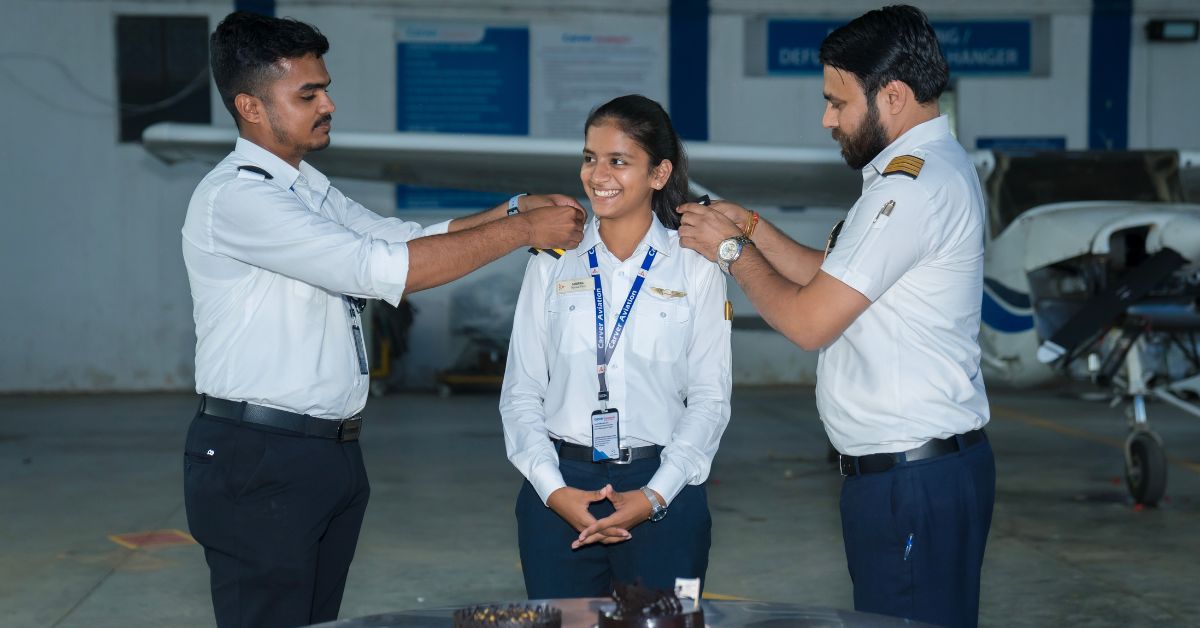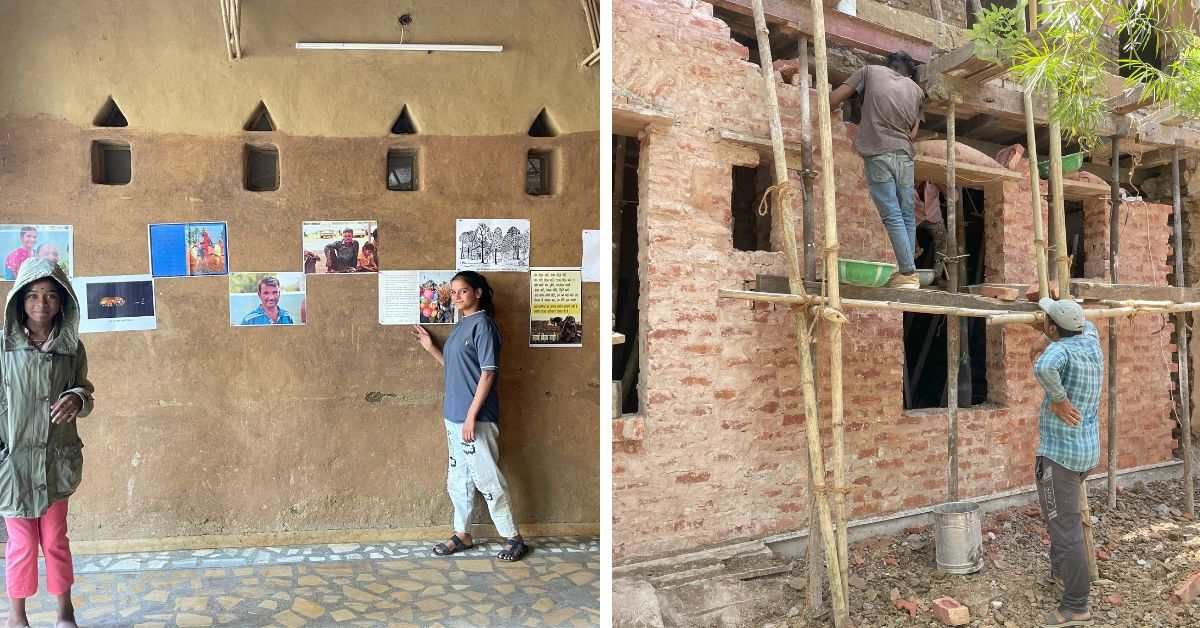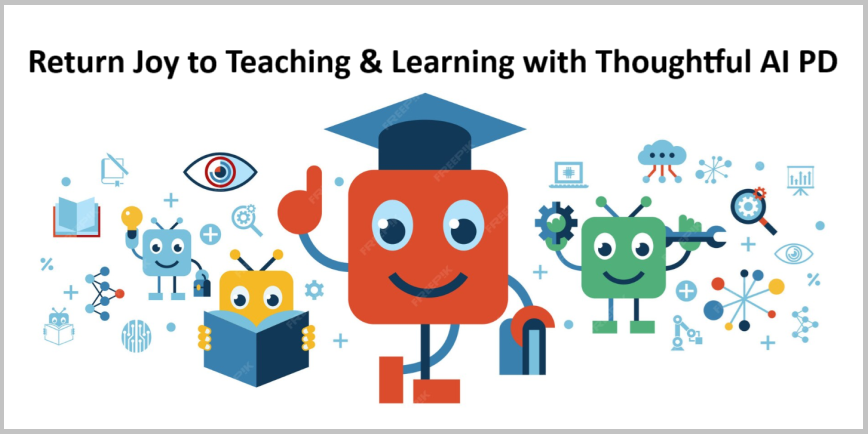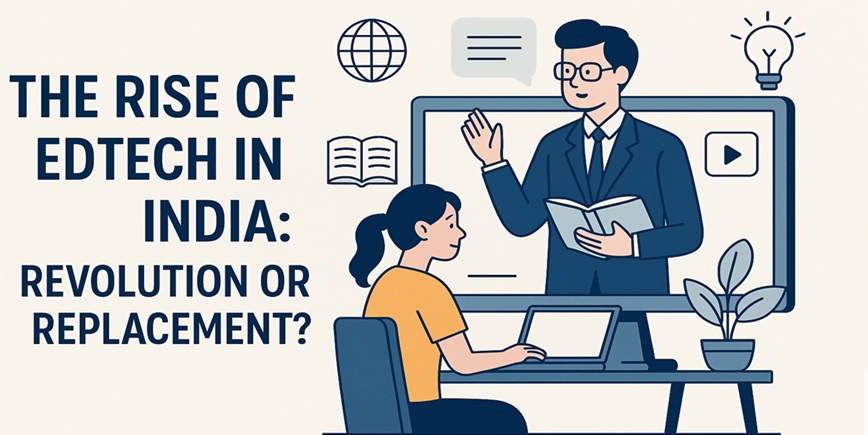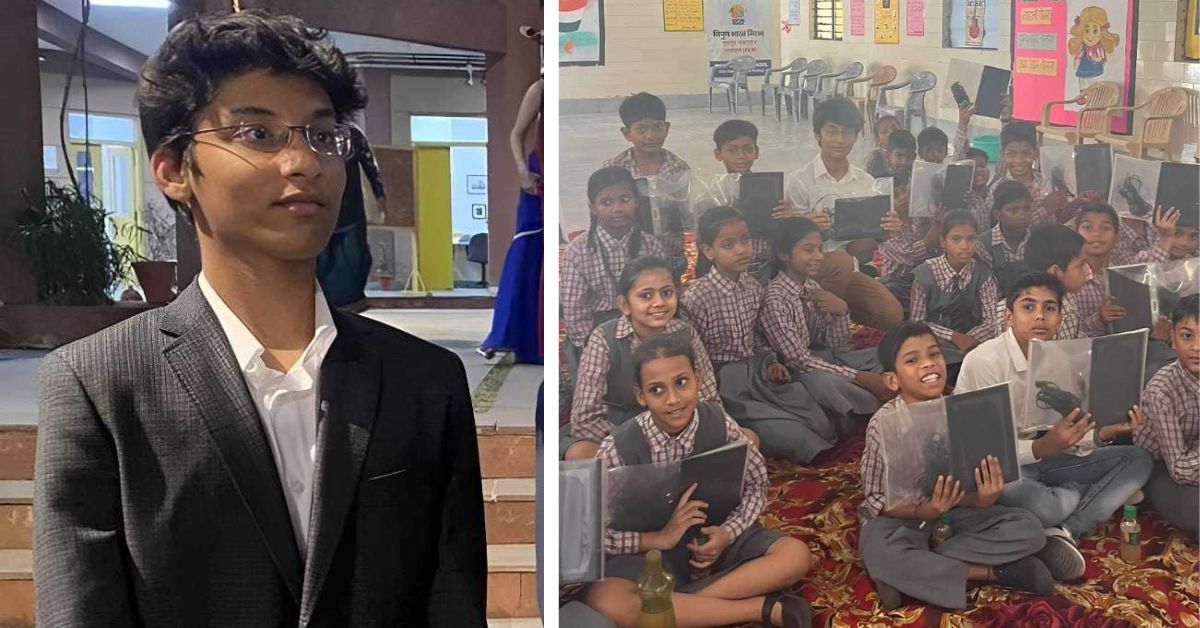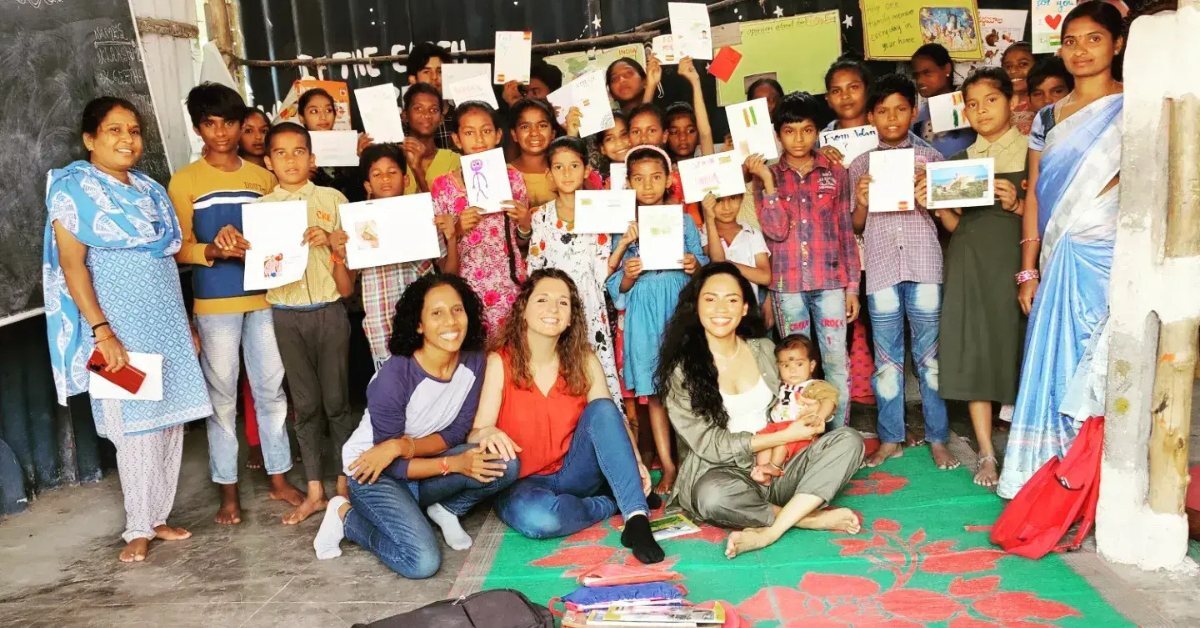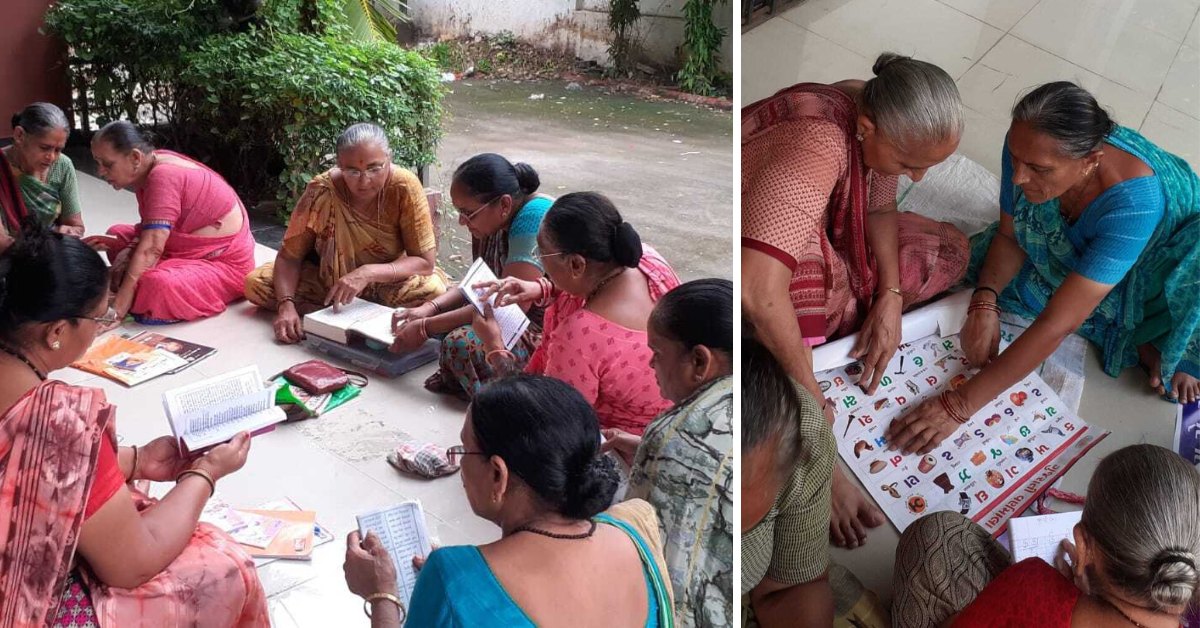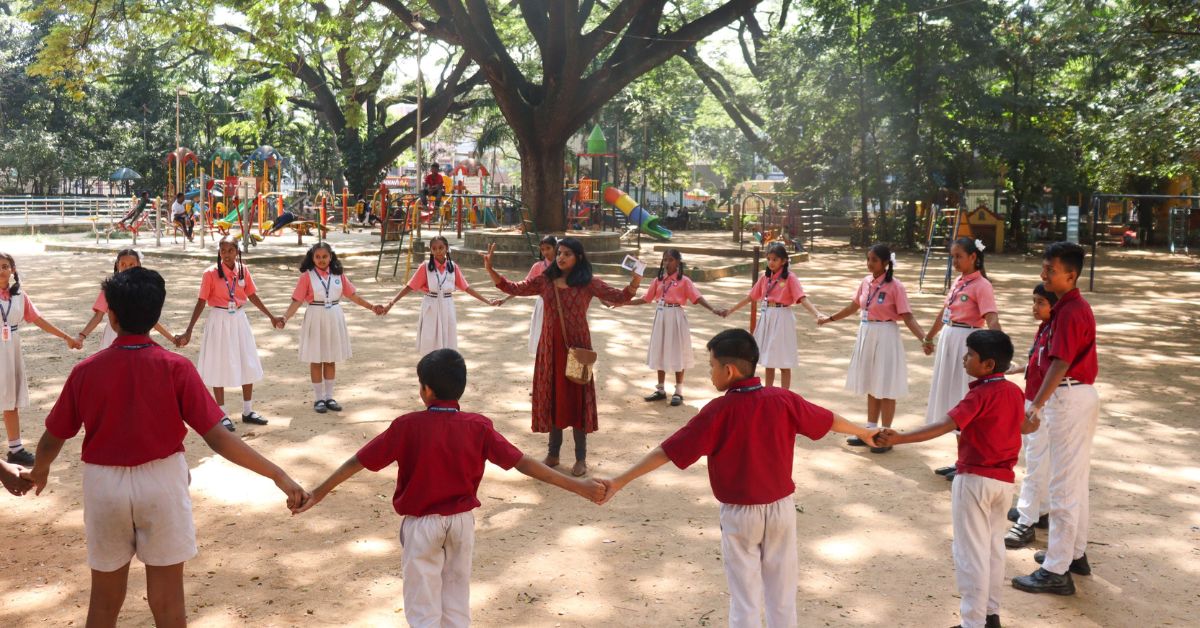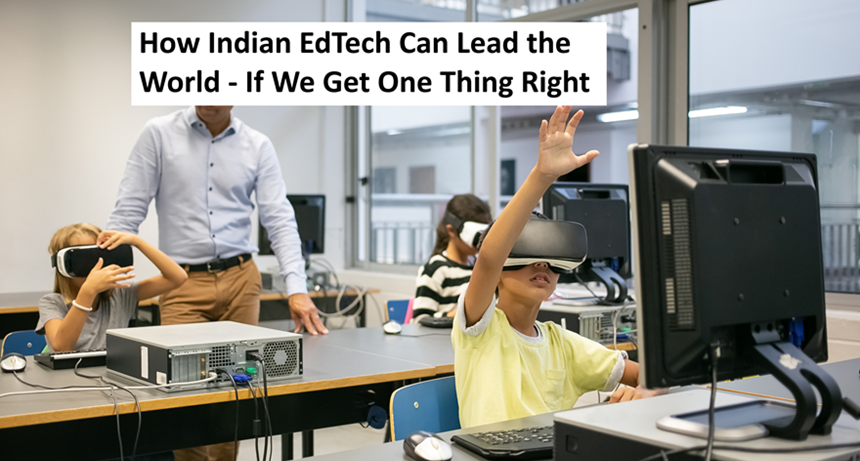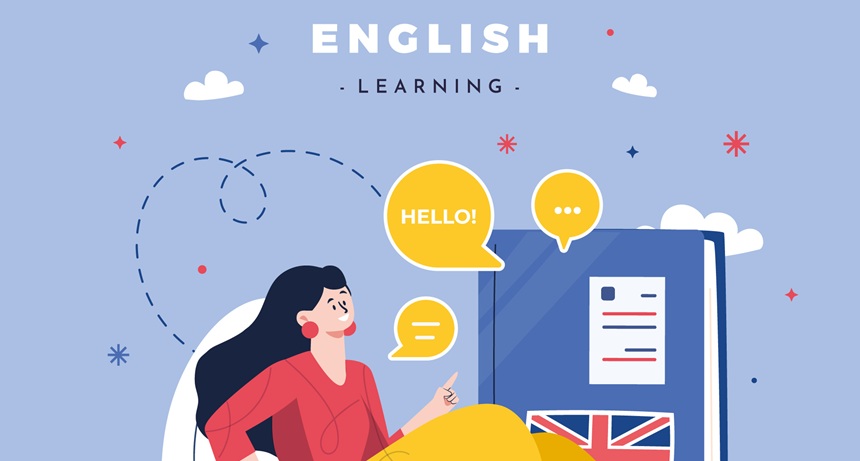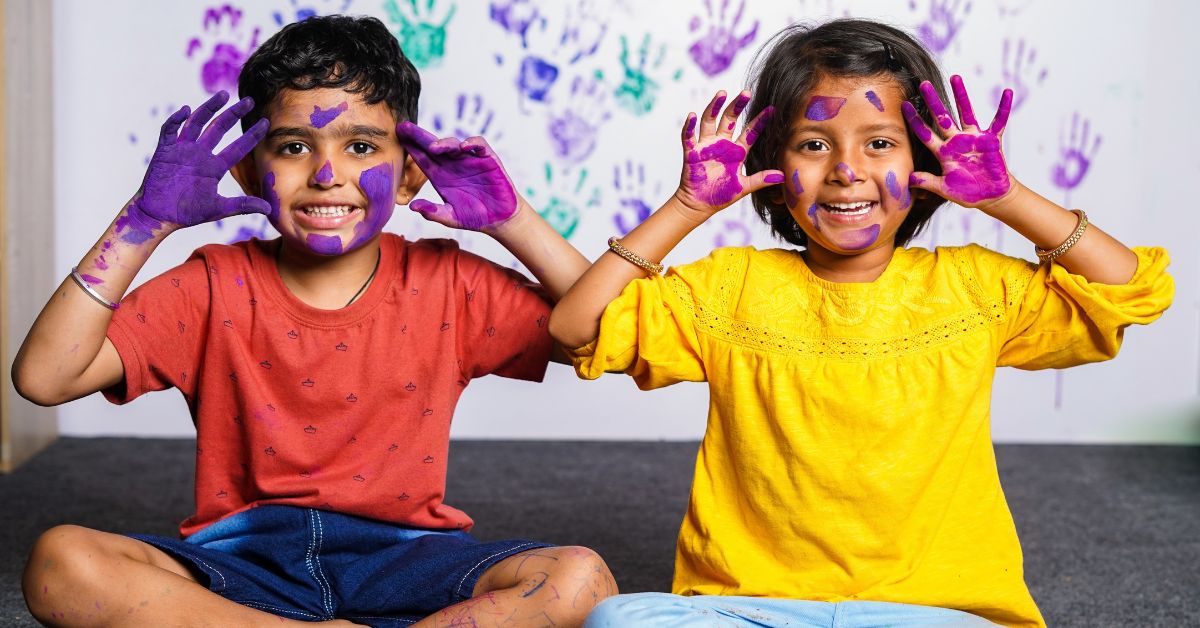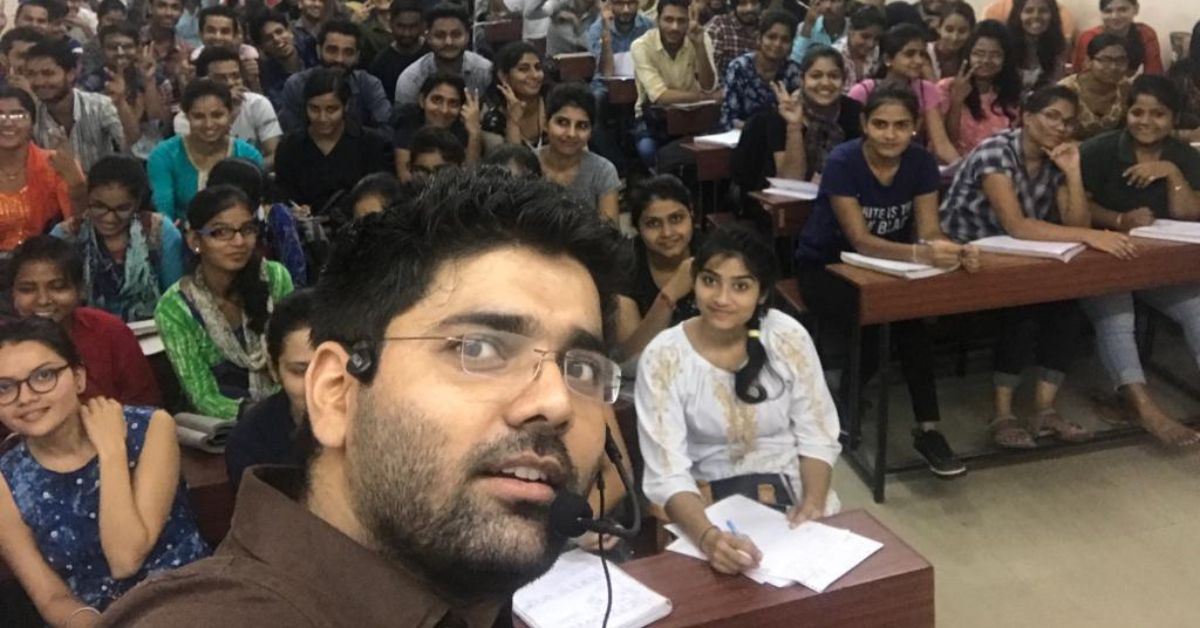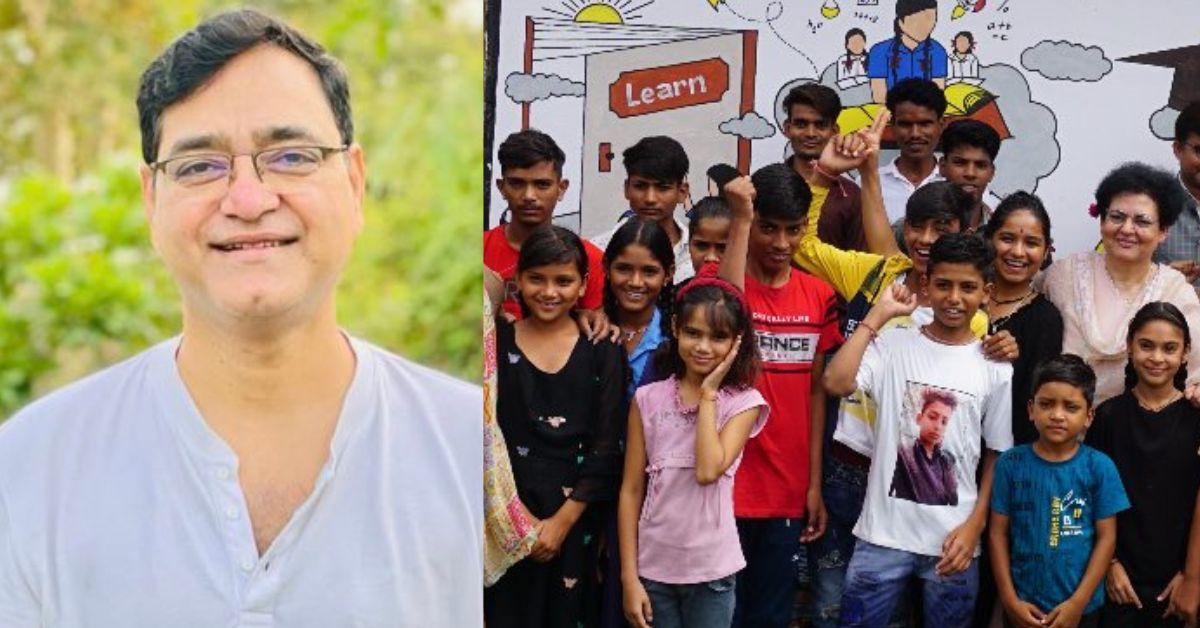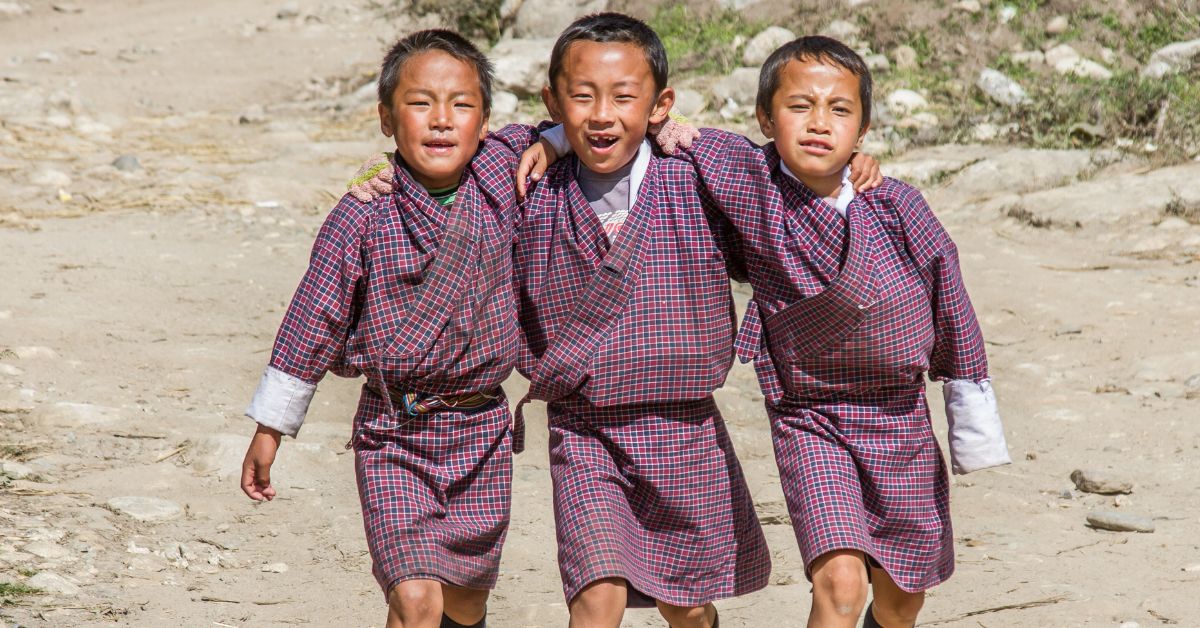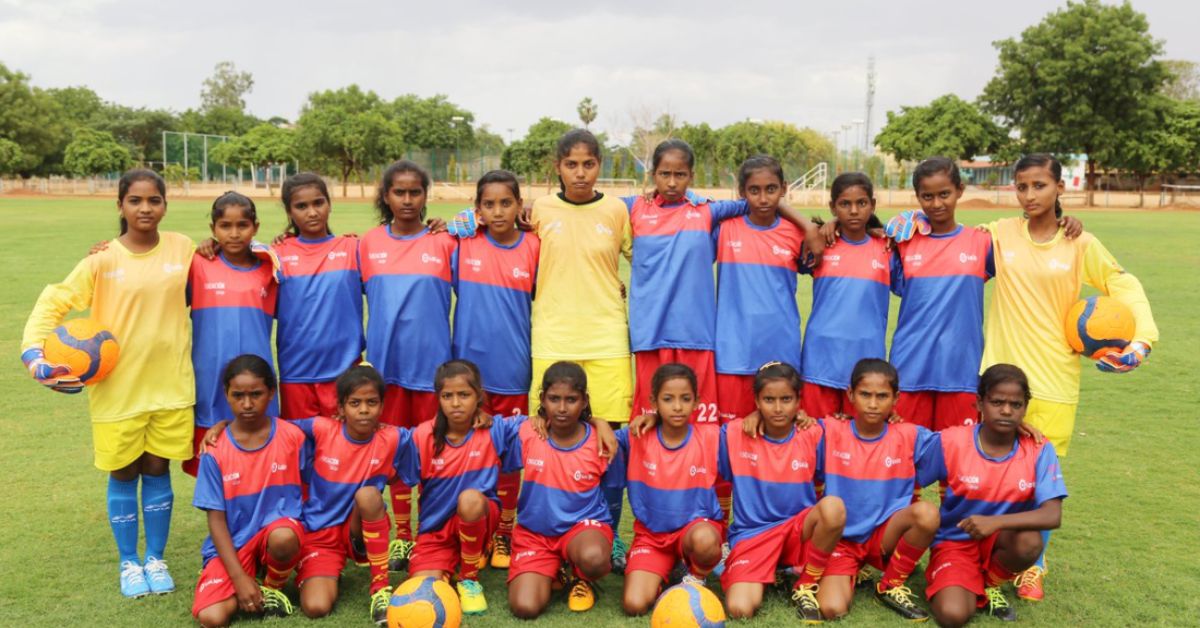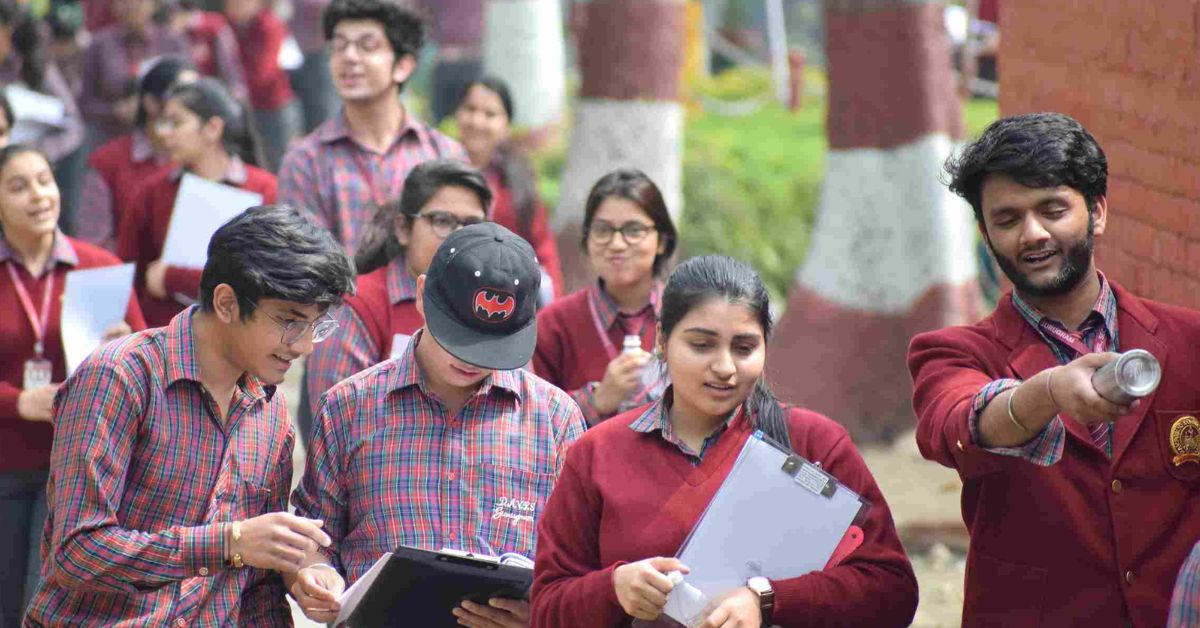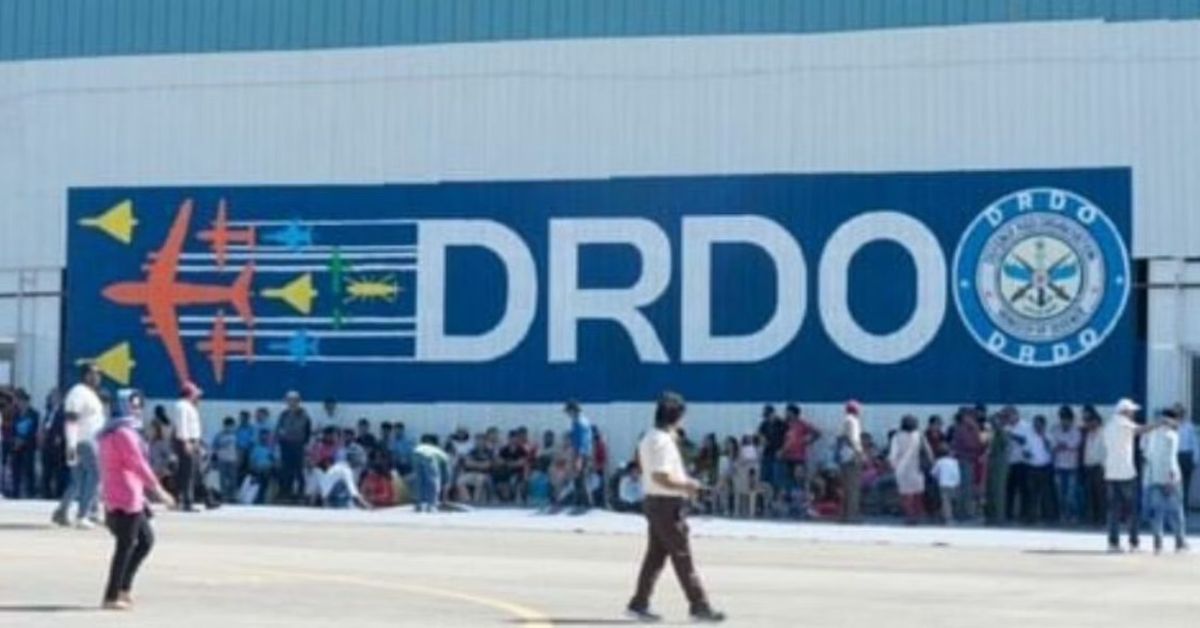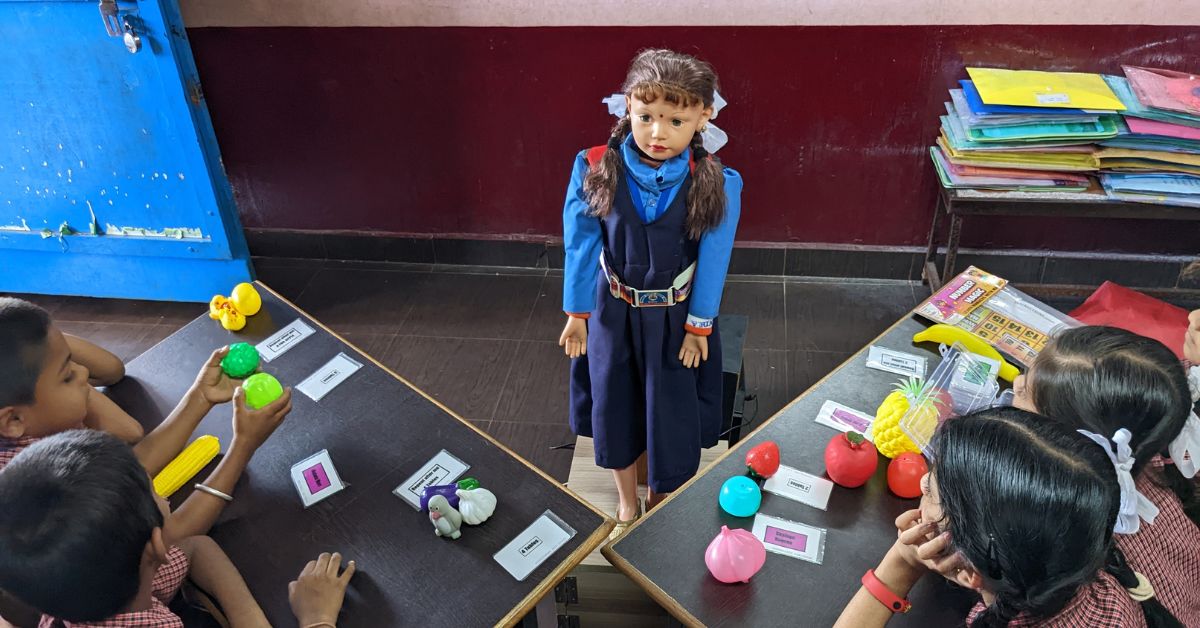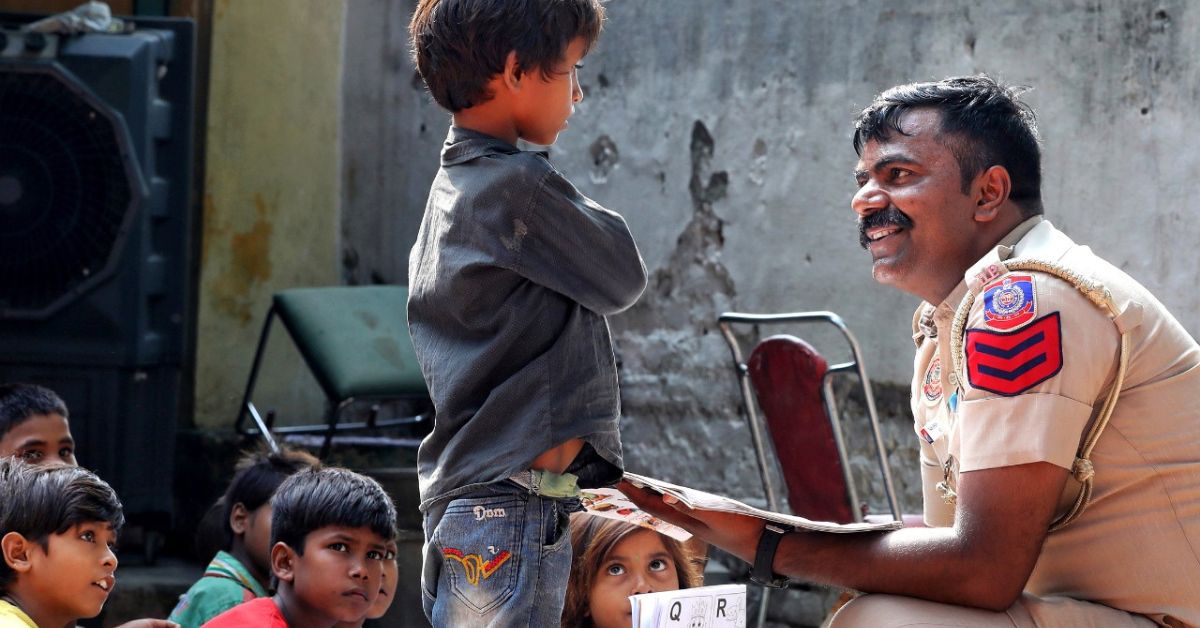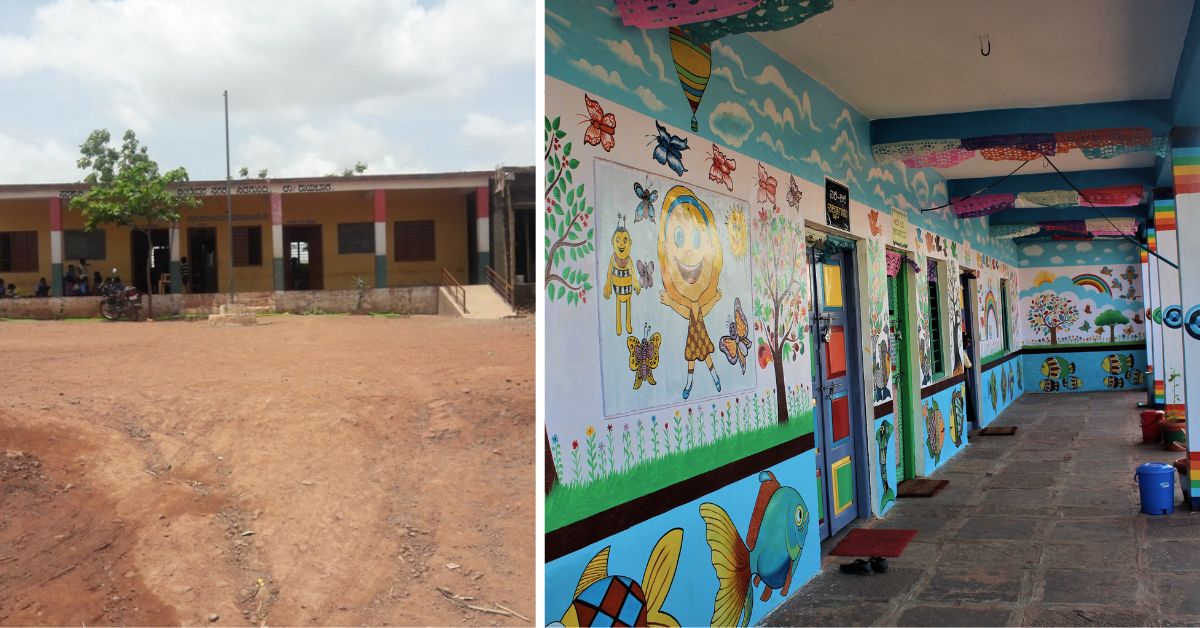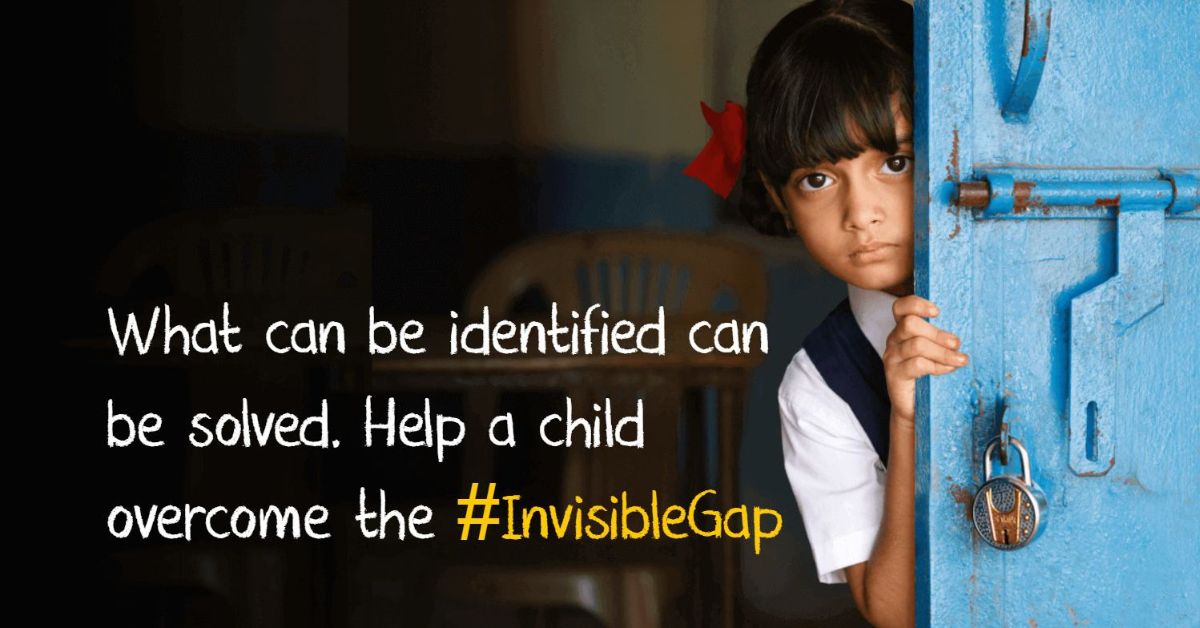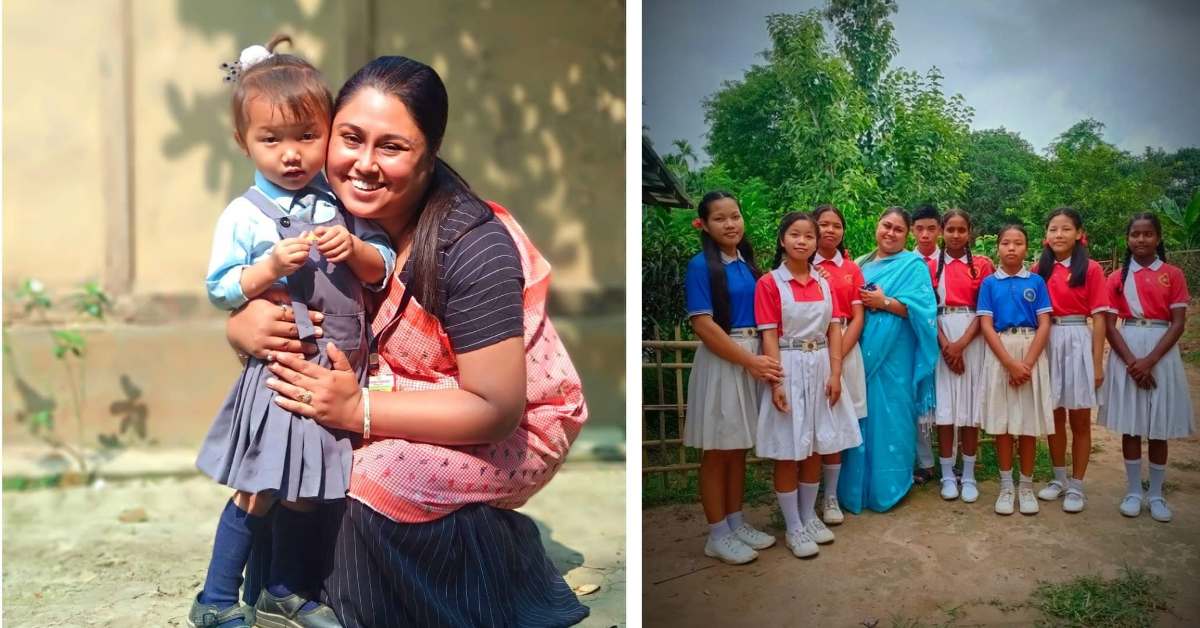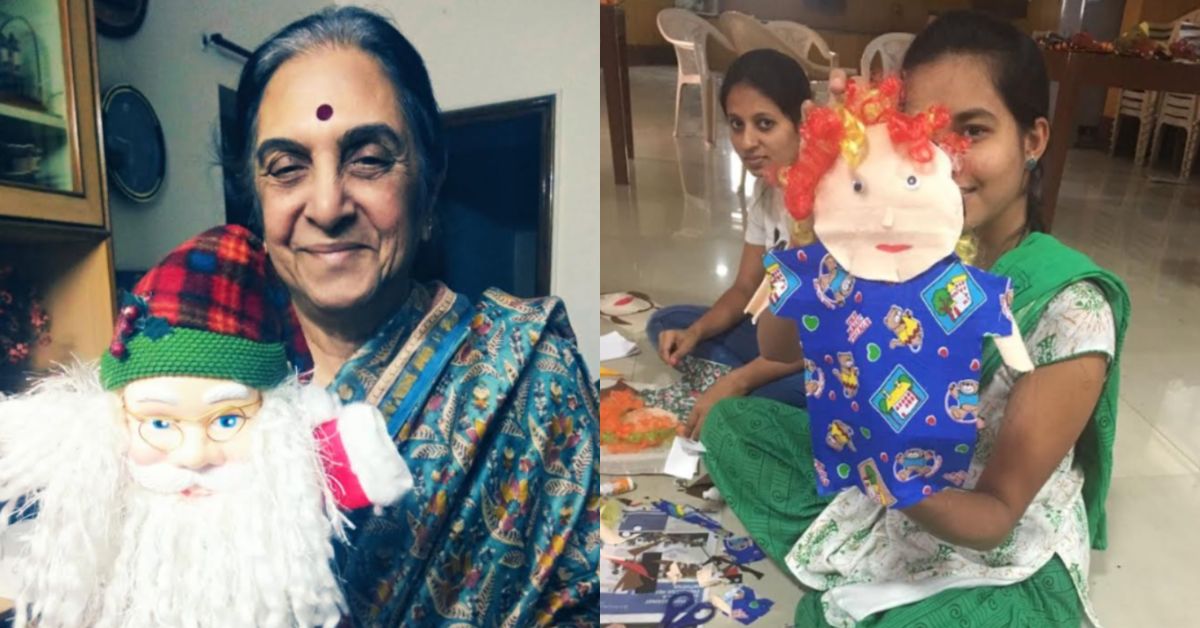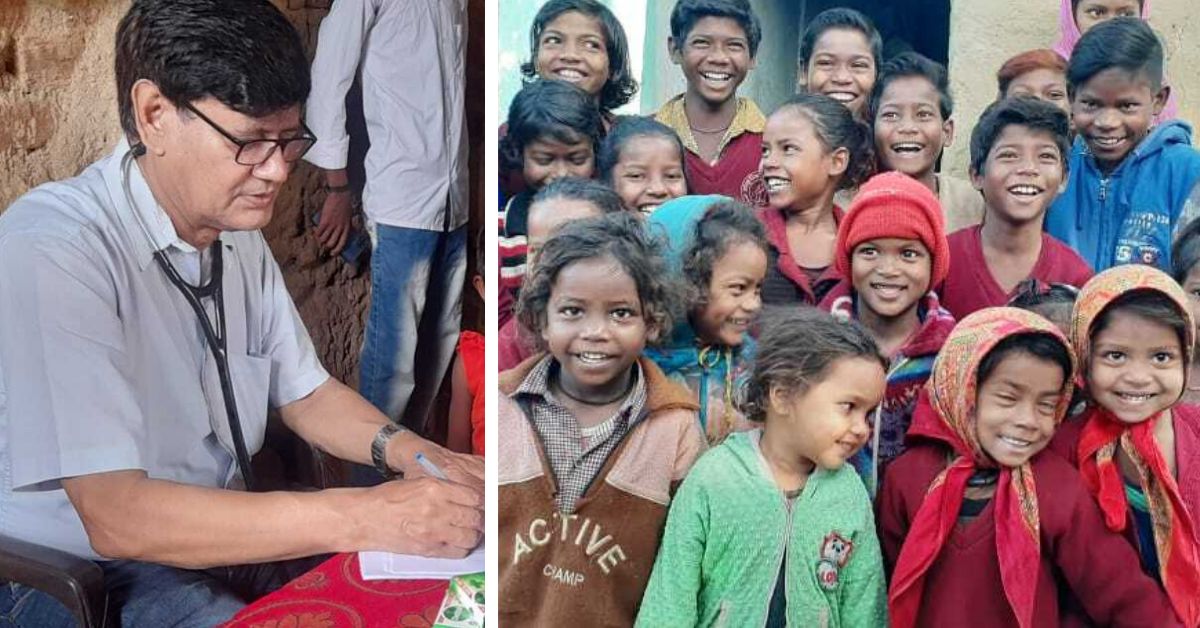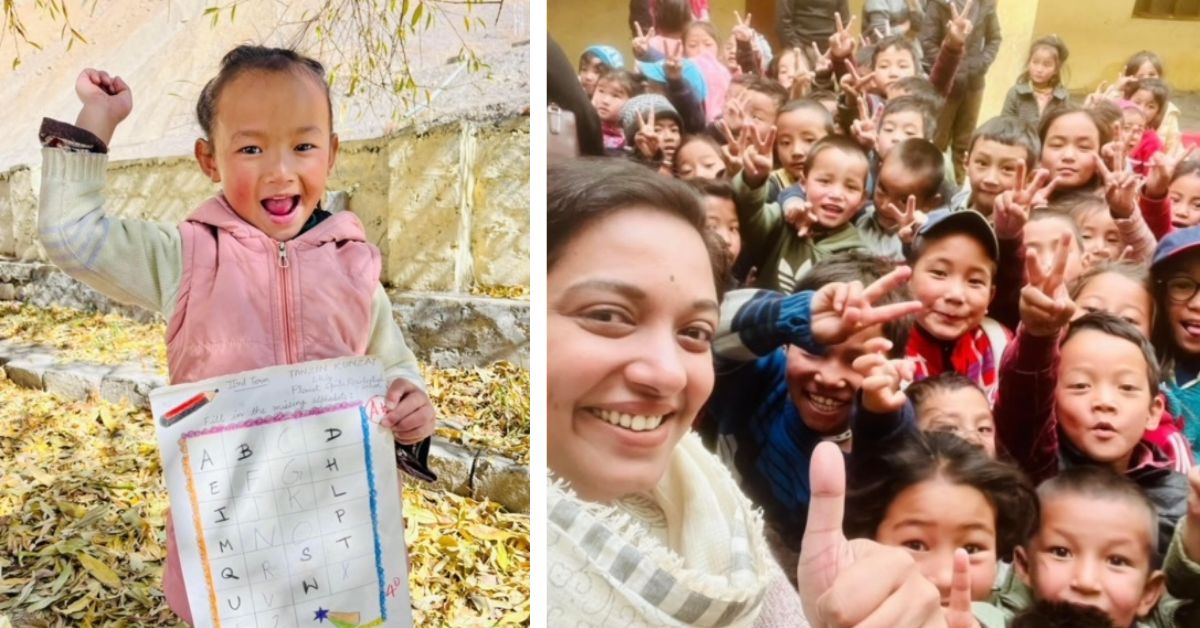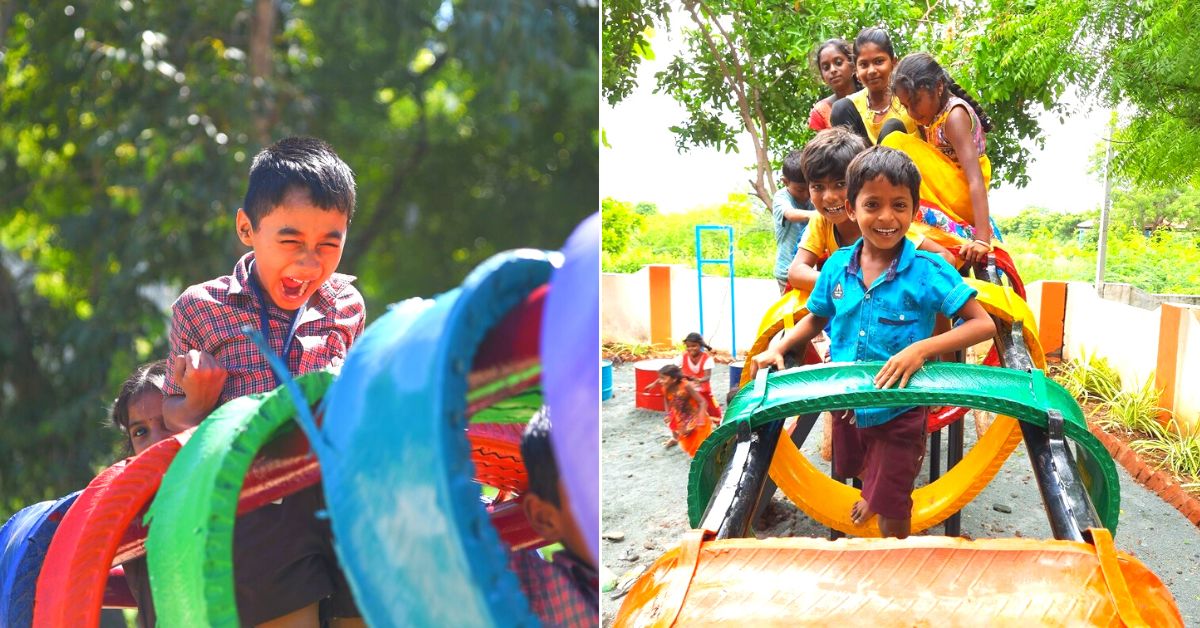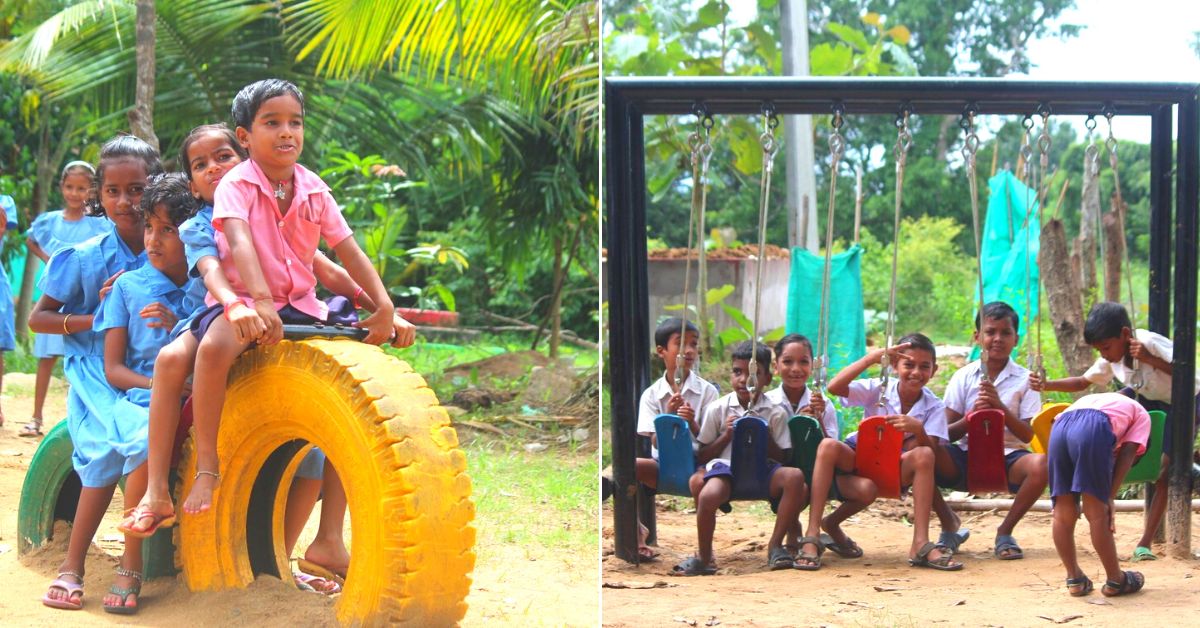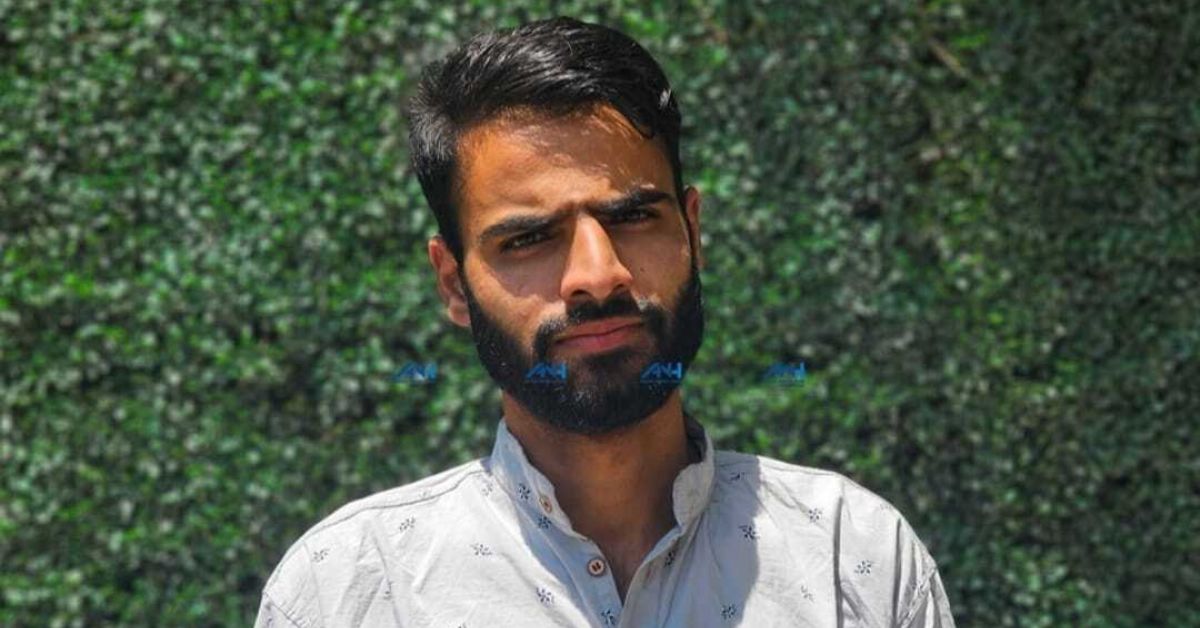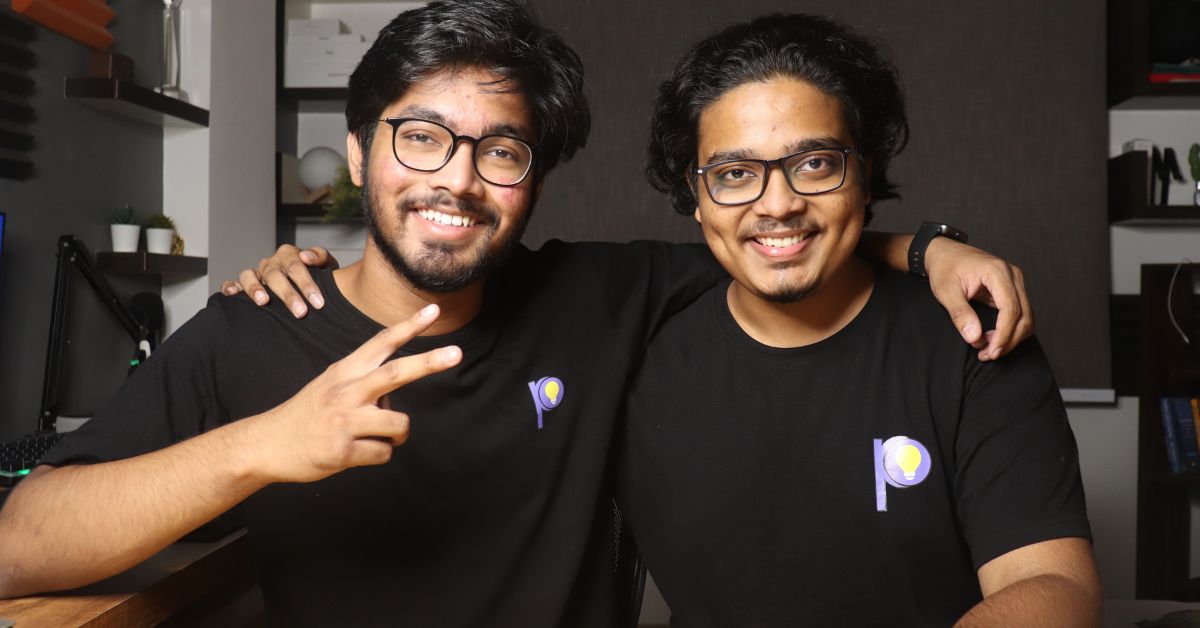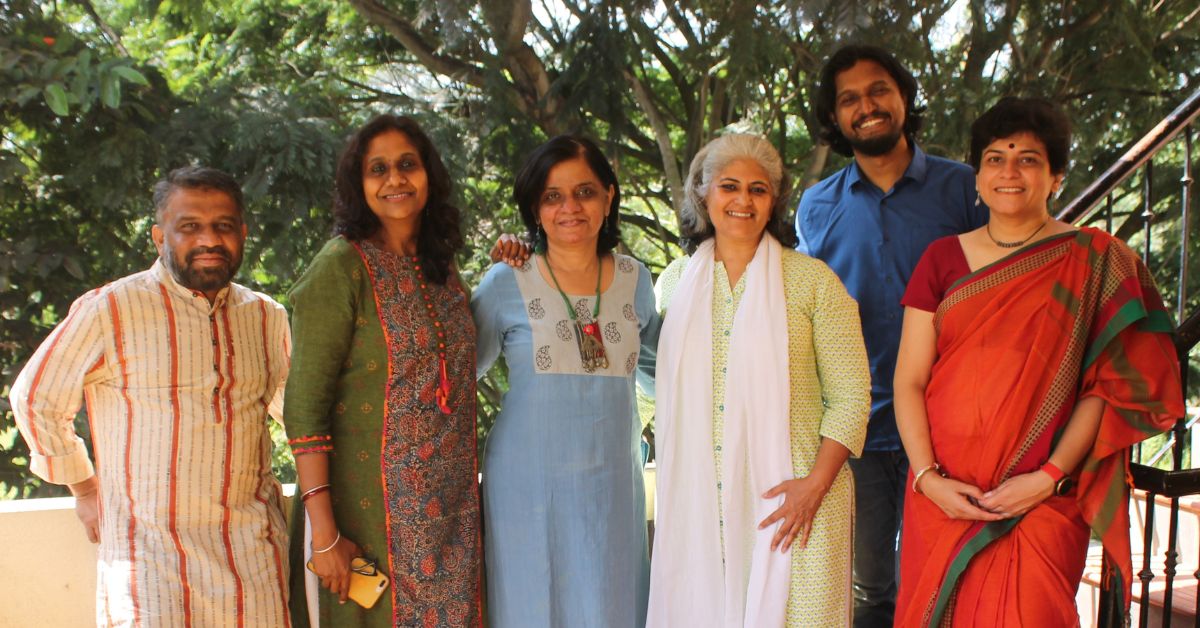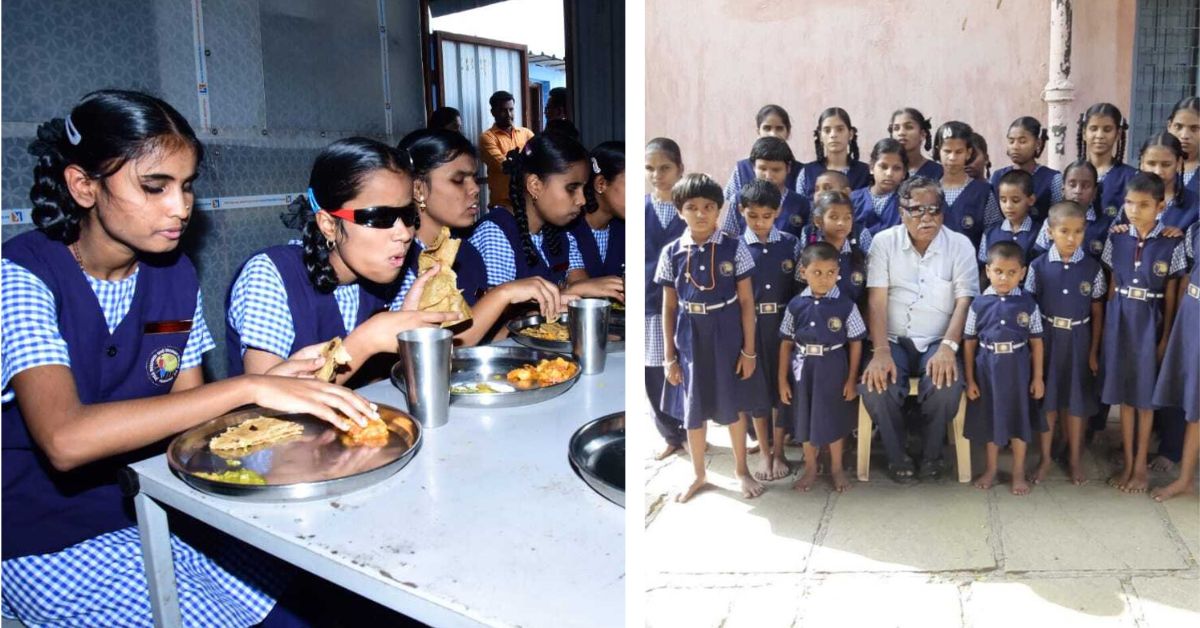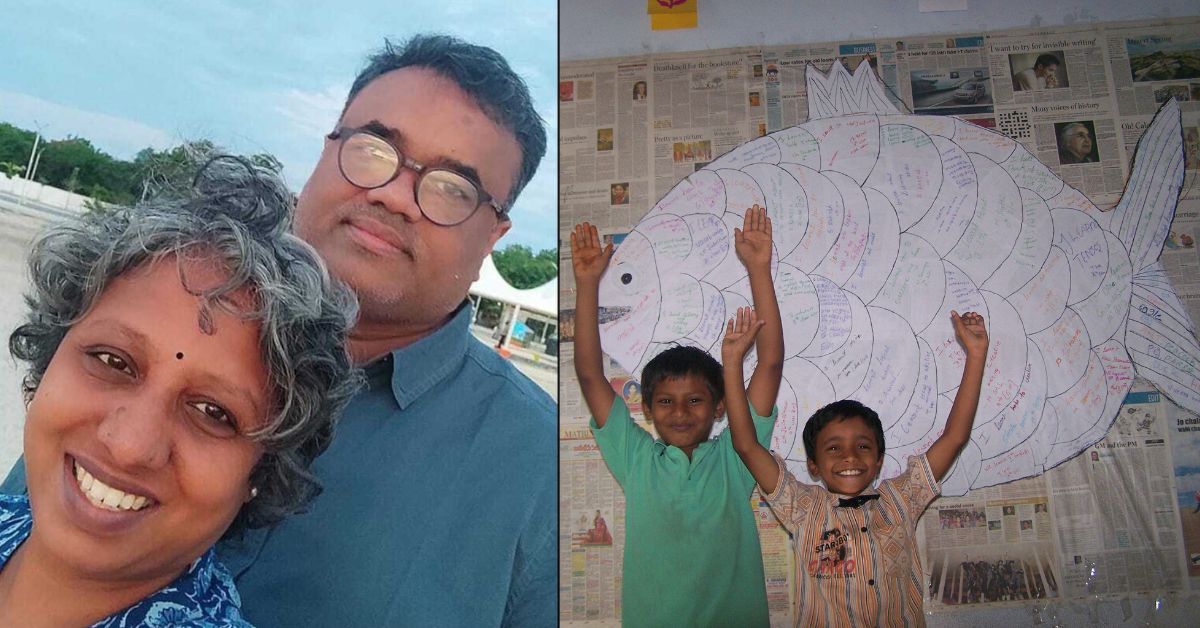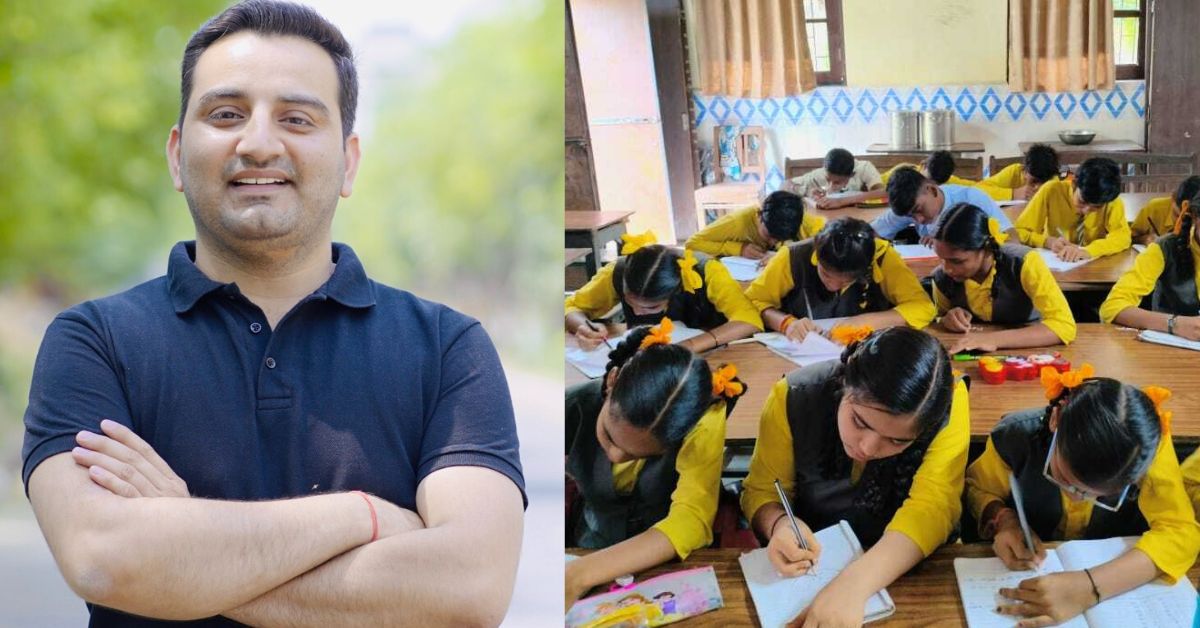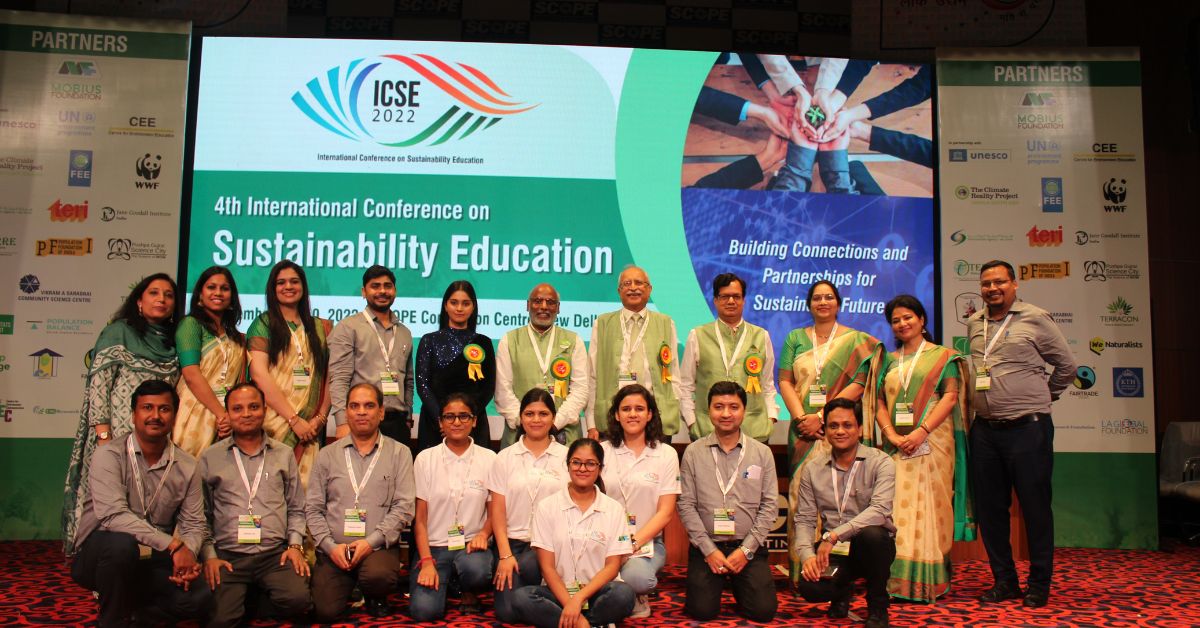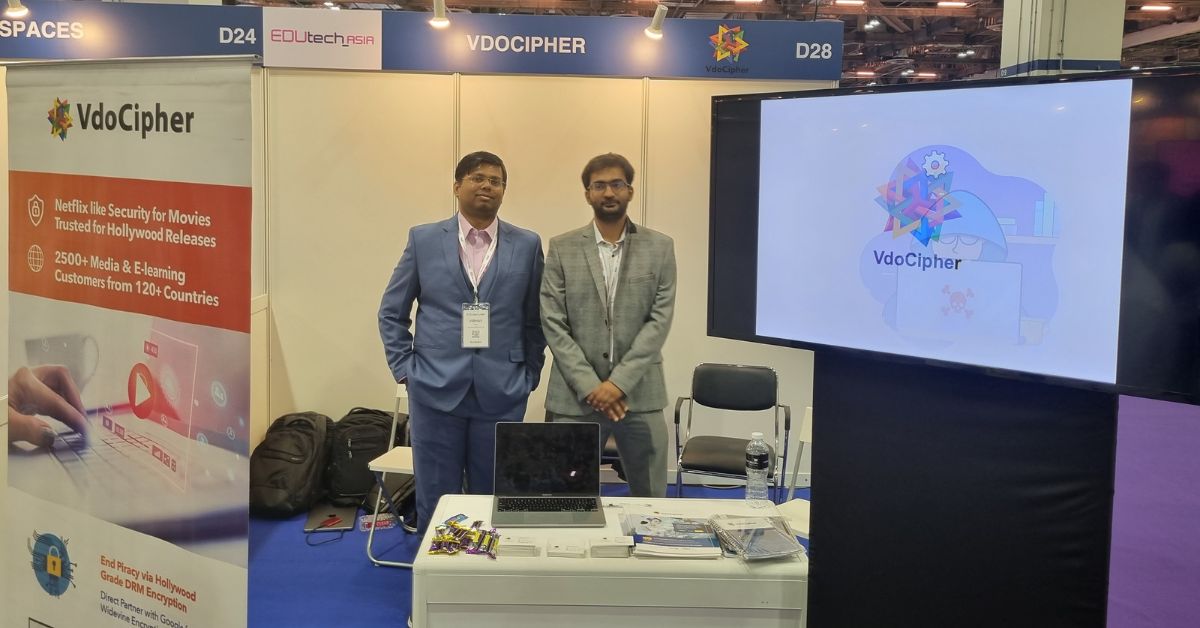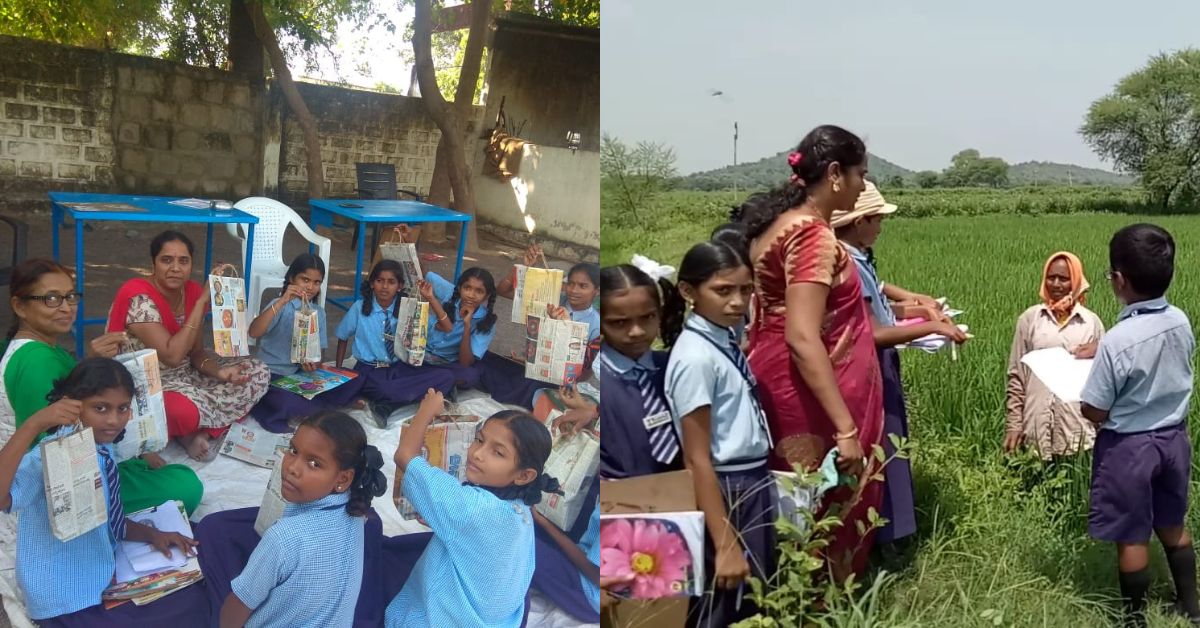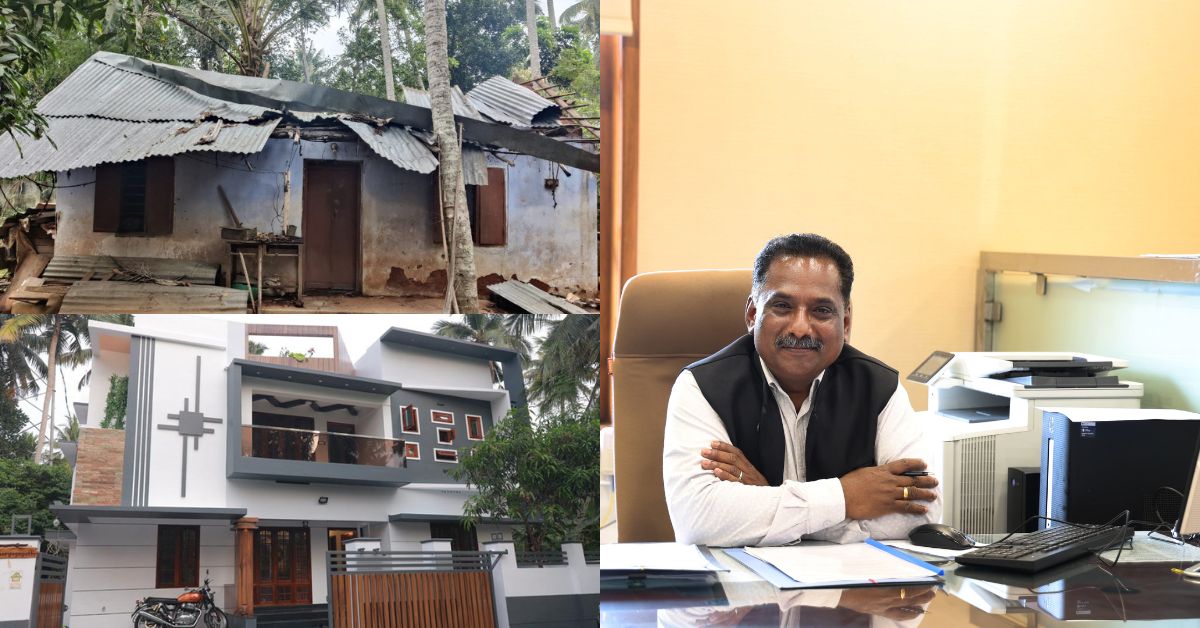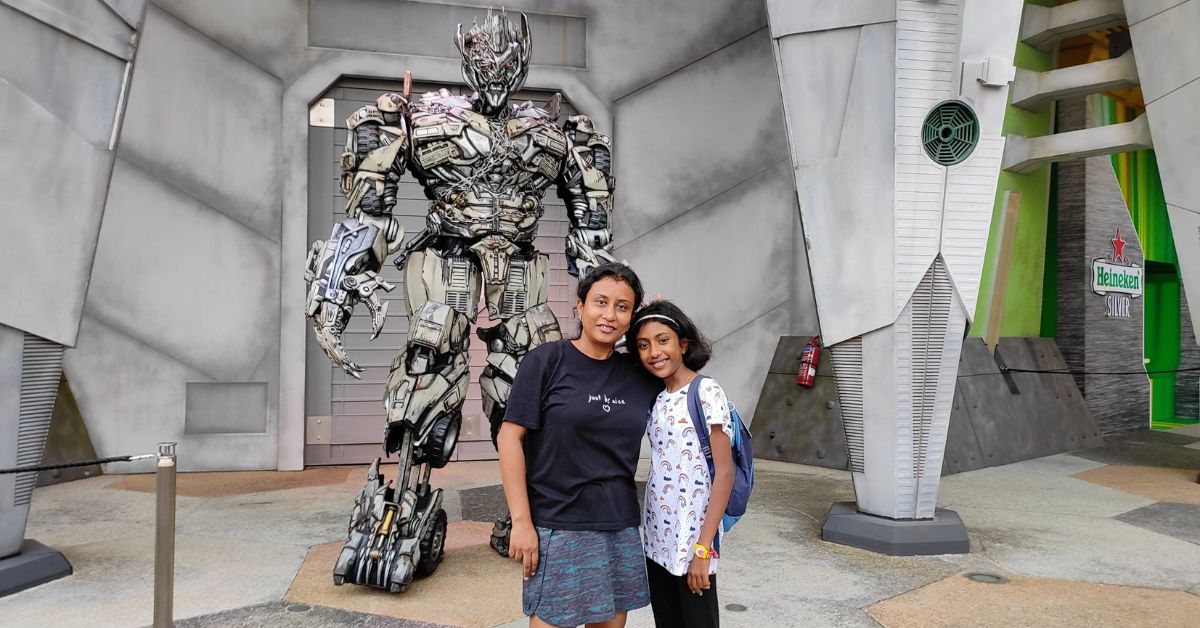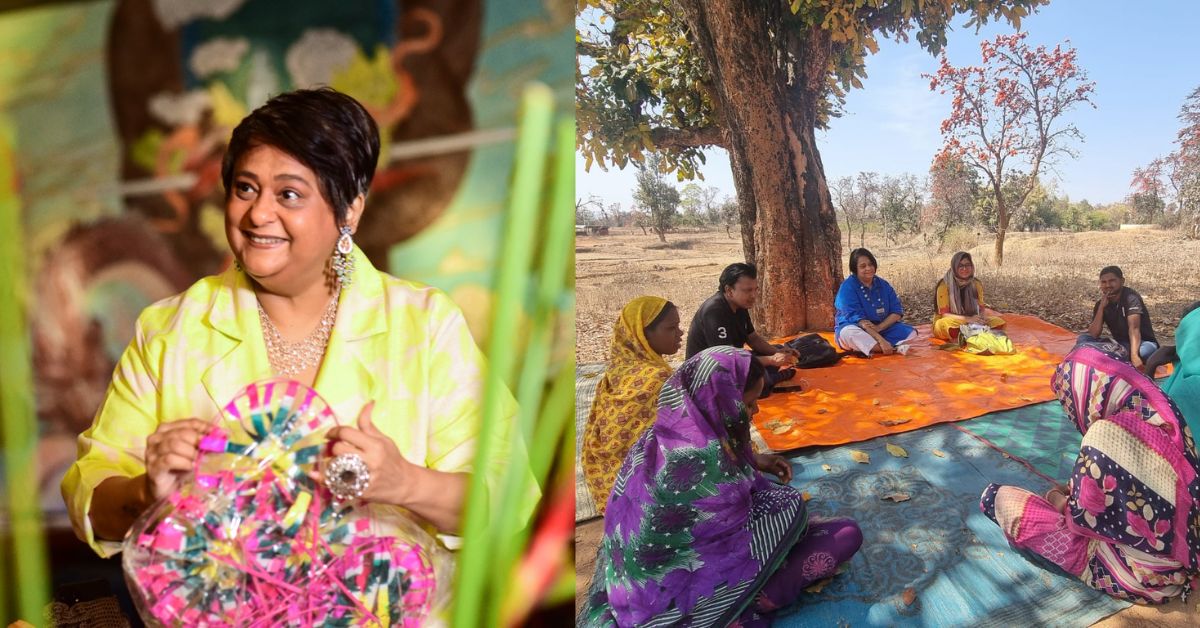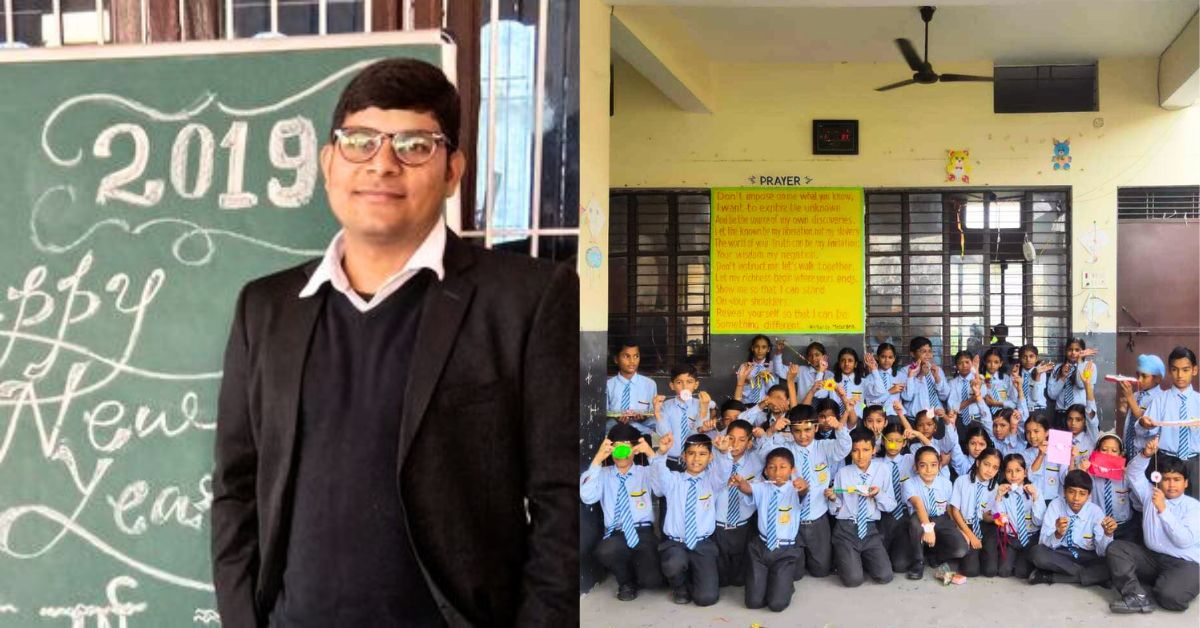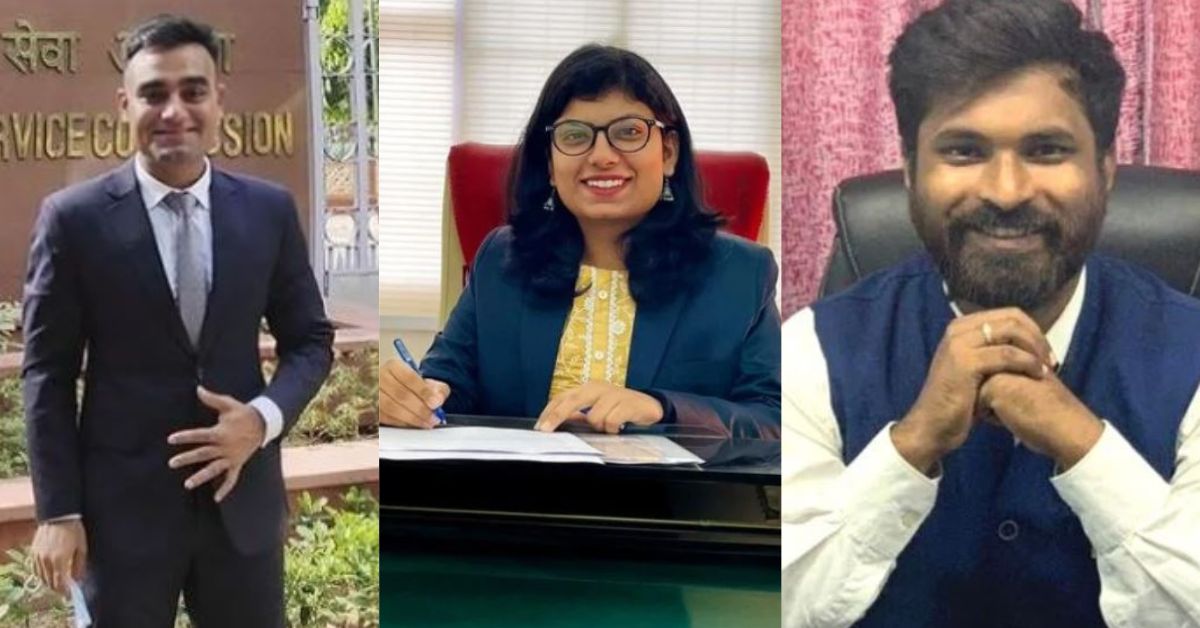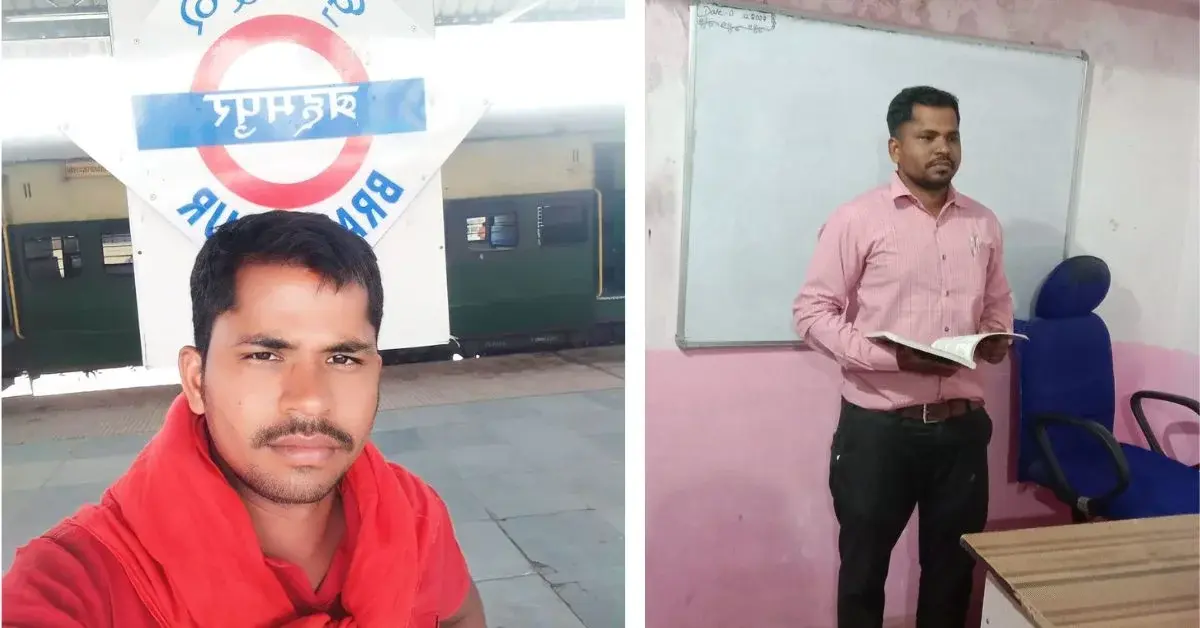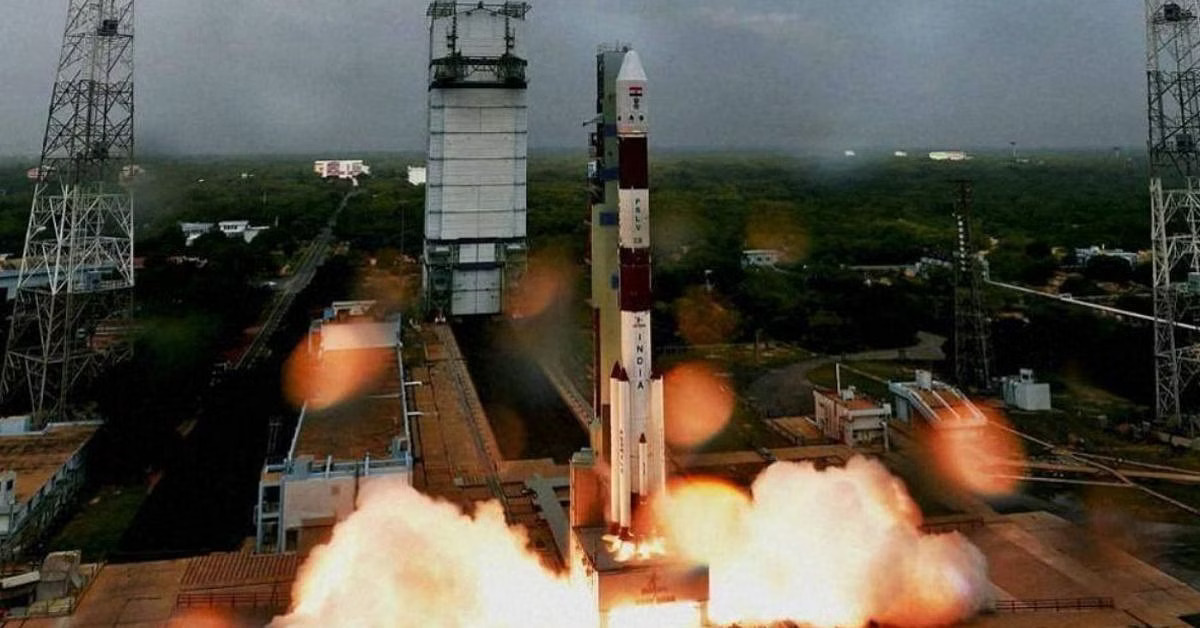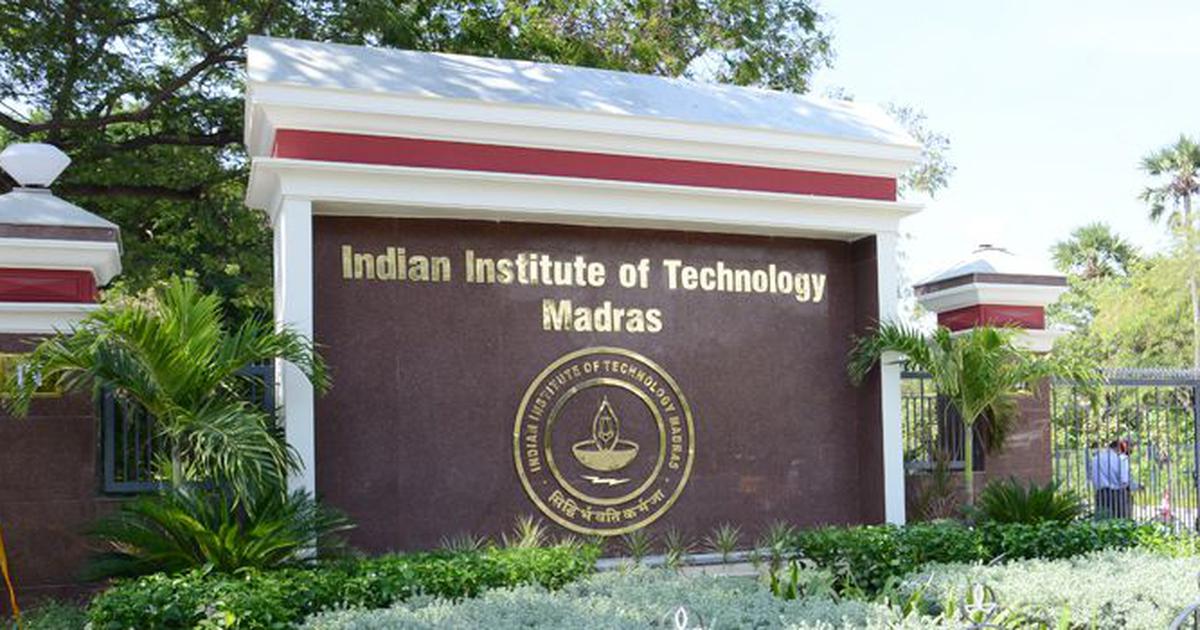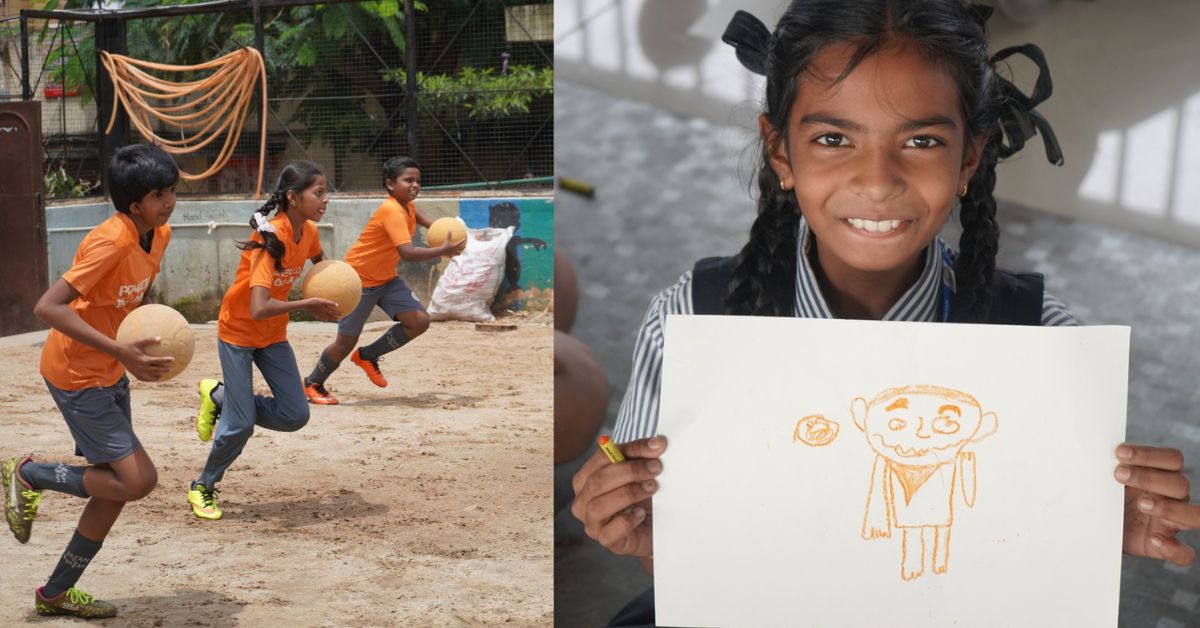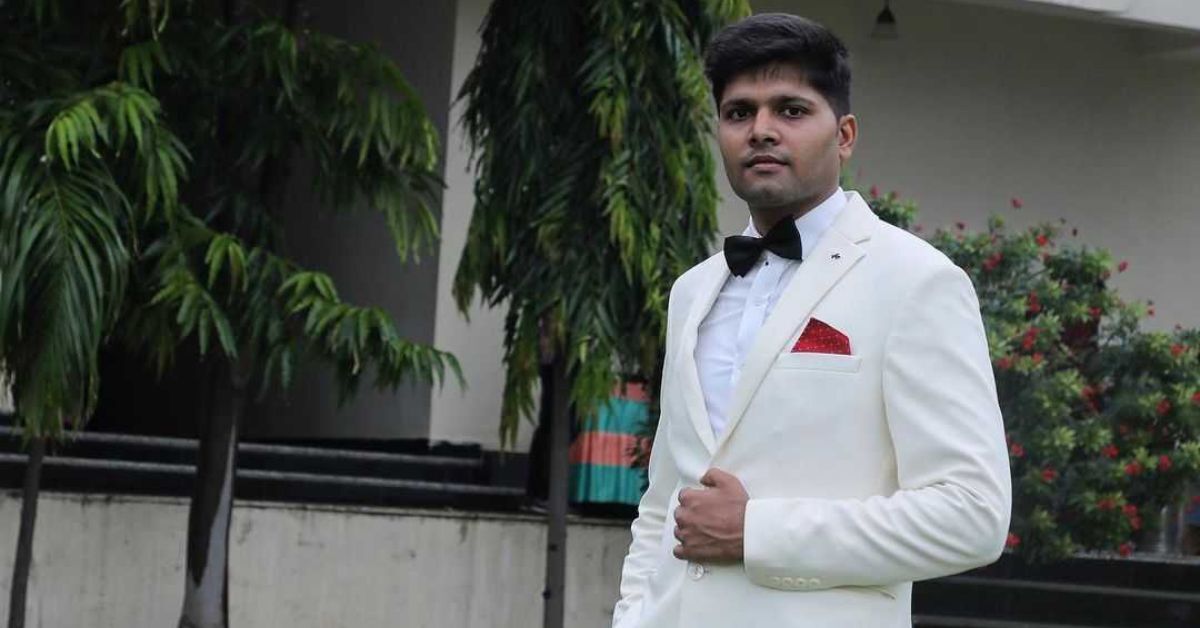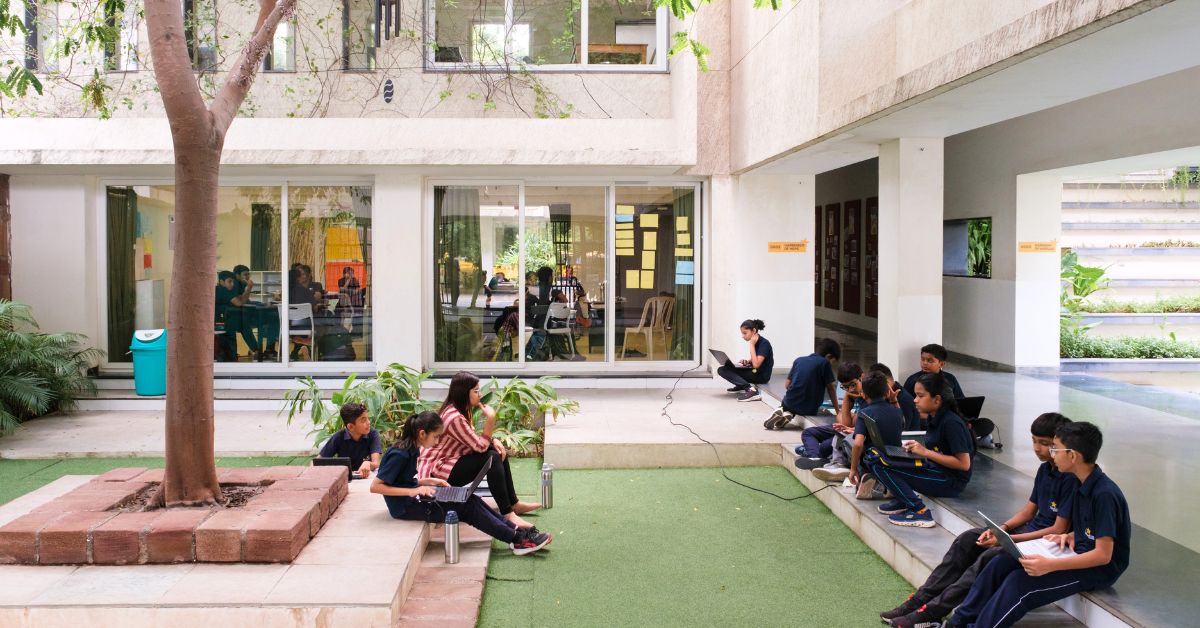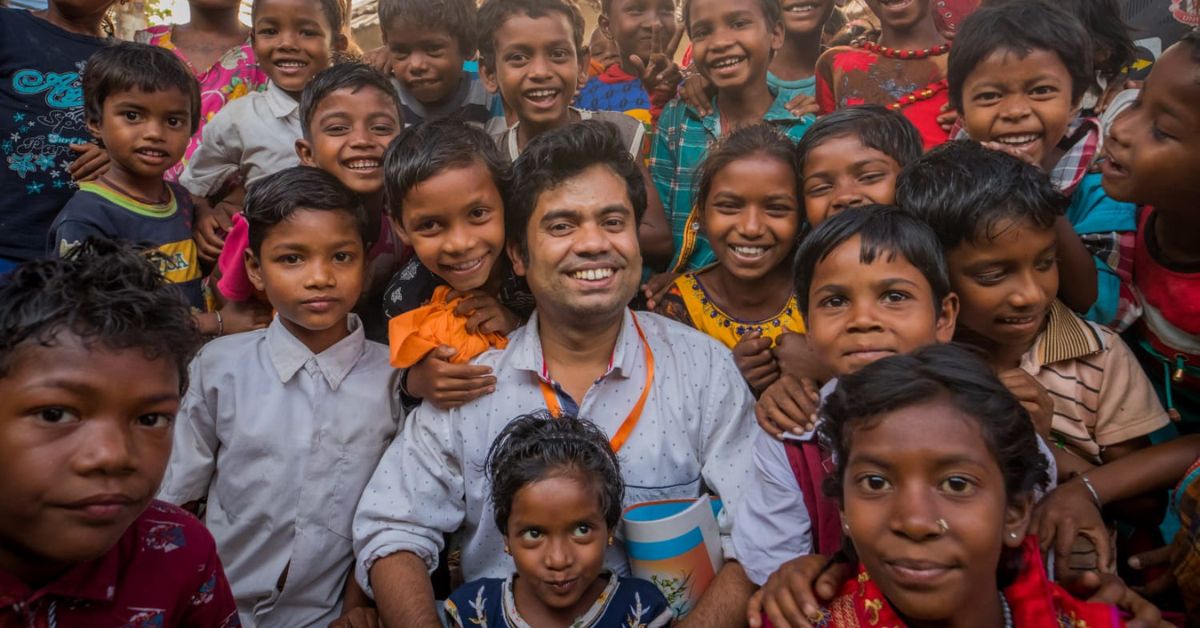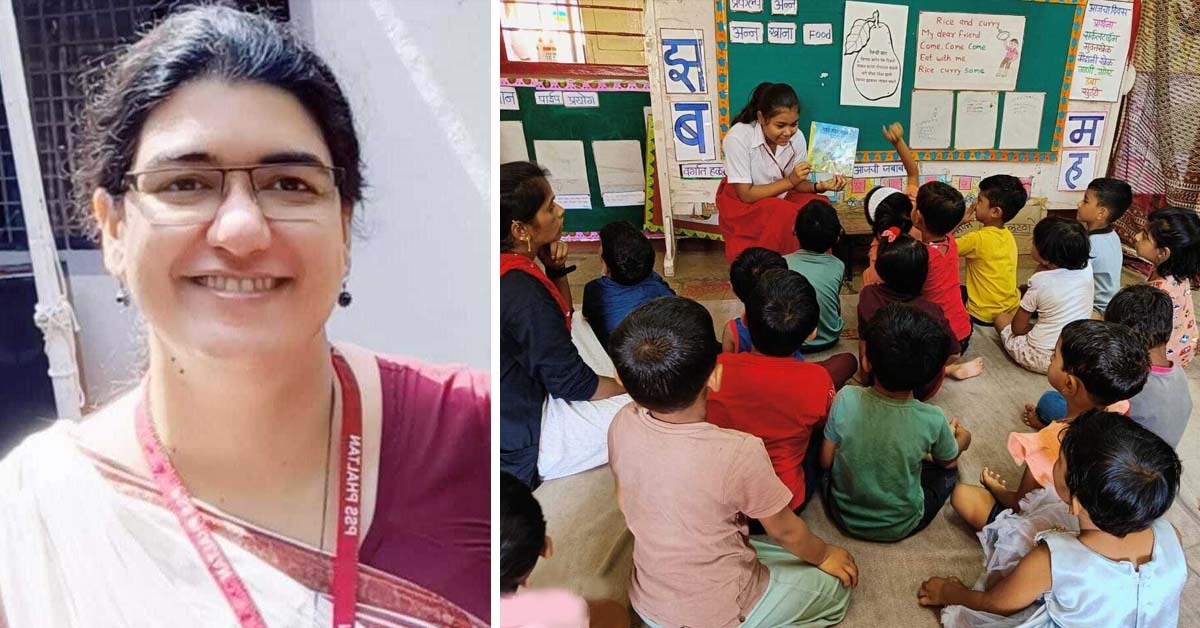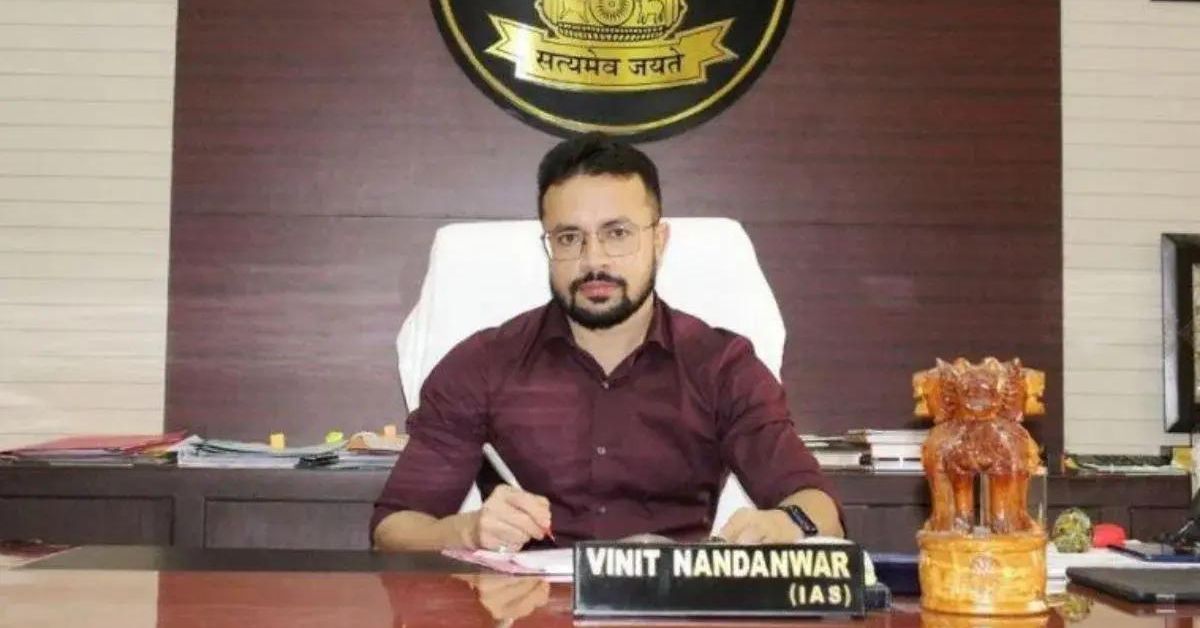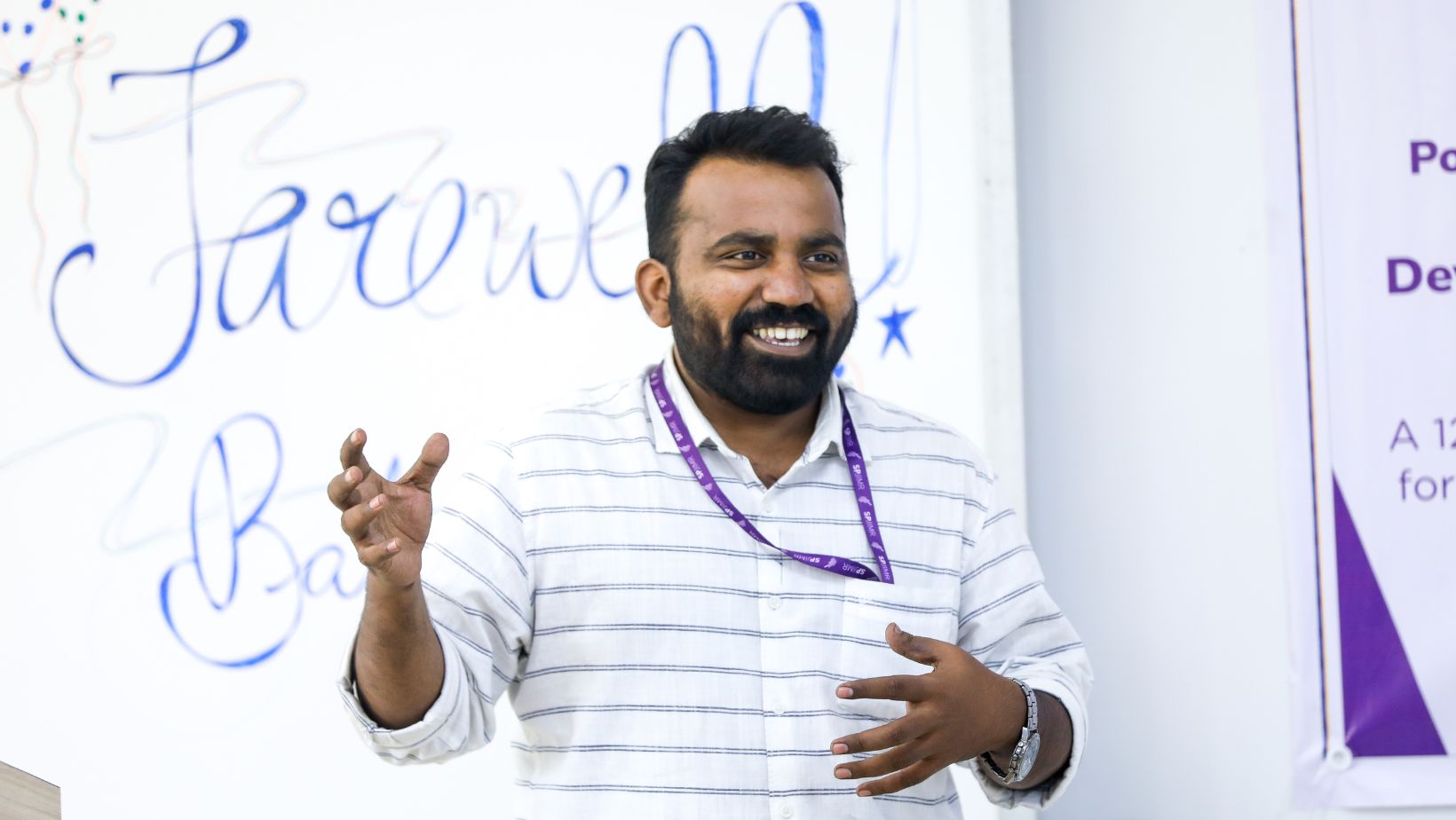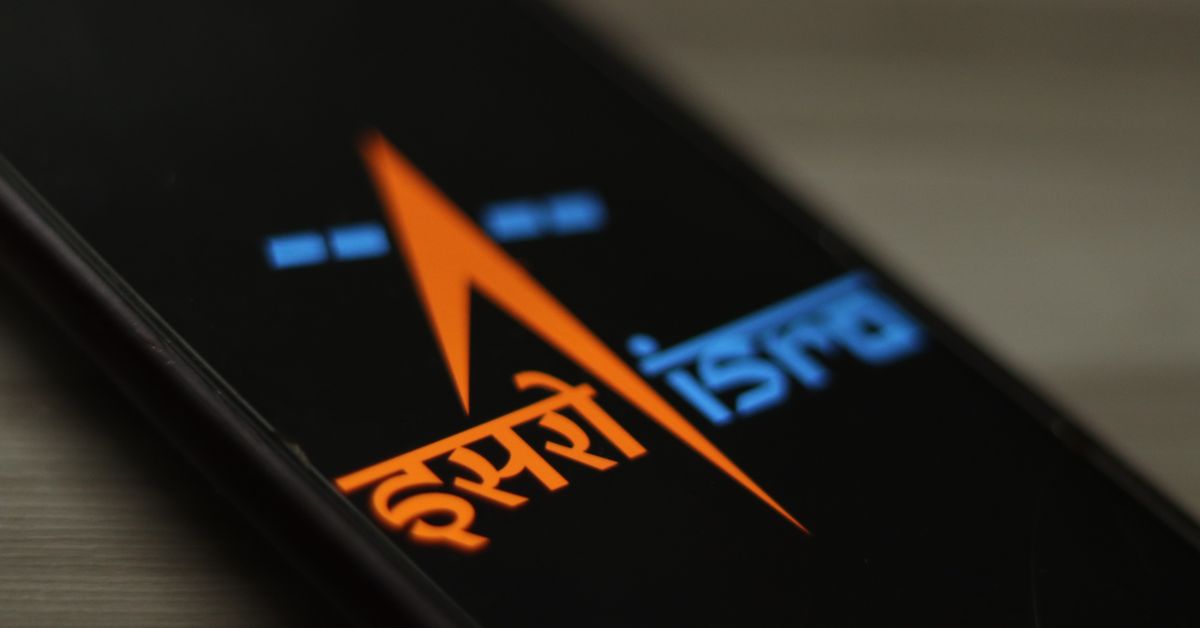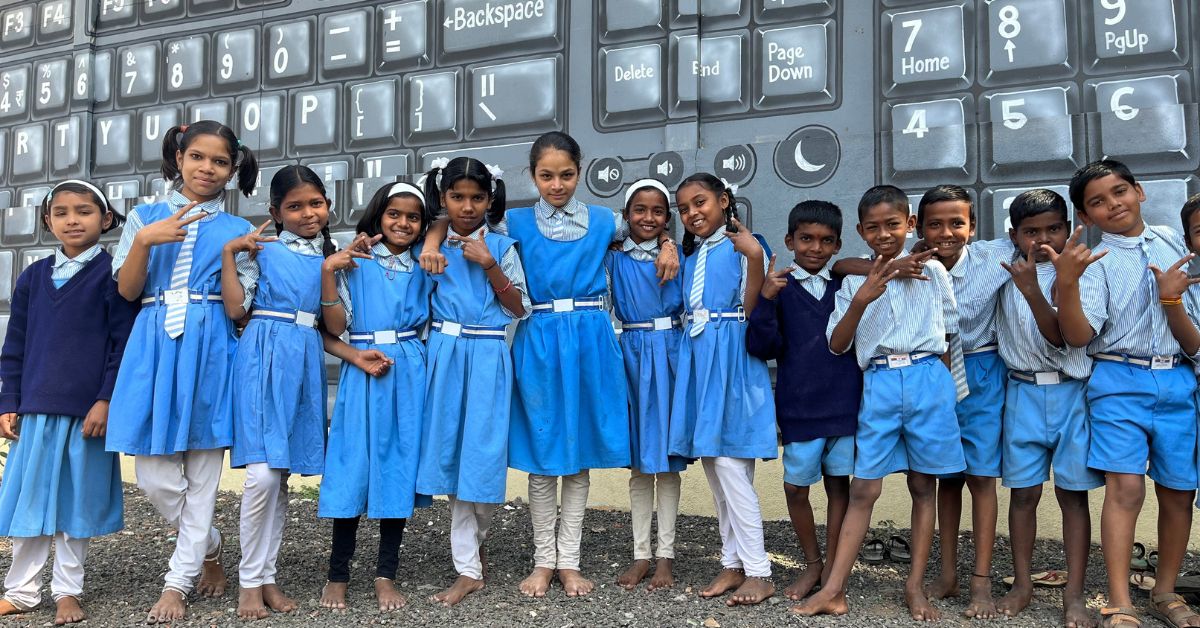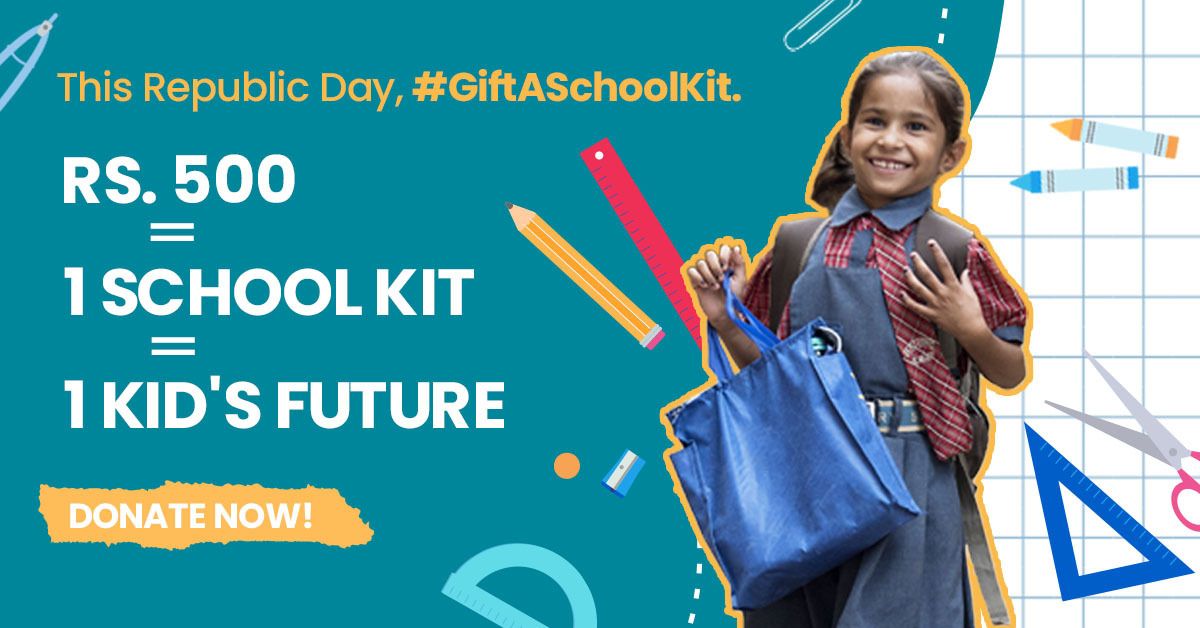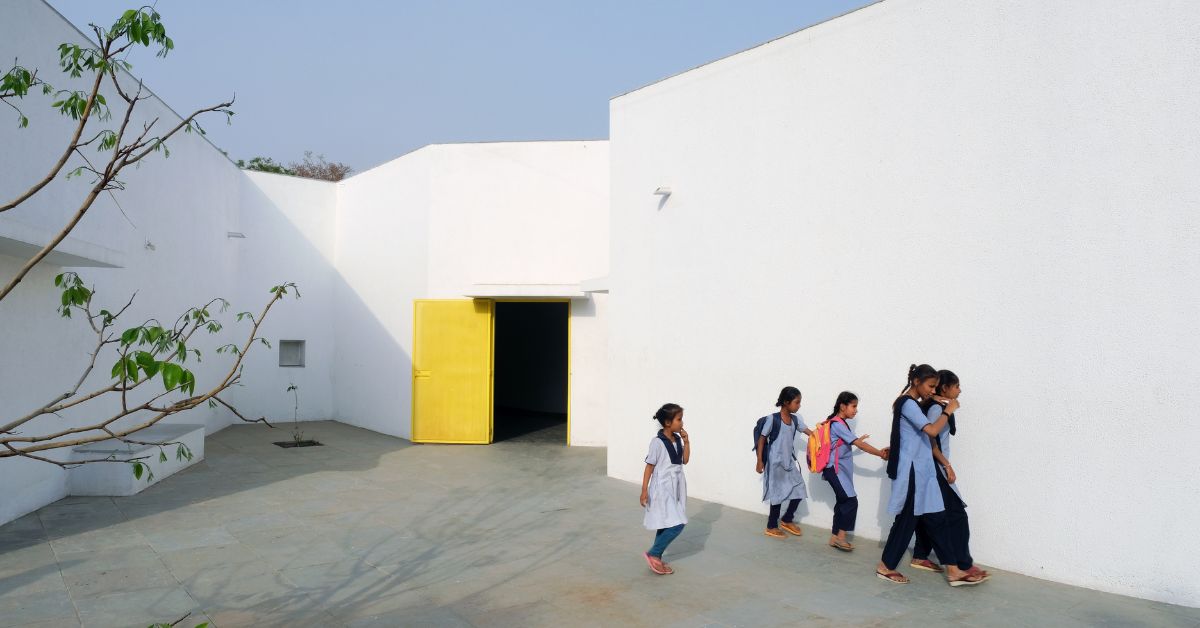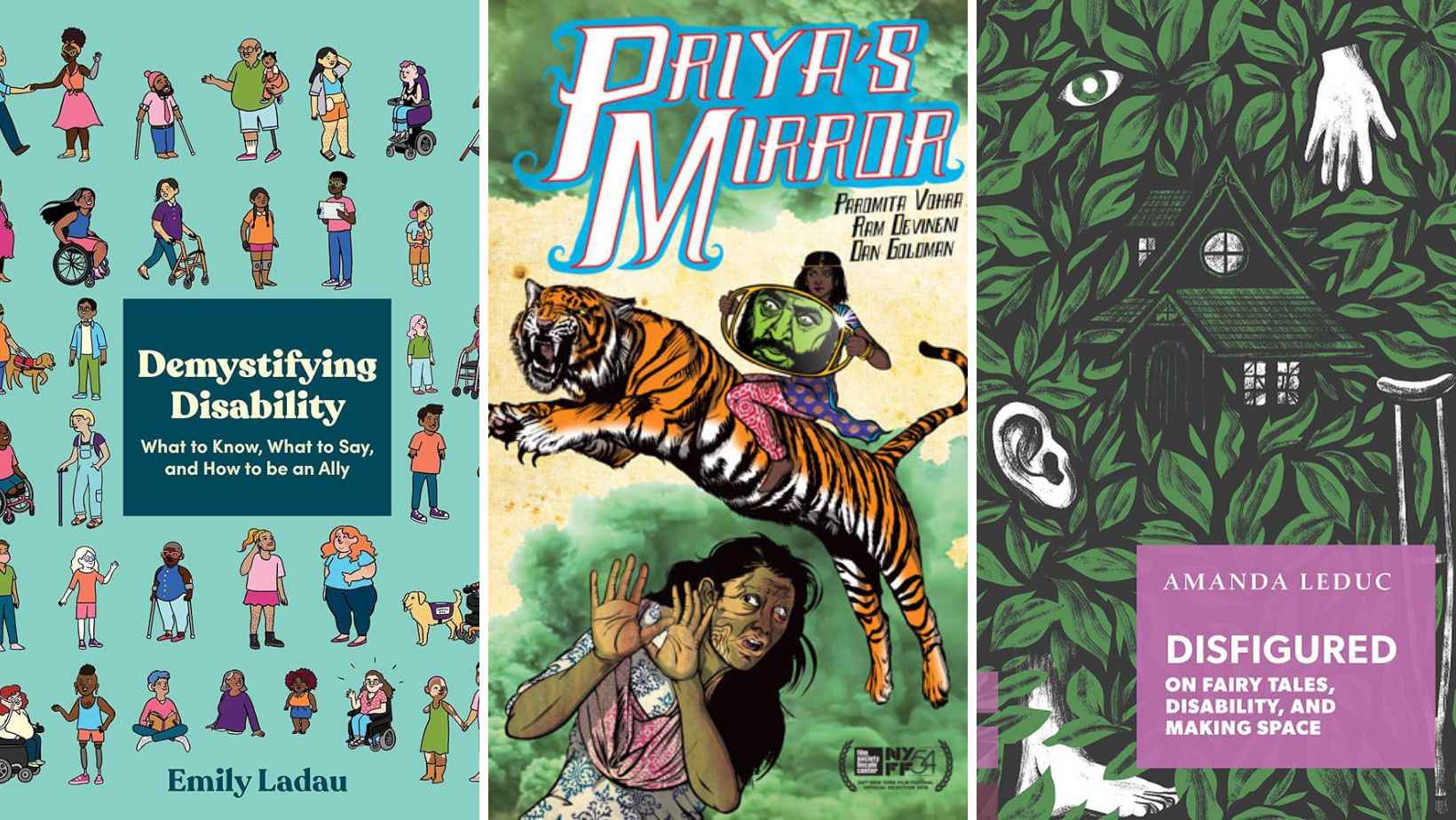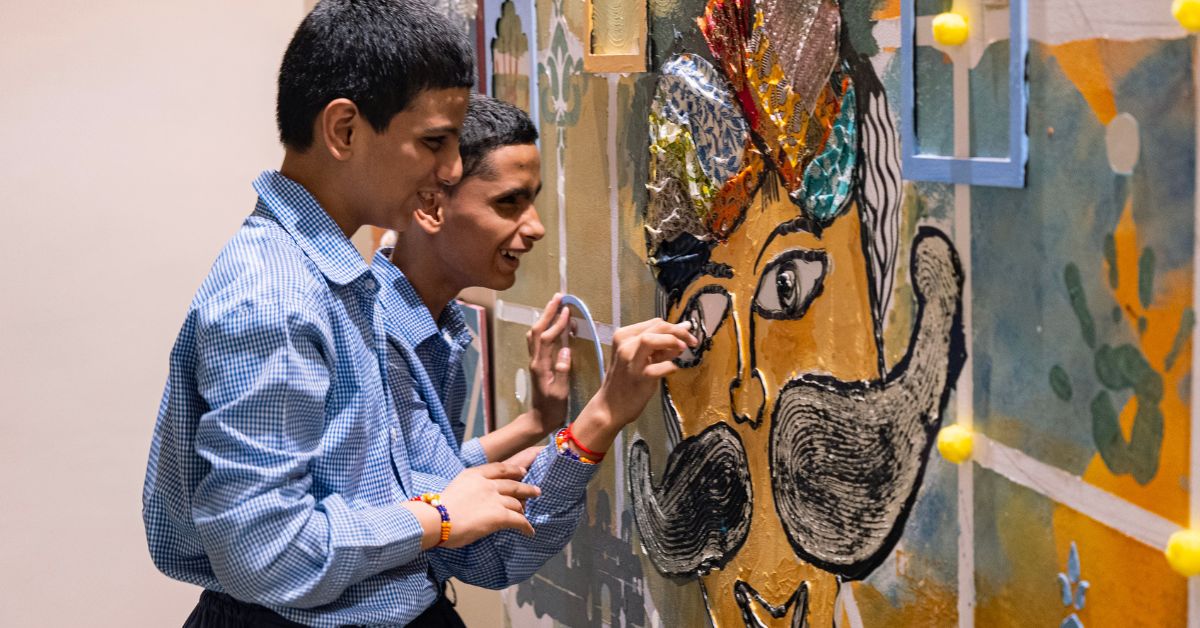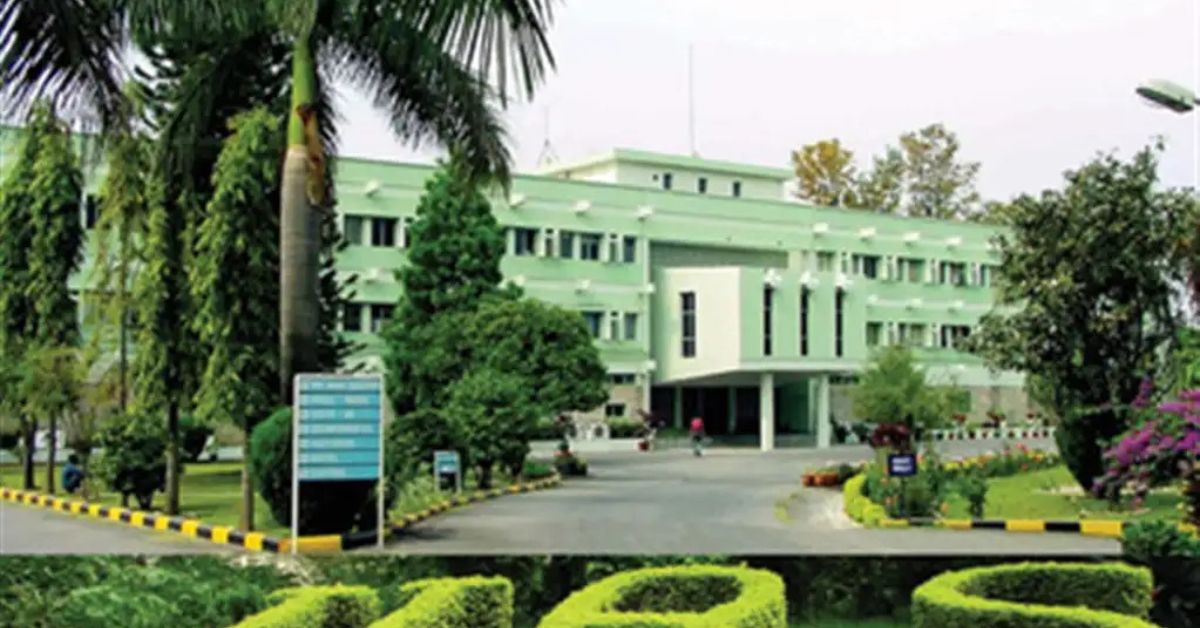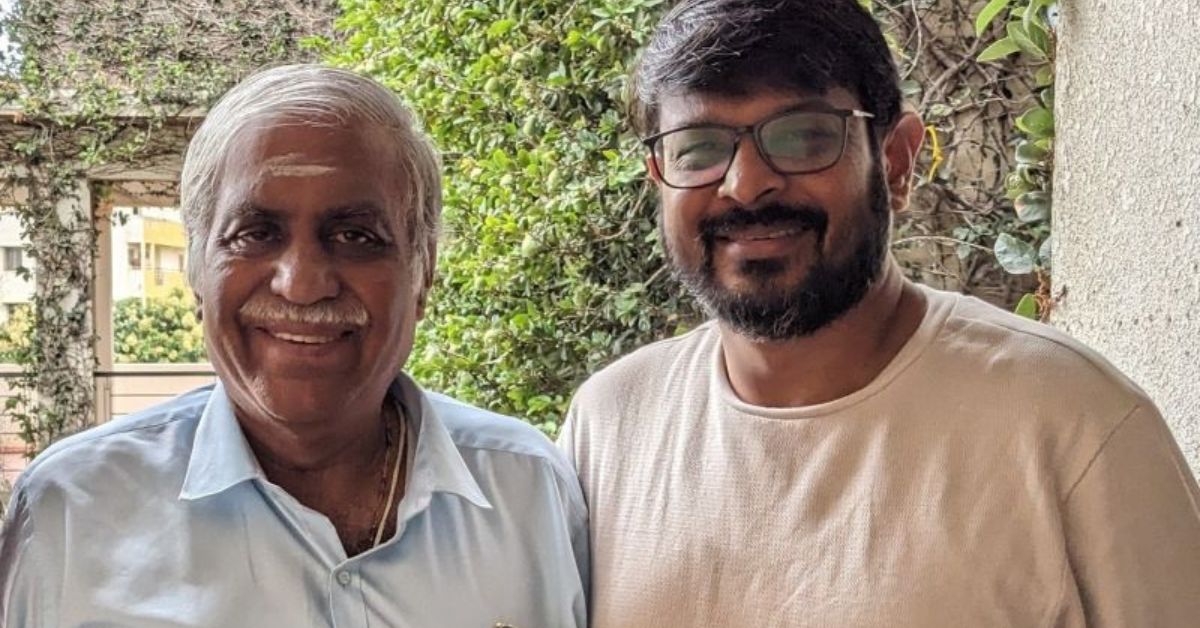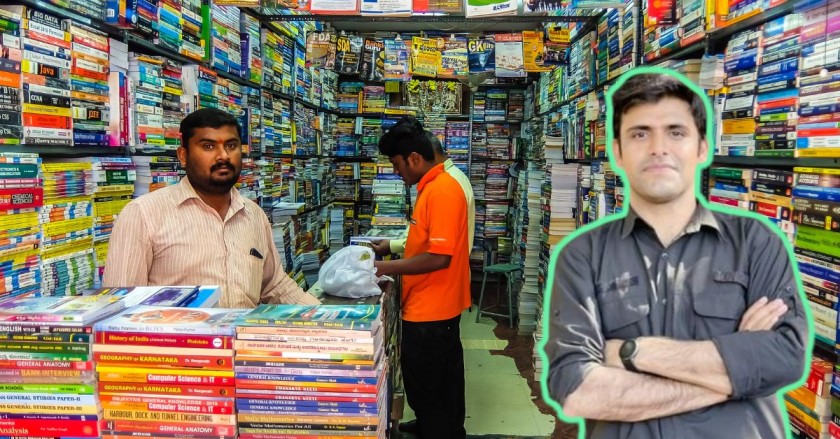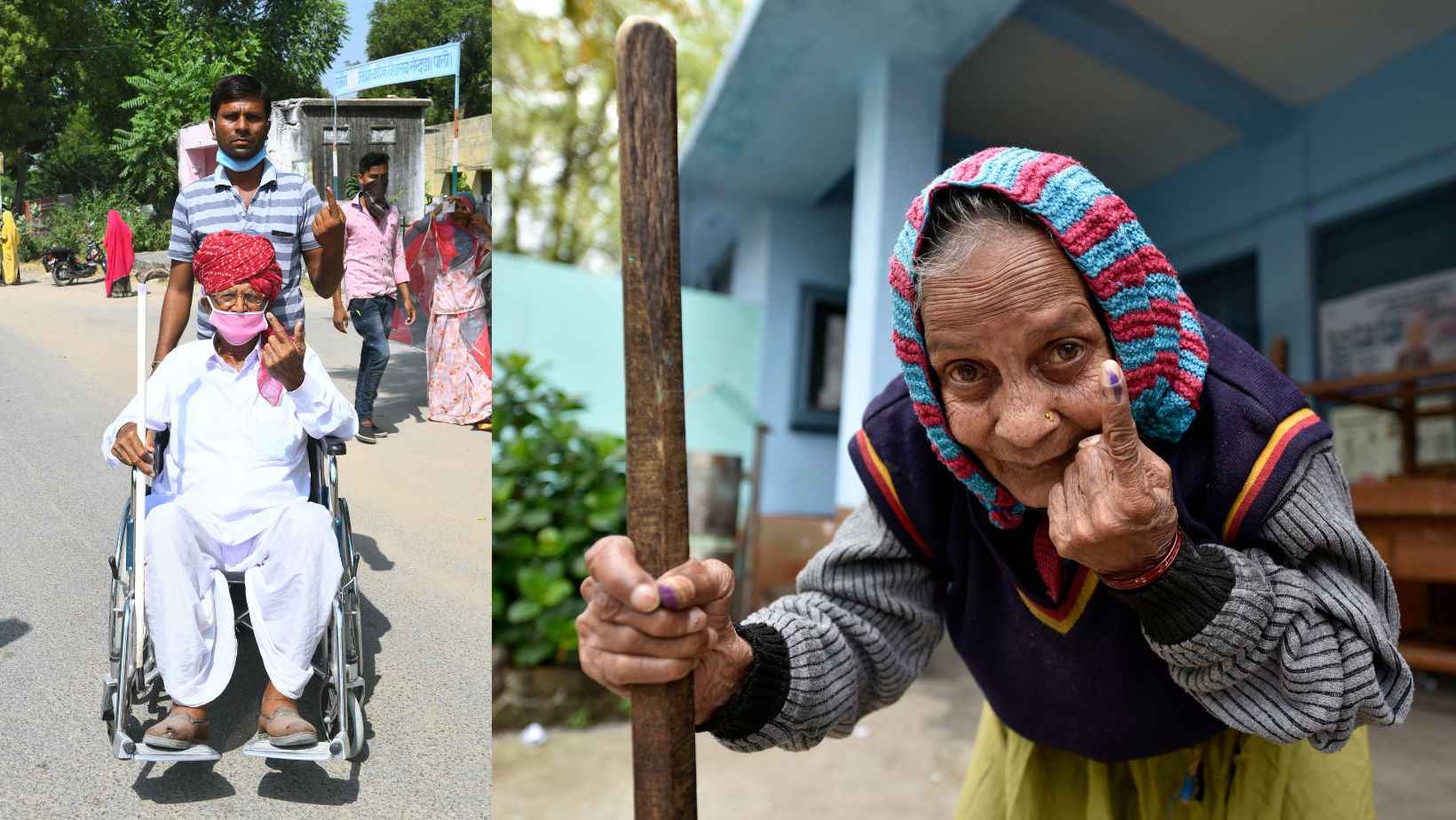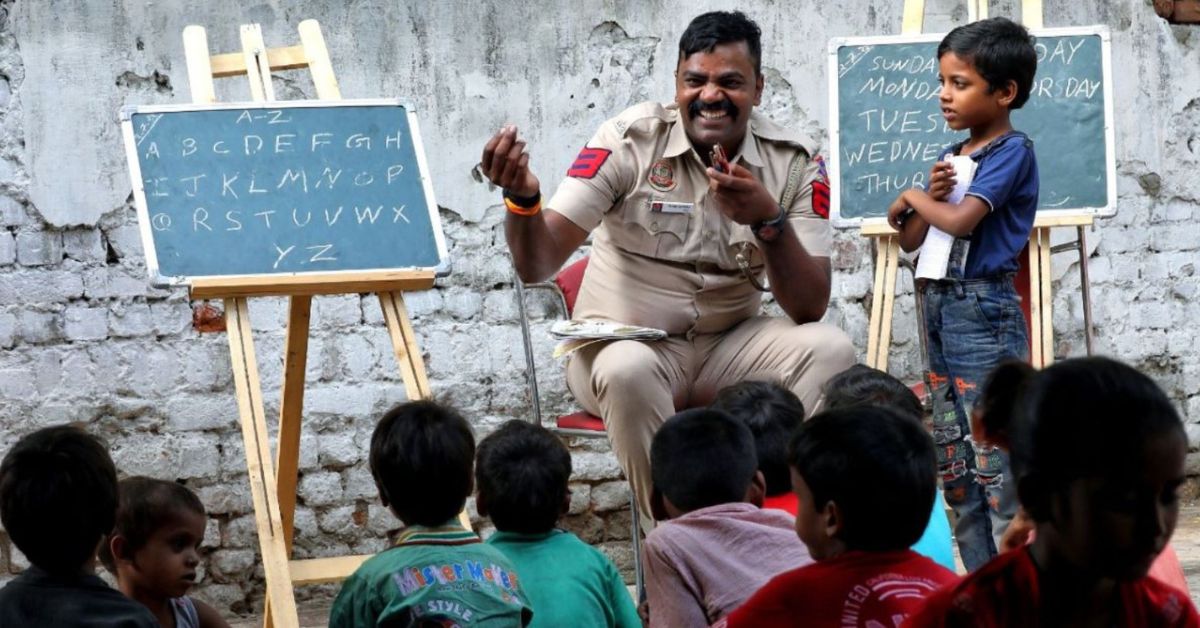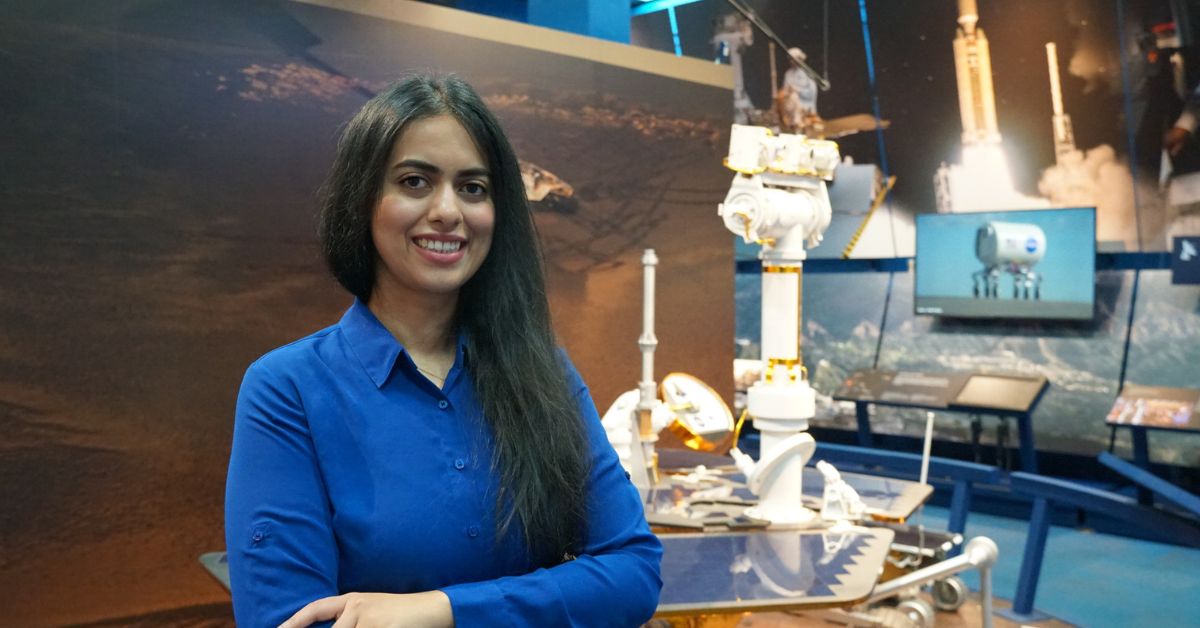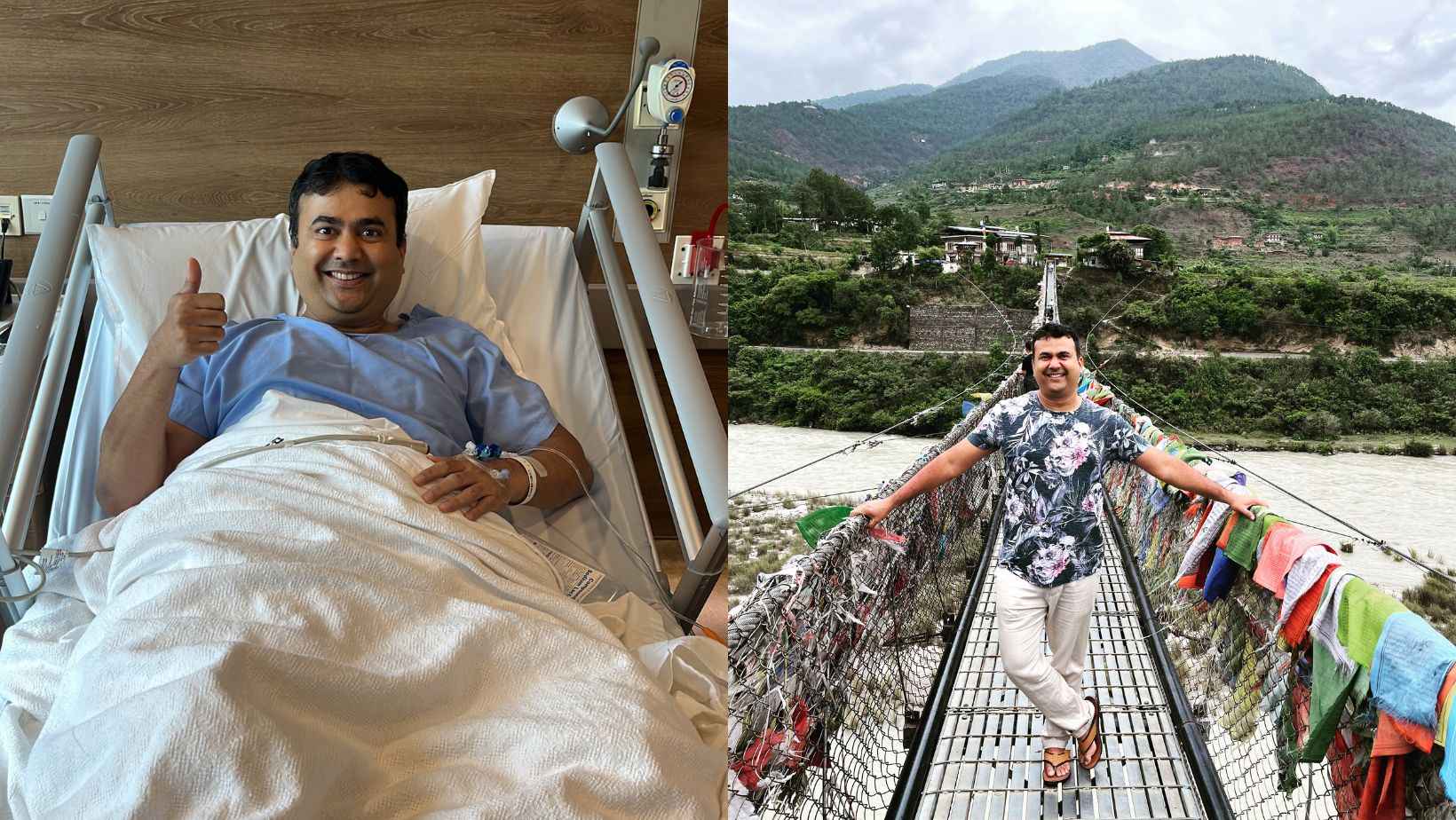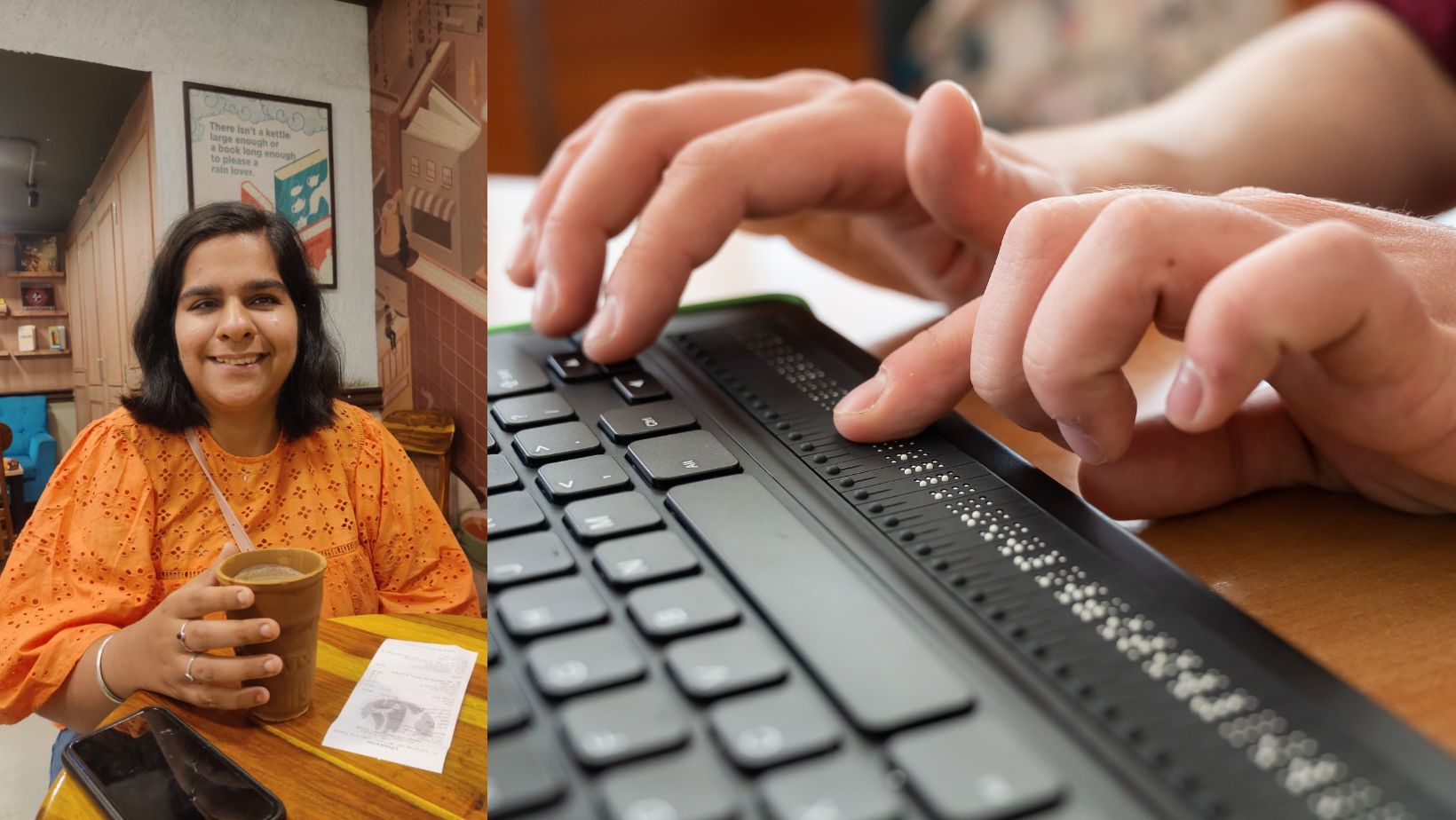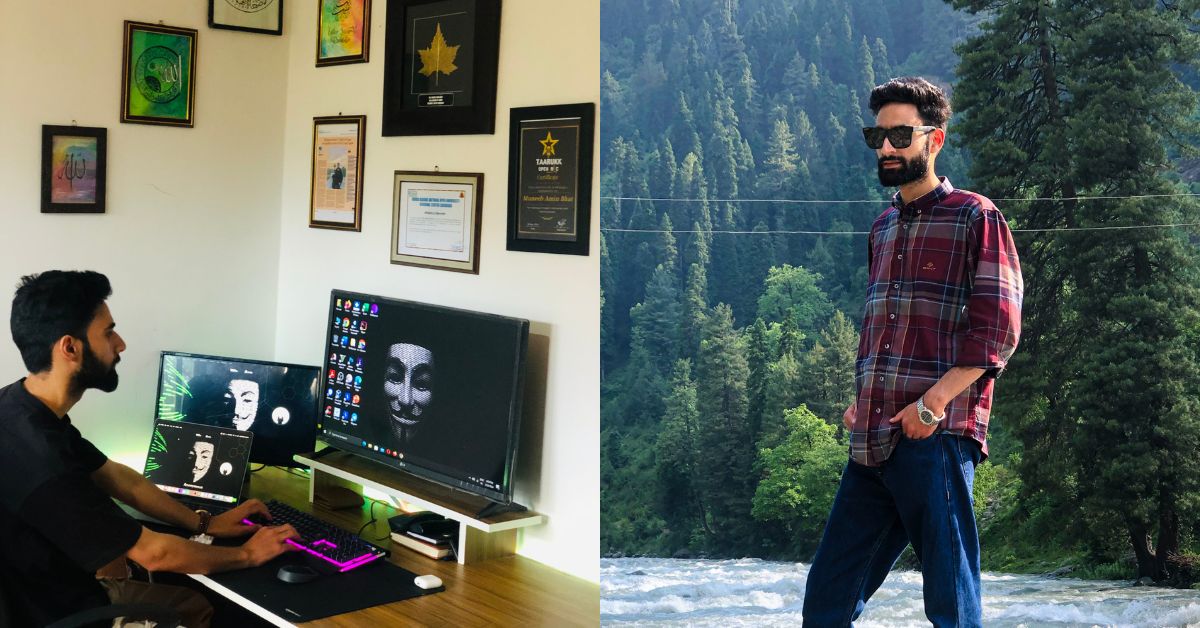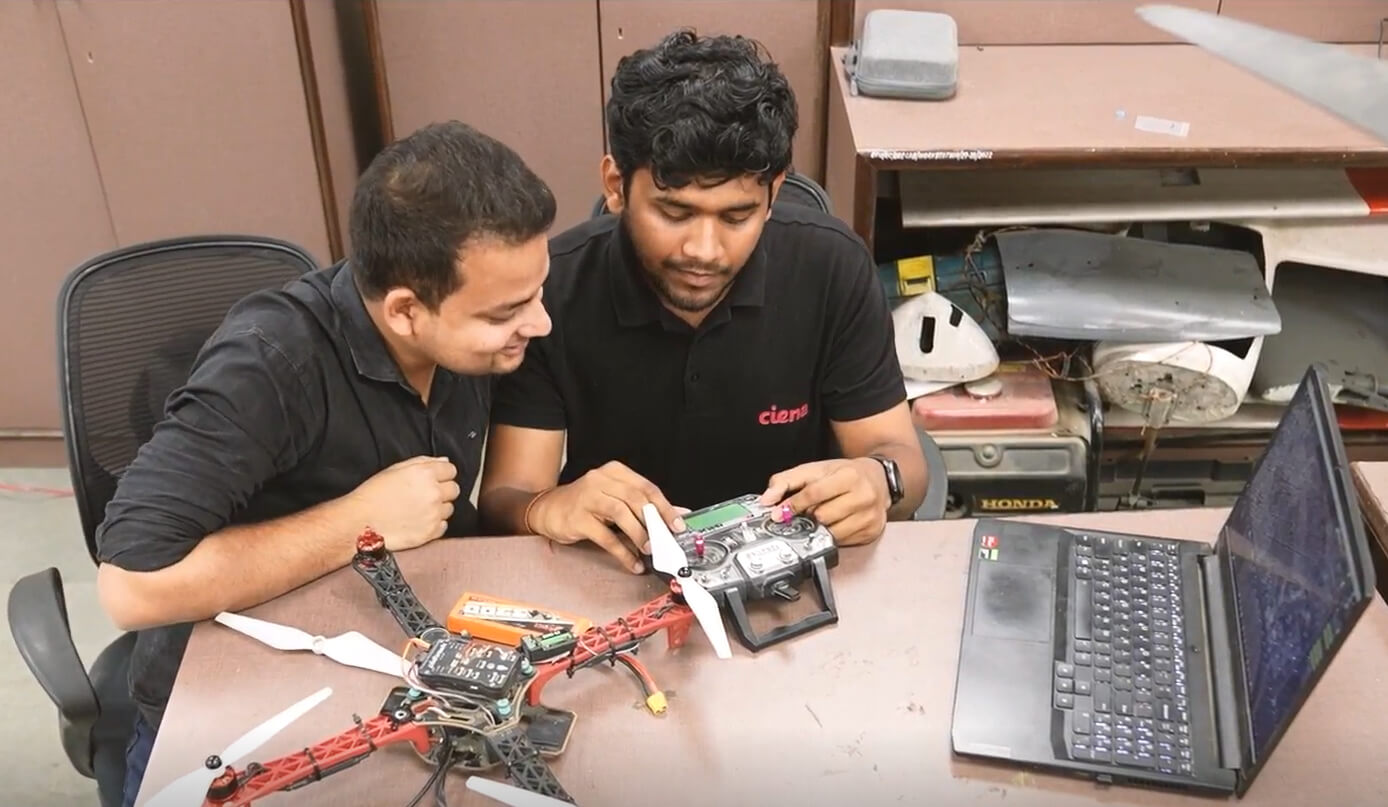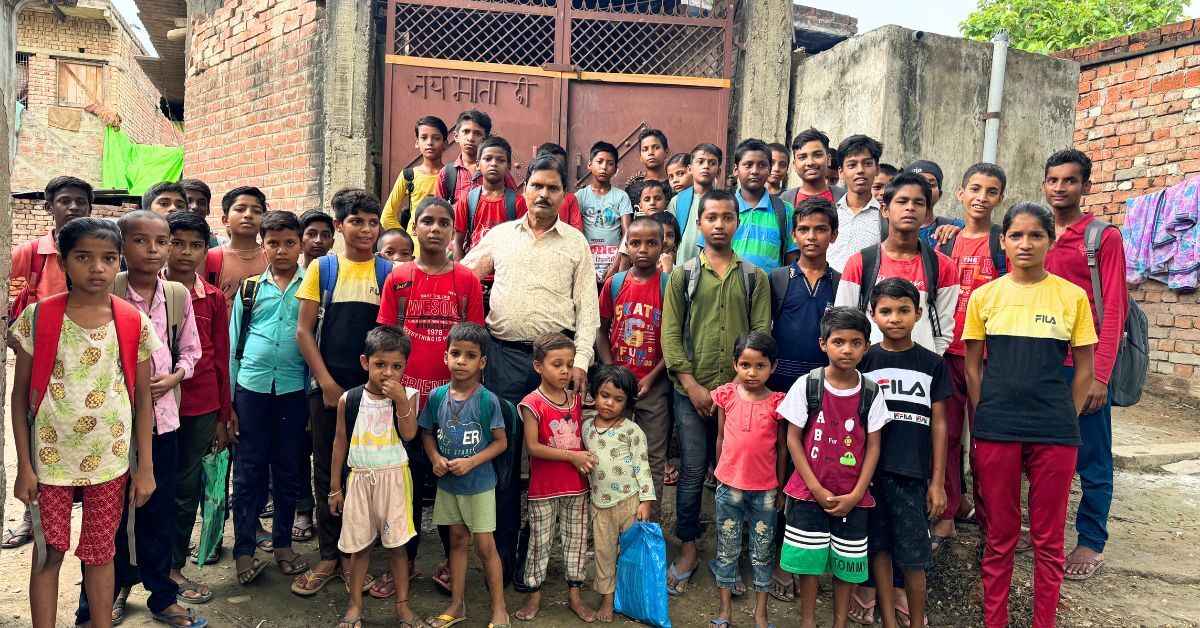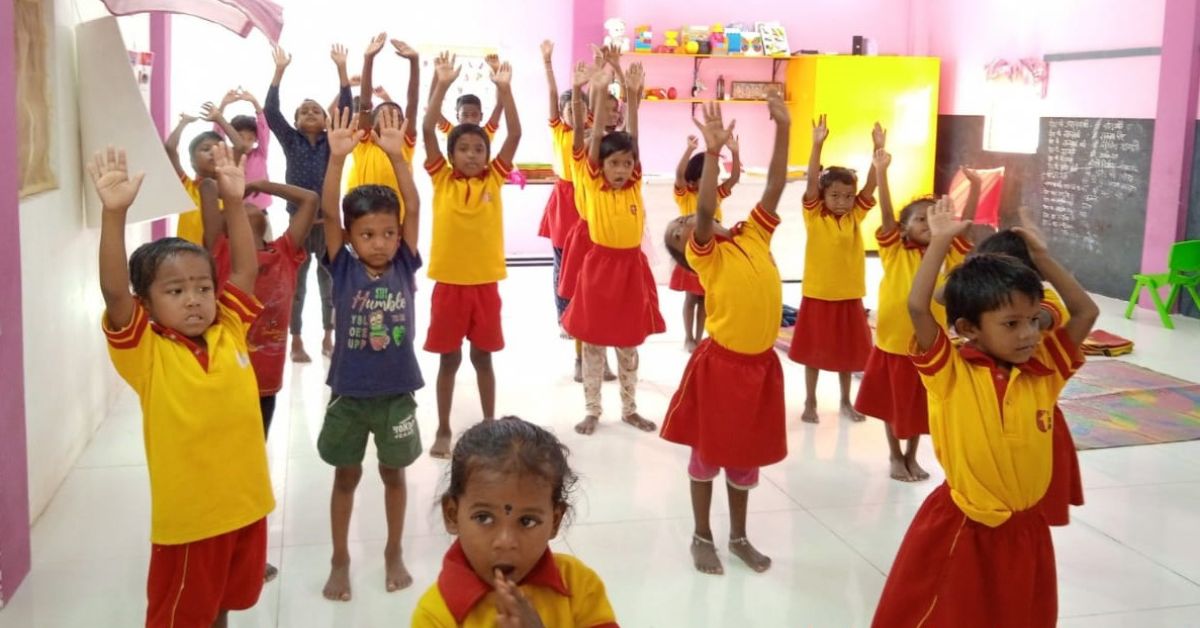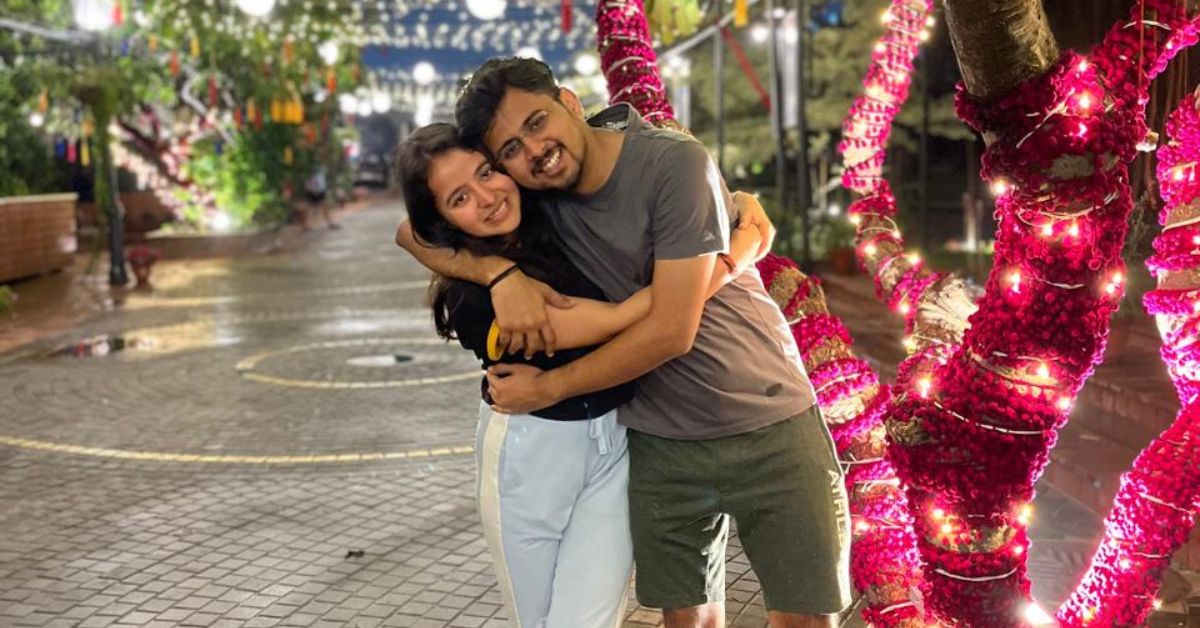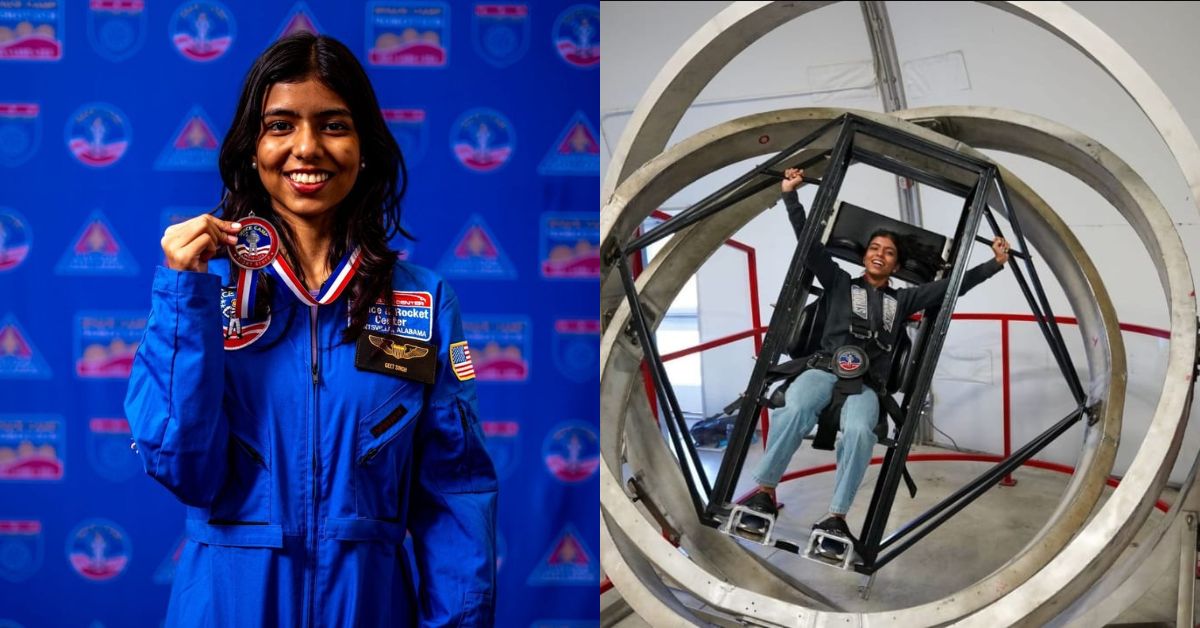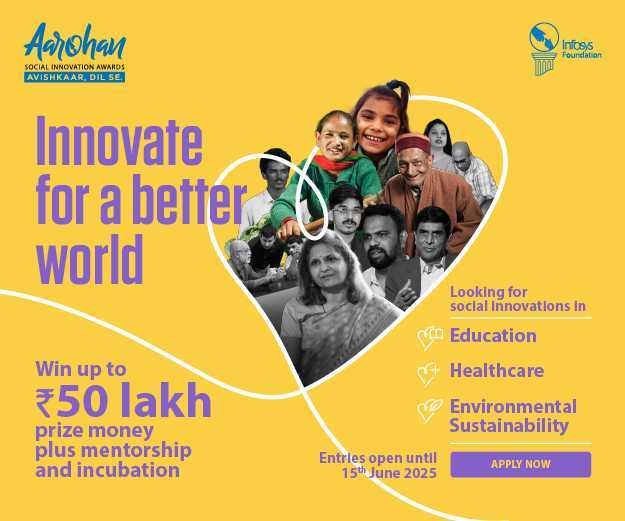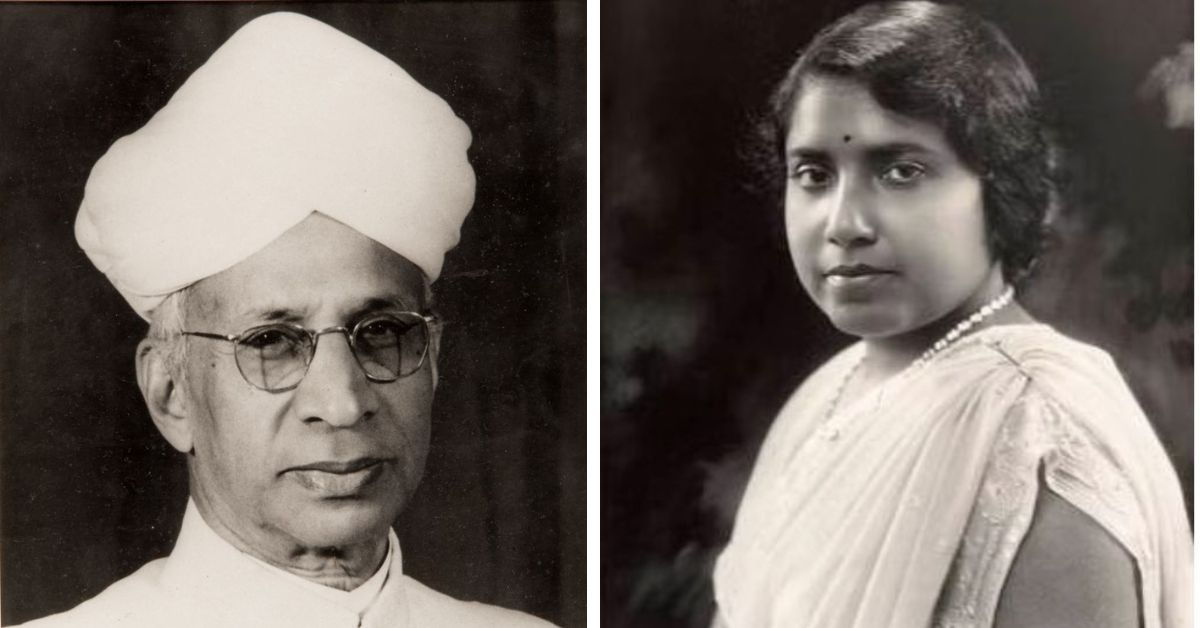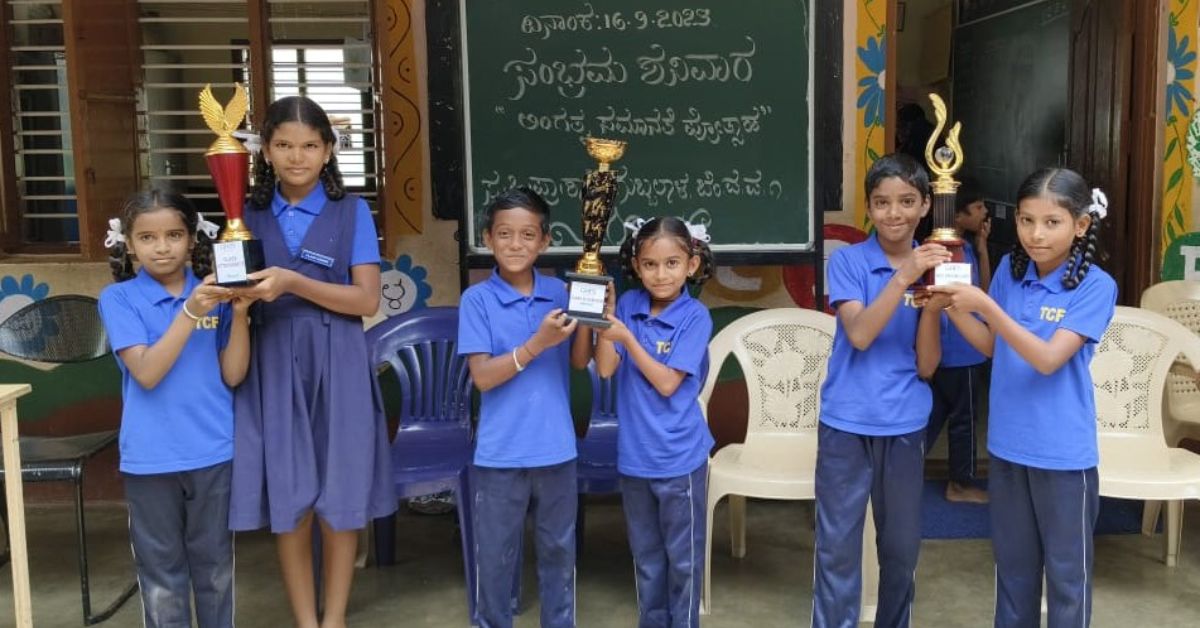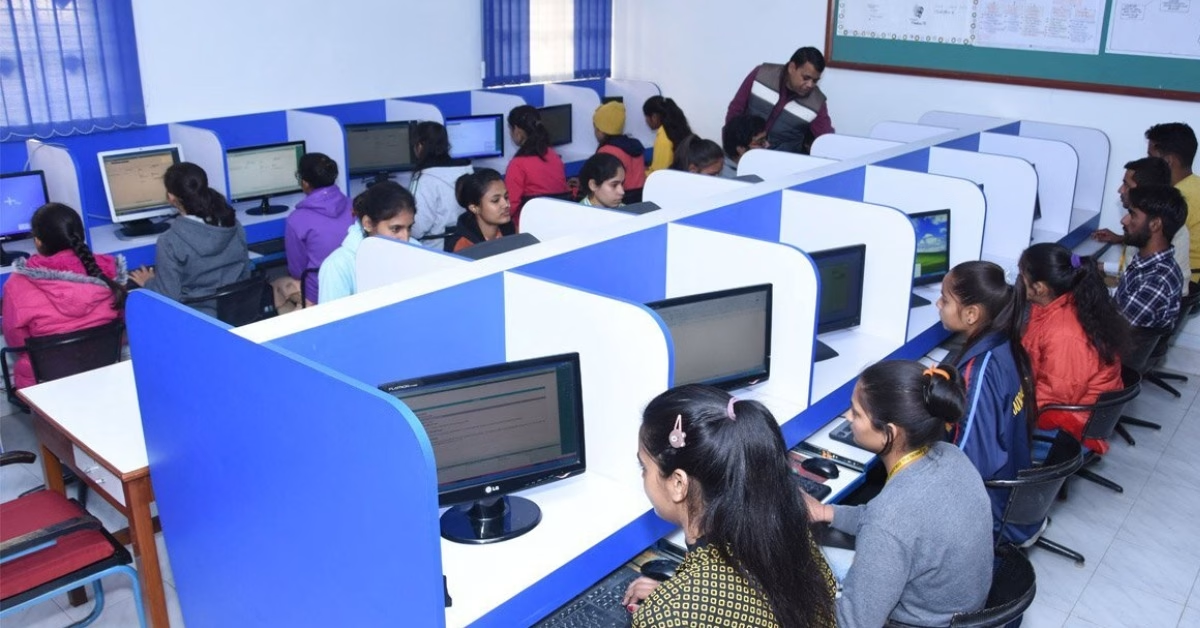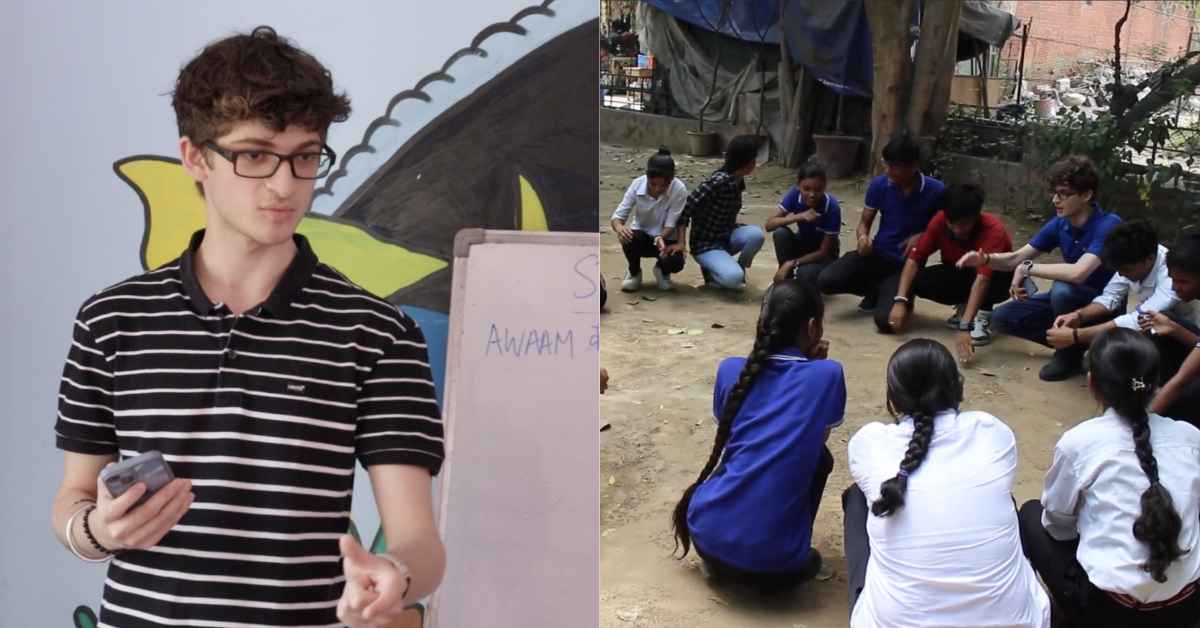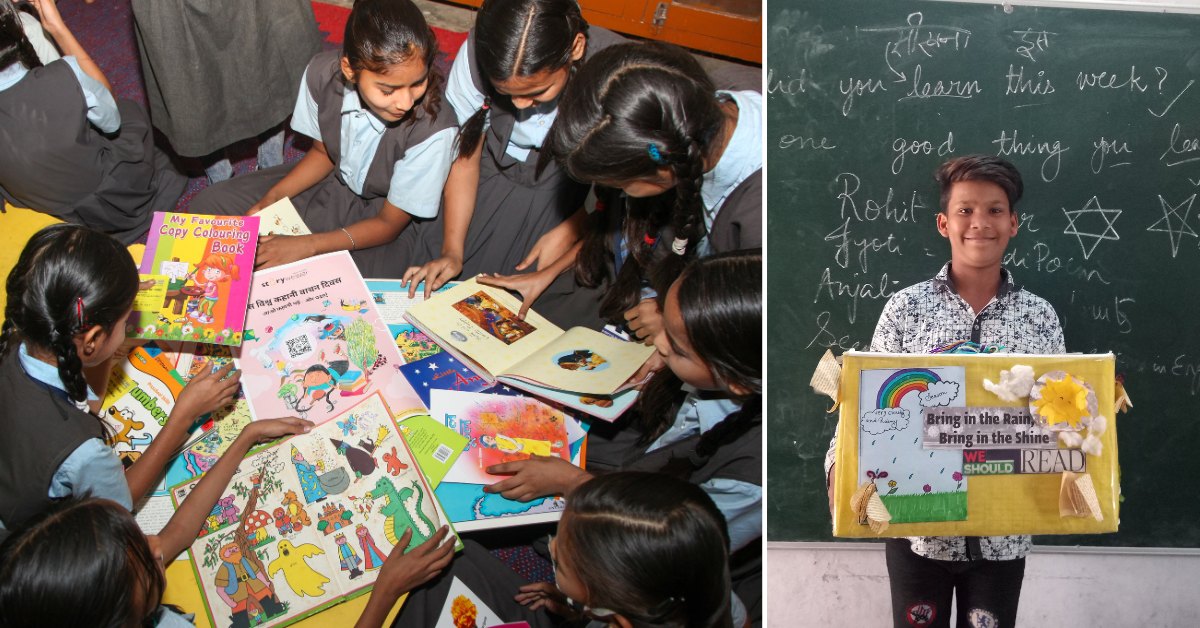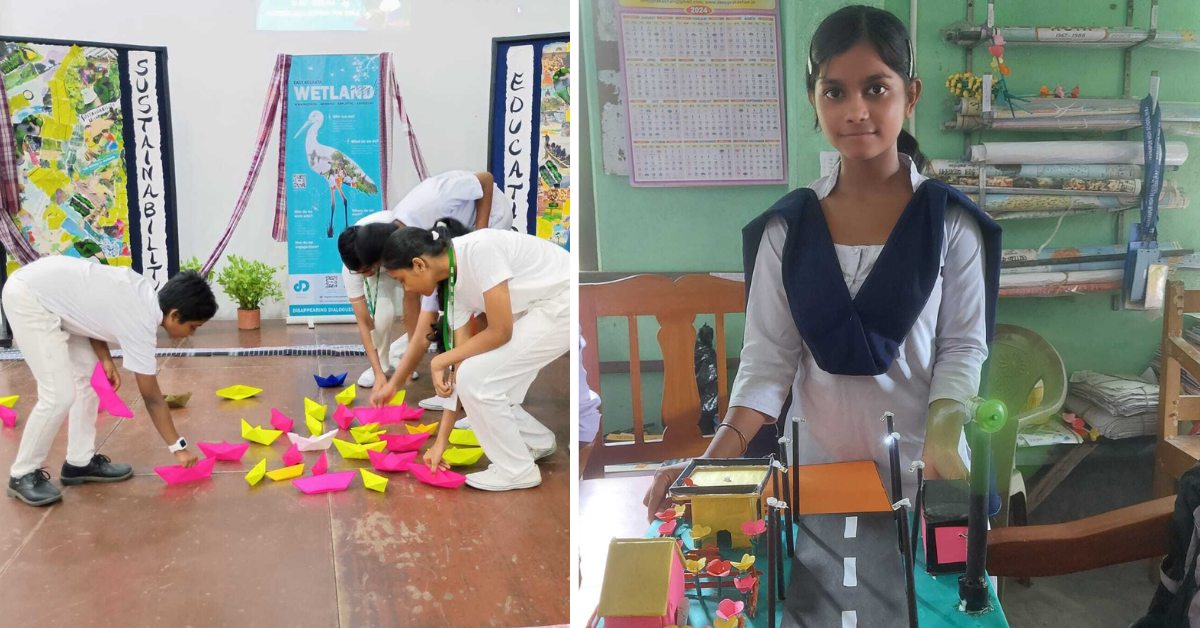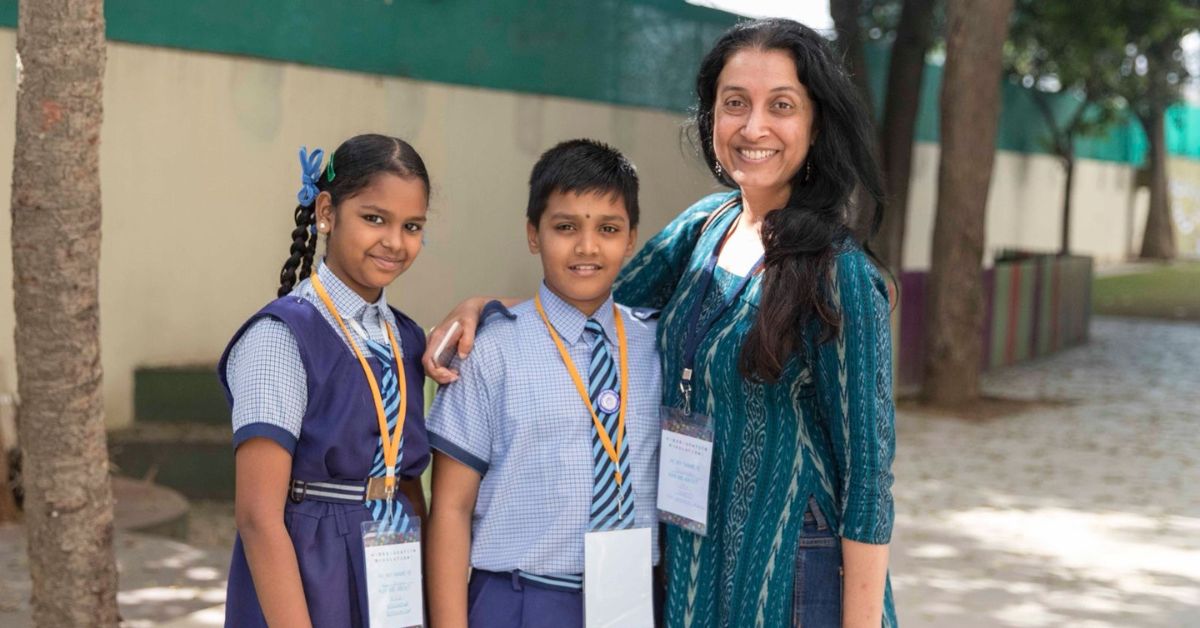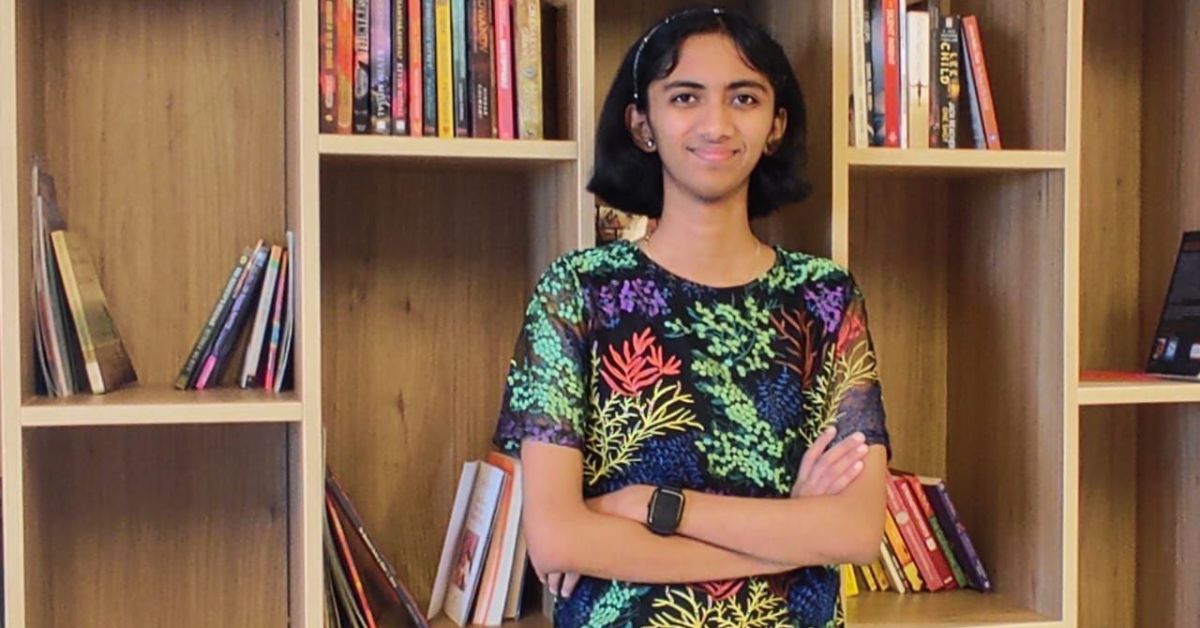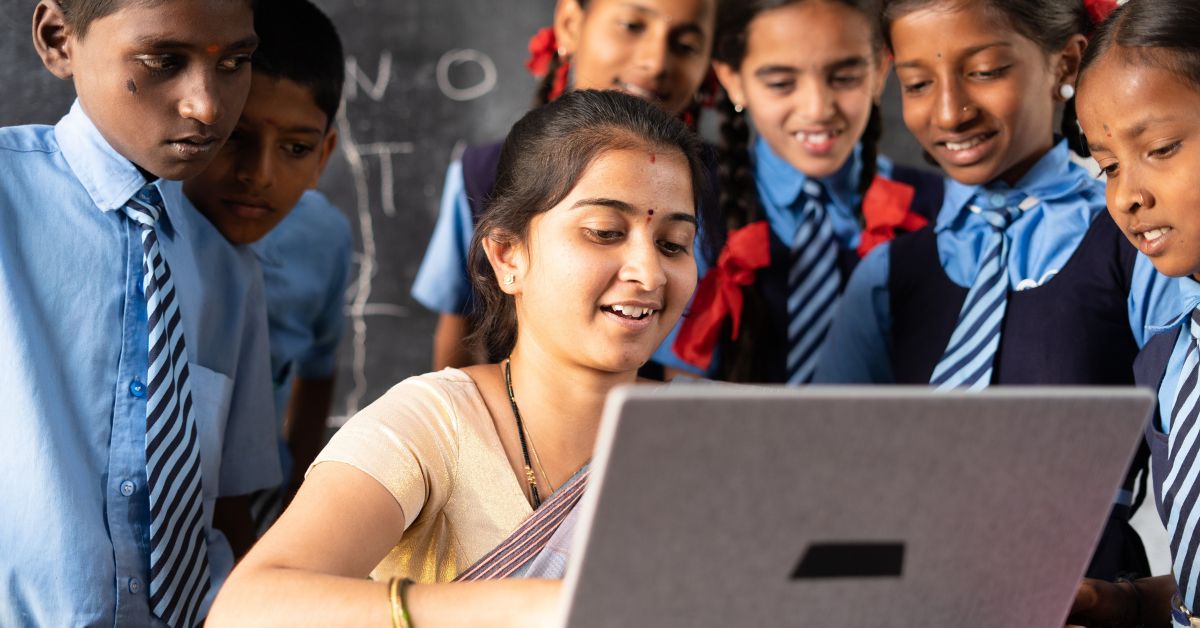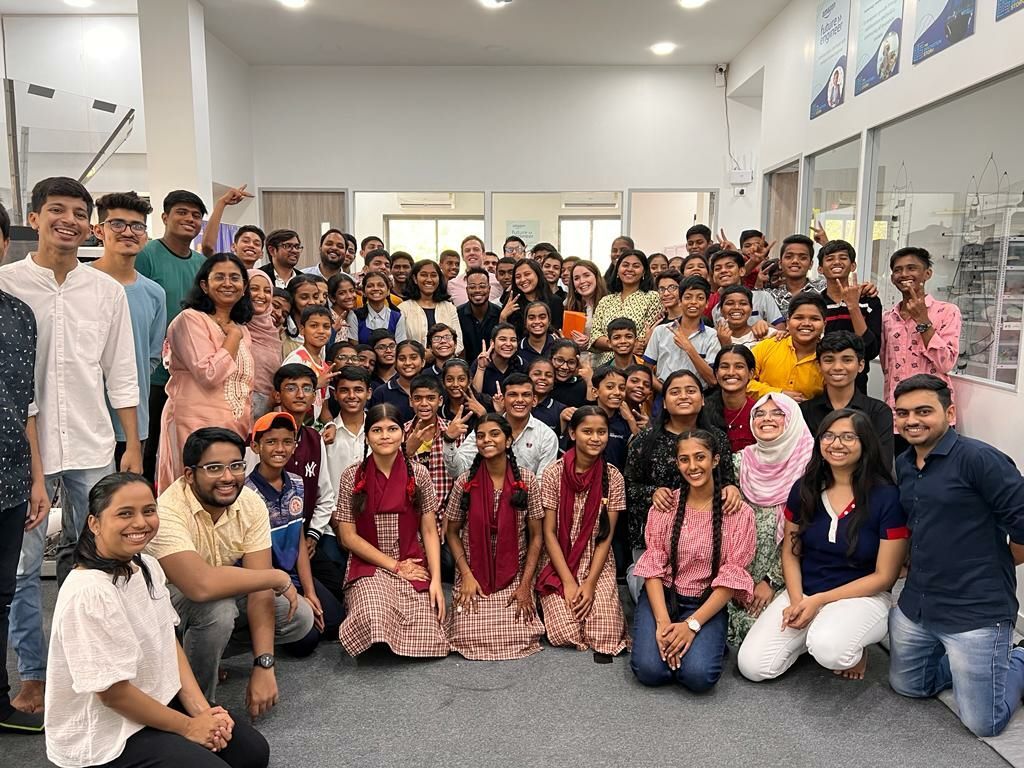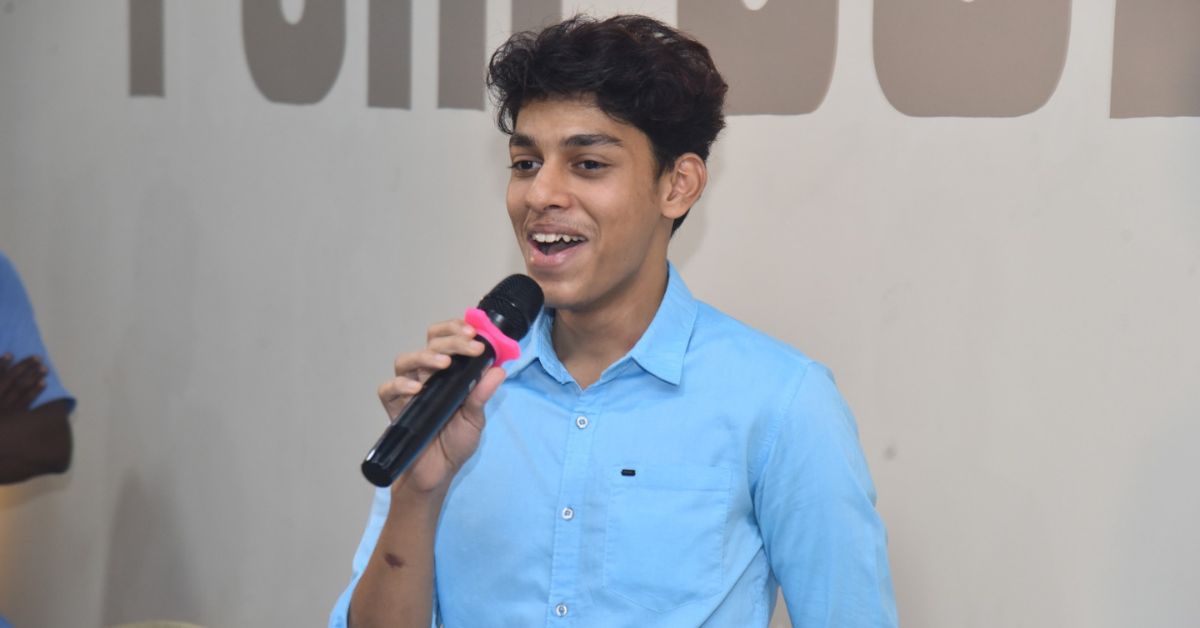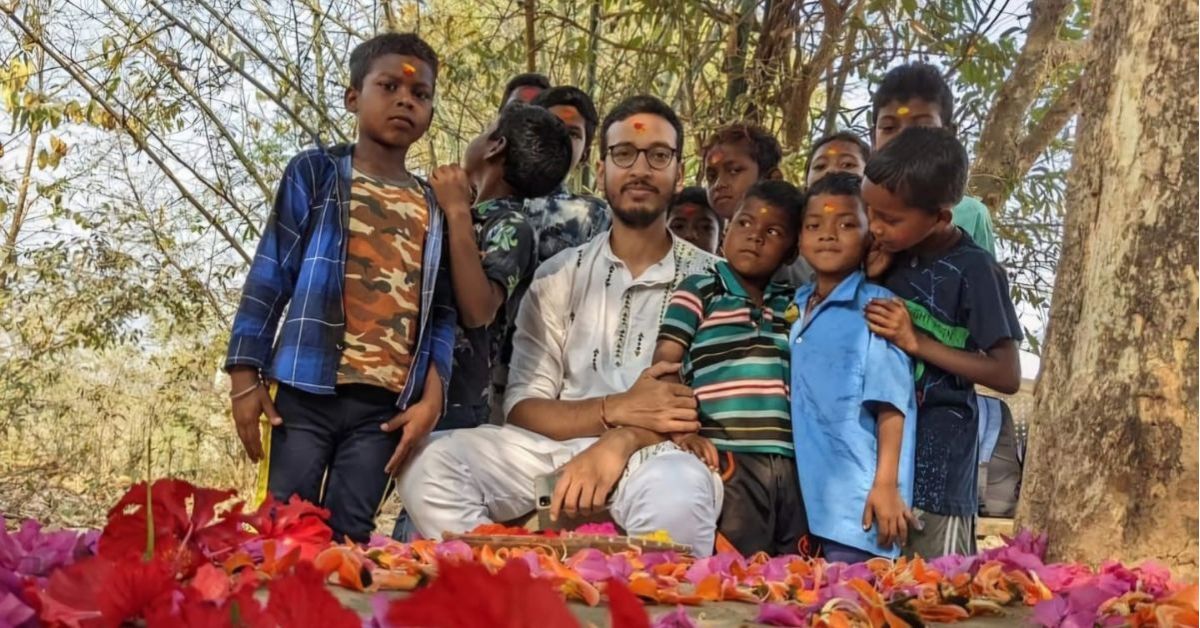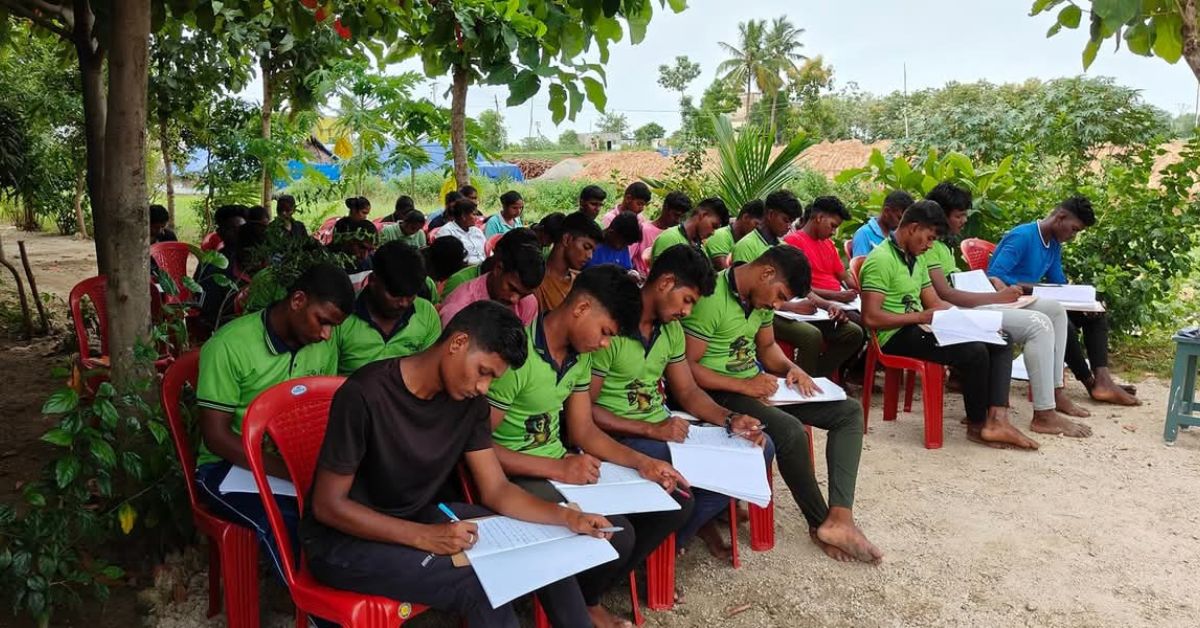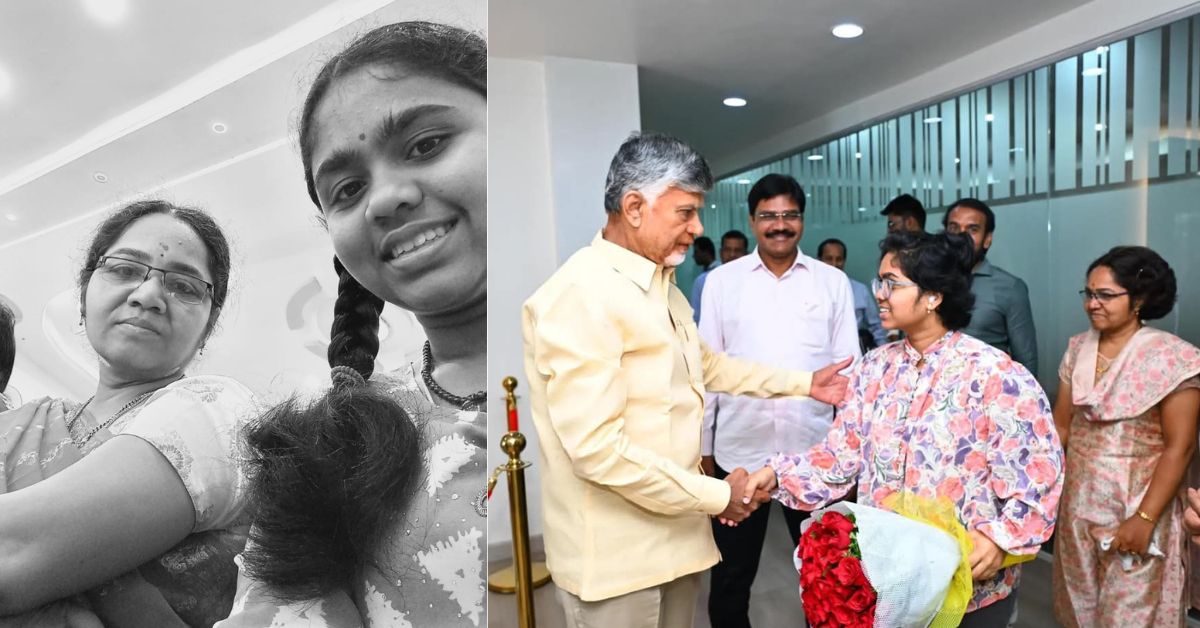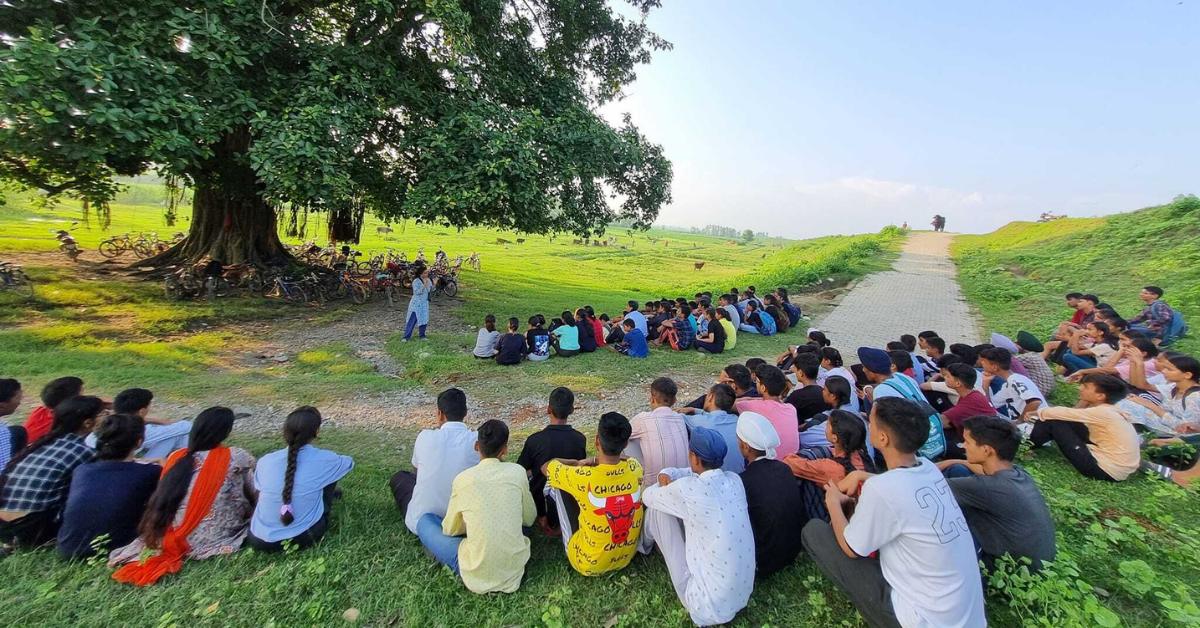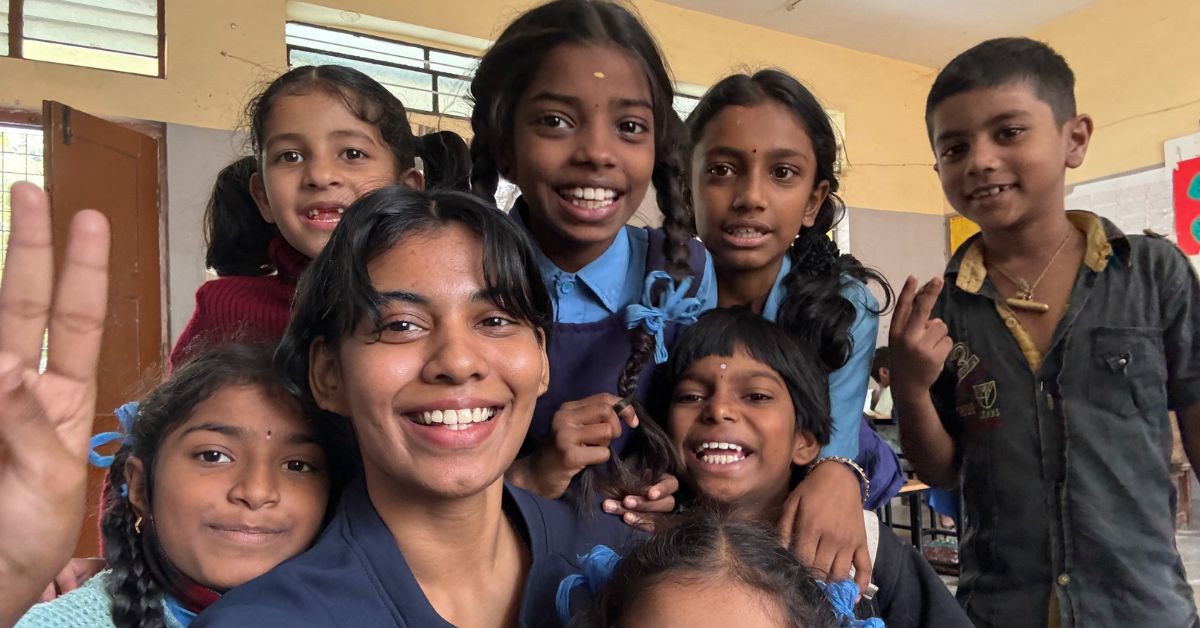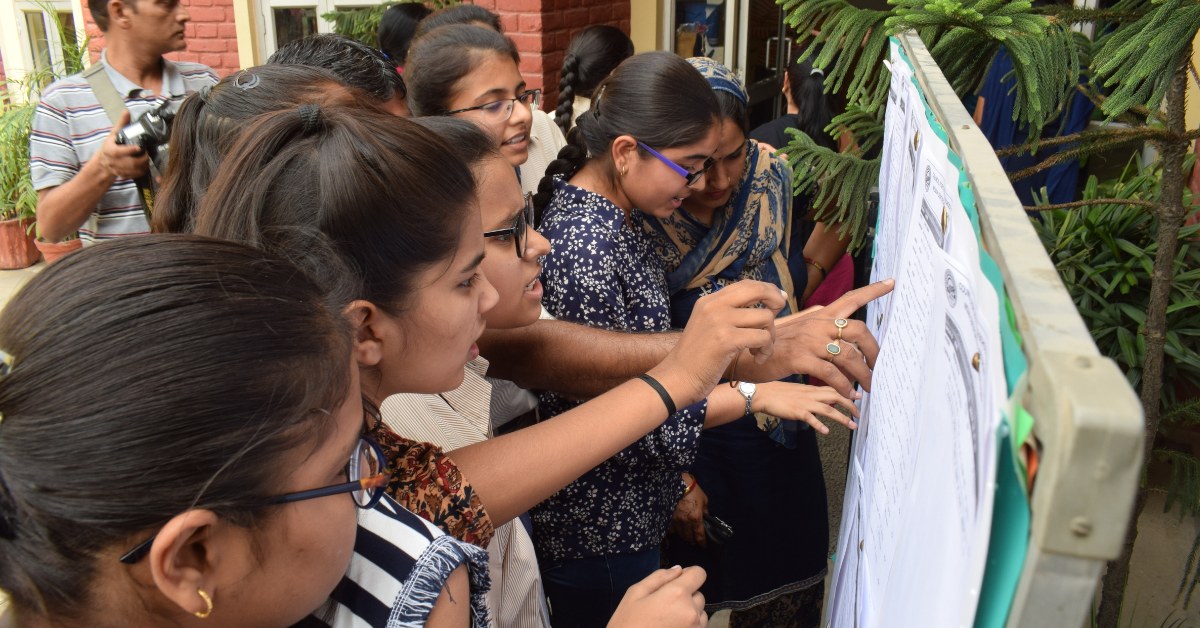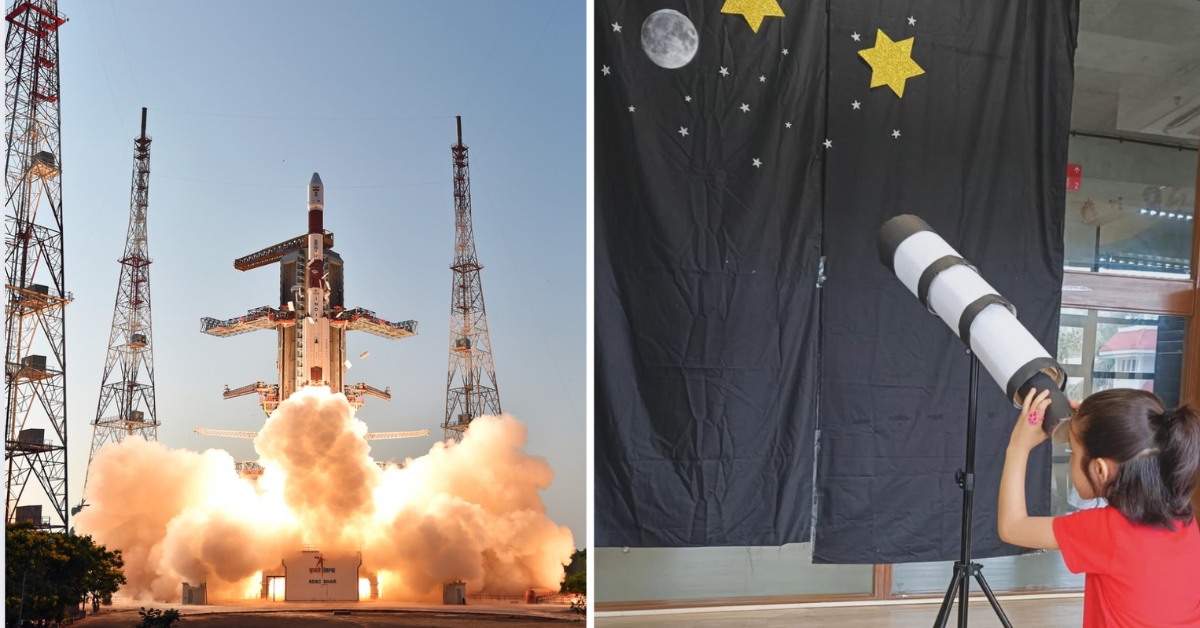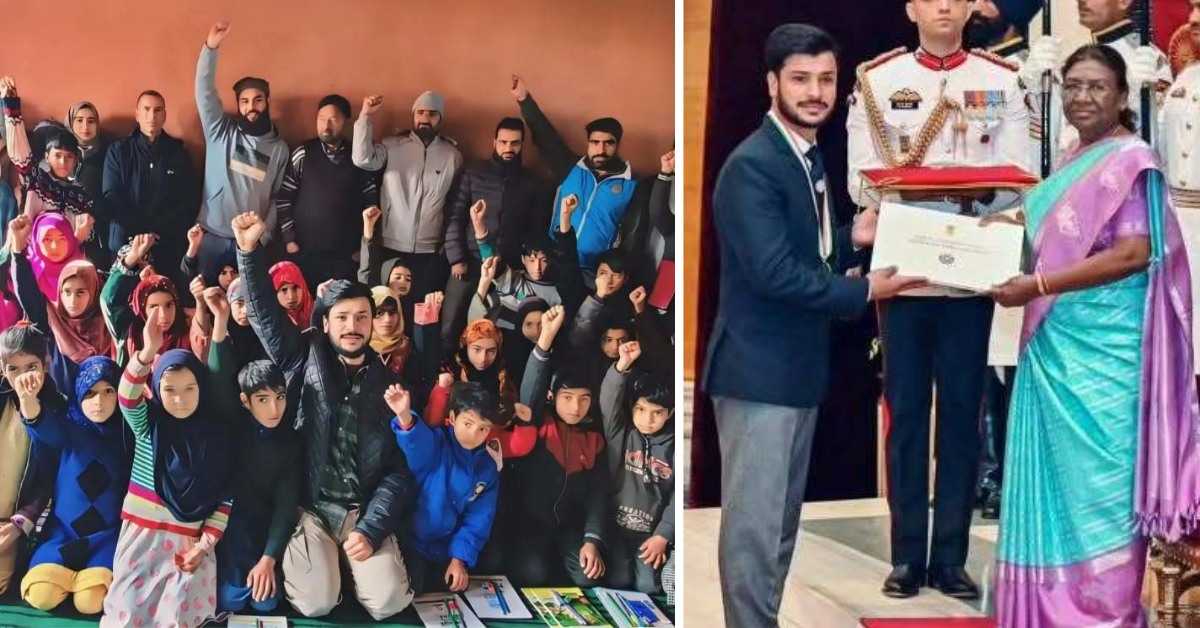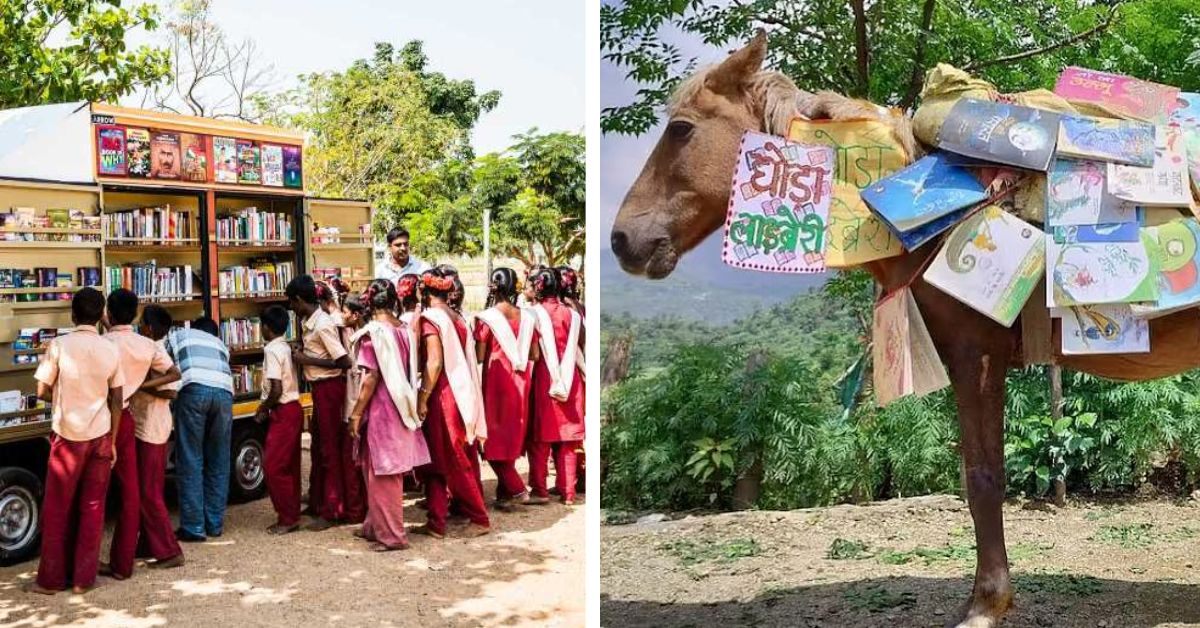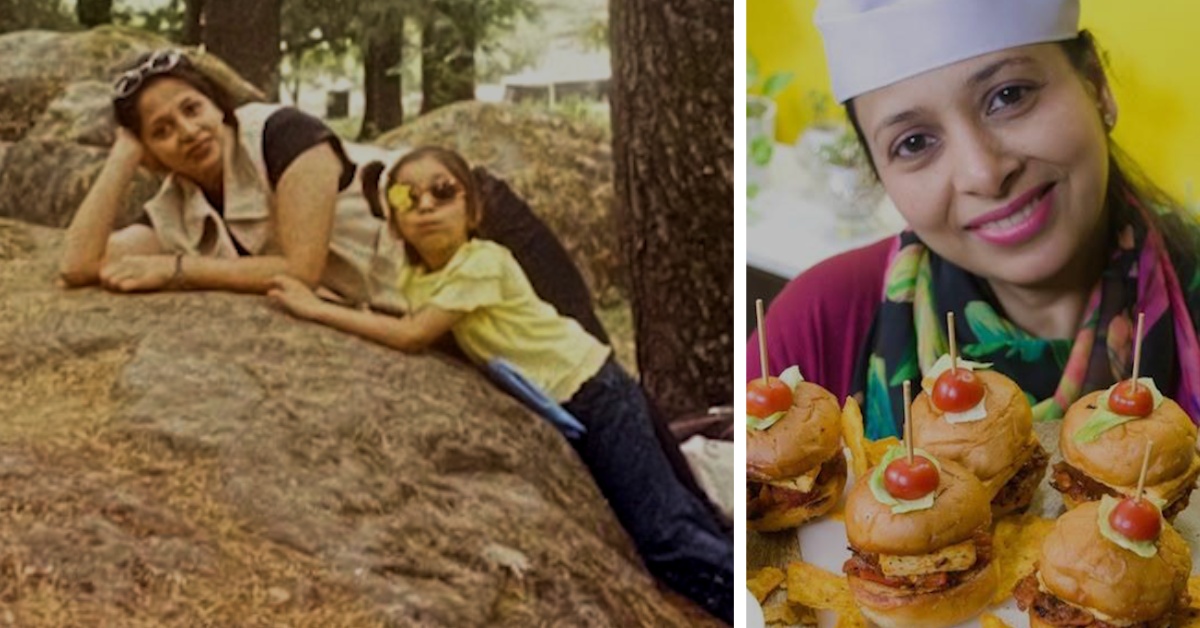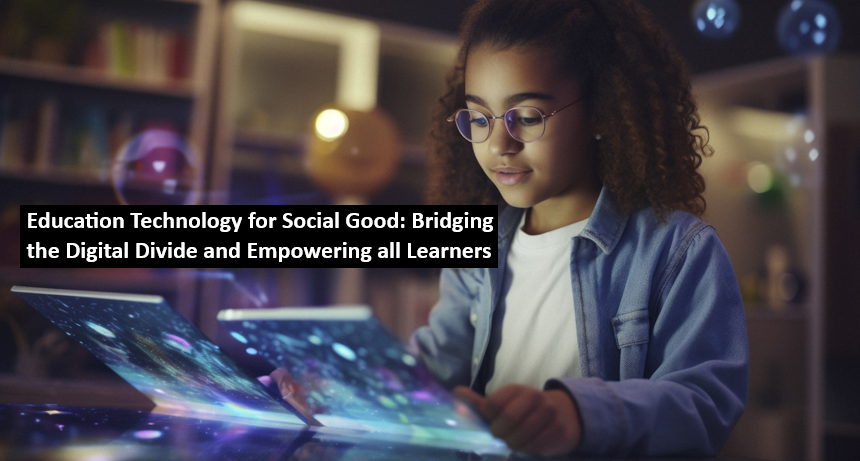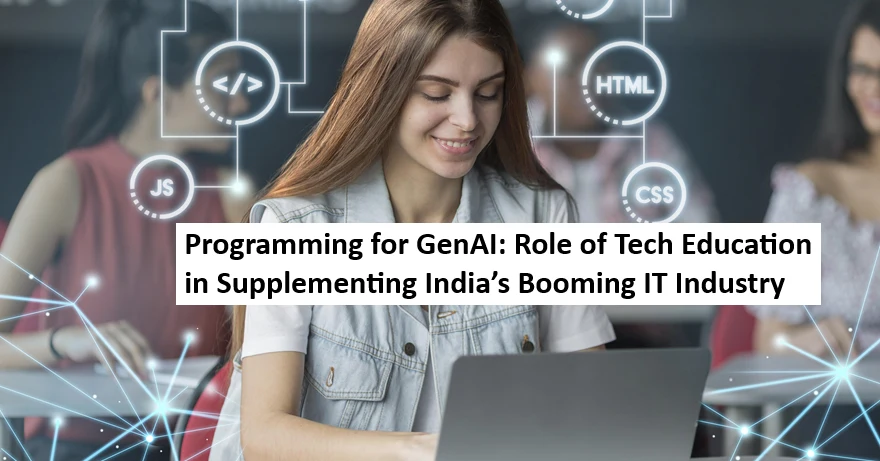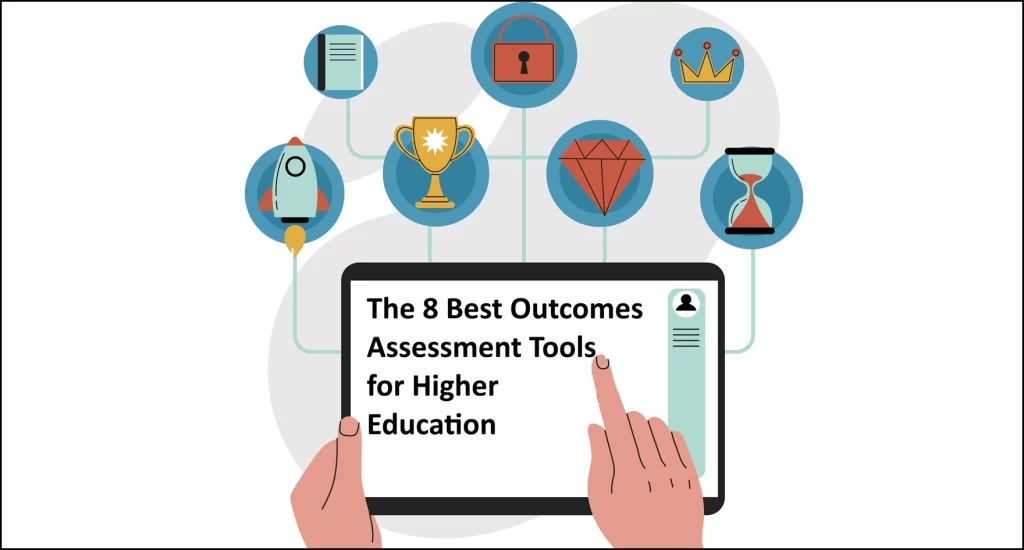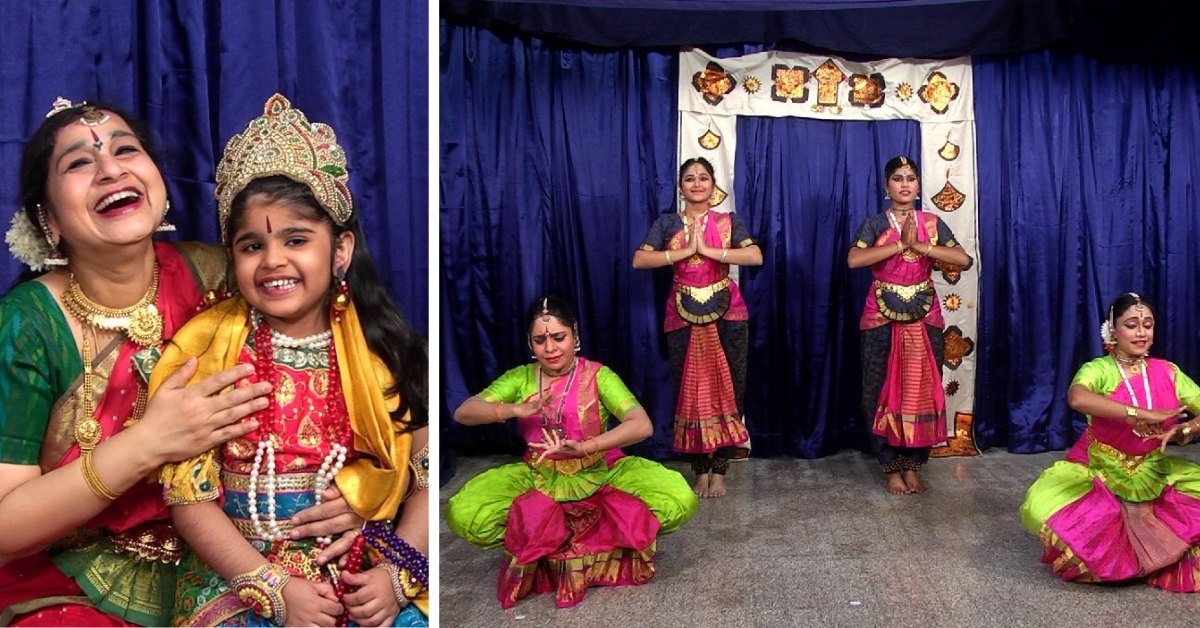
The classroom is full of laughter. A soft tune plays in the background as a group of children move their hands in graceful arcs, learning the language of dance. One boy pauses mid-step, unsure of what to do next. His teacher bends down, smiling, and gently shows him again. This time, his face lights up, and he joins in with the others.
This is an ordinary moment at Ramana Sunritya Aalaya (RASA). But for the children here, it is much more than a dance class. It is a space where they are not defined by labels or limitations. A place where art becomes a bridge to confidence and joy.
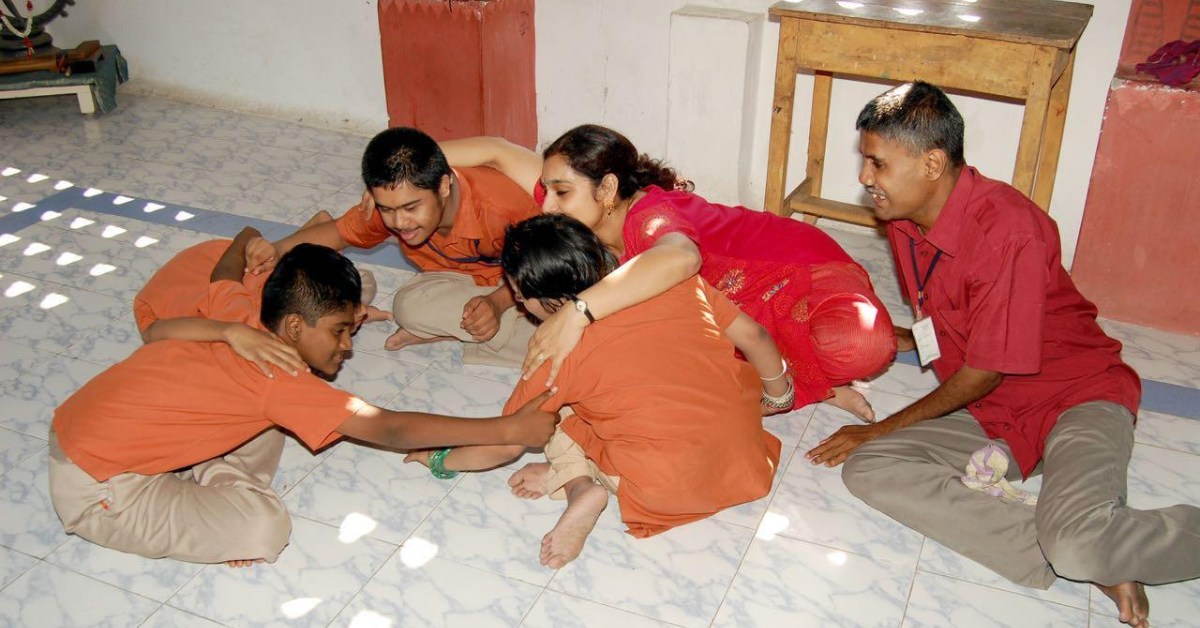
At the heart of this world is Dr Ambika Kameshwar — a Bharatanatyam and Kuchipudi dancer, vocalist, and educationist — who, over 30 years ago, asked herself a simple question: Could theatre help every child discover their potential?
Advertisement
The day a dance class changed everything
Ambika was just 18 when she walked into a classroom that would change her life. She had been invited to teach music and dance to visually impaired students at Bengaluru’s Ramana Maharishi Academy for the Blind for their annual day programme.
“It sounded like a huge challenge,” she recalls. But the children amazed her. “They would feel the hand gestures and body stances and reproduce them perfectly.”
The performance turned out to be a success. But what Ambika remembers most isn’t the applause — it’s what she saw in the children. “They had become individuals who had a sense of confidence, a sense of belief in their own talent, their own creativity, their own identity. So then I realised, this was what I was looking for all the time.”
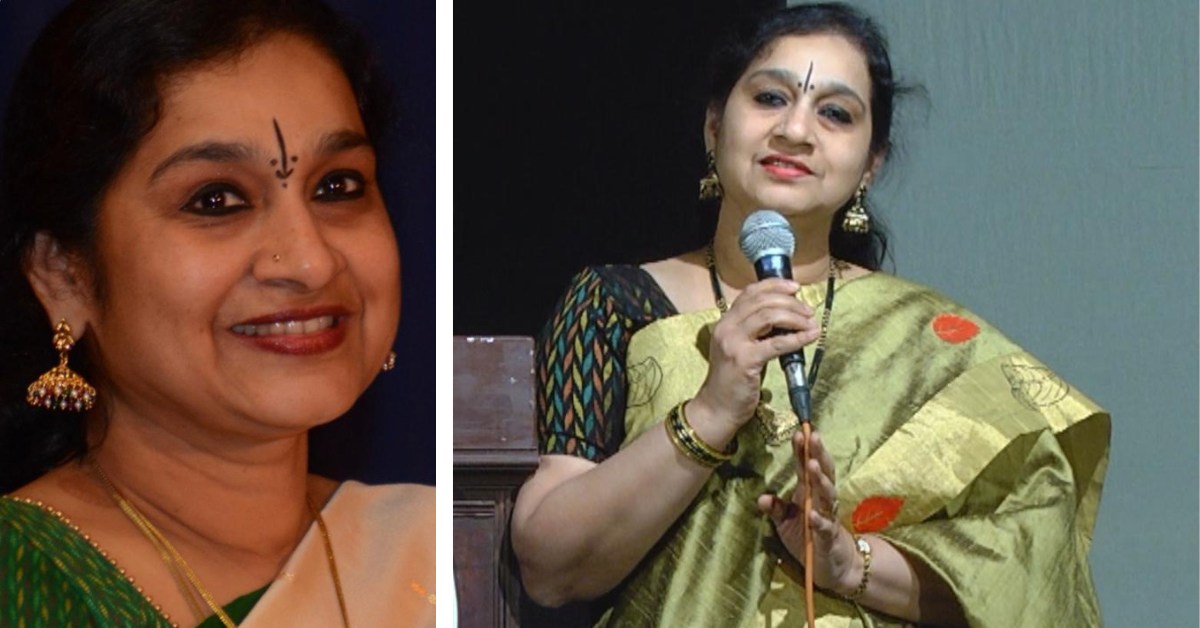
That experience stayed with her. Even after the annual day, she kept going back to teach. “The learning experience for me was as much as the learning experience for them,” she tells The Better India.
Volunteering, research, and an unlikely friendship
When Ambika moved to Chennai after marriage, her world widened in new ways. She began volunteering at the Spastic Society of India, an organisation founded by her co-sister, Poonam Natarajan. Working closely with children there only deepened her belief that art could unlock possibilities for those often left out of mainstream education.
Even as she taught, Ambika never stopped learning. She pursued a PhD on Natyabhinaya (the art of expression in Indian classical dance) and later completed a post-doctoral fellowship on the application of natya (dance and drama) as a holistic developmental tool, supported by the Government of India.
Advertisement
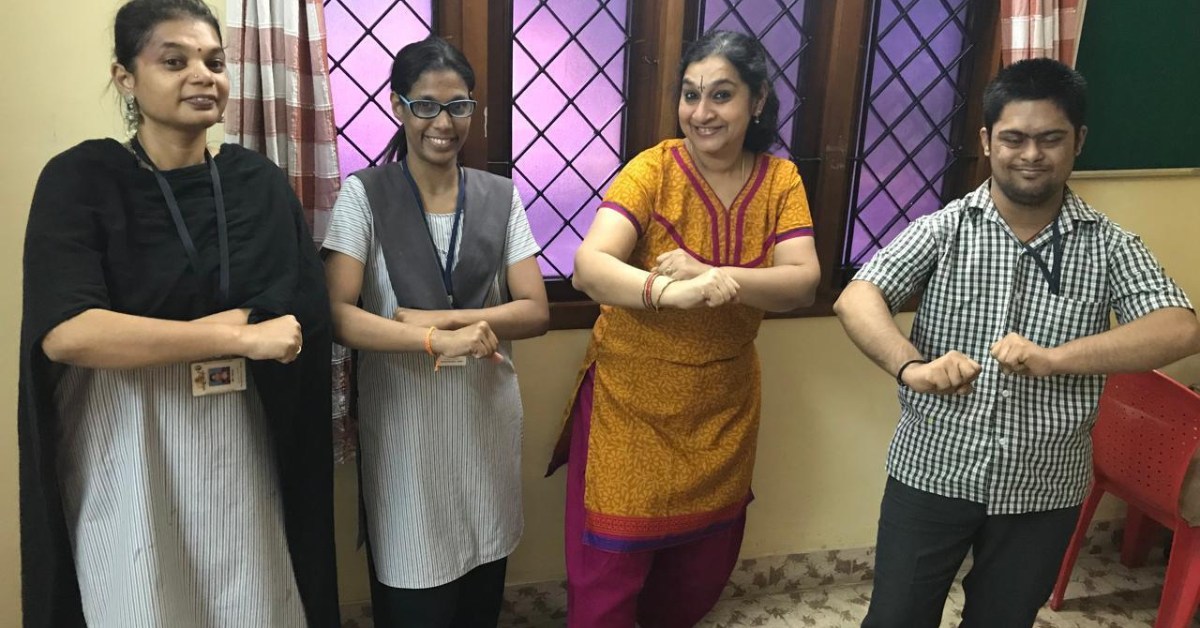
For a short while, she explored journalism. But her heart kept pulling her back to teaching. It was during this time that she met Babli Ramachandran — a young woman with Down syndrome and a three-time gold medallist at the National Paralympics. Their bond began with a shared love for dance.
Years later, that connection blossomed into something extraordinary. Under Ambika’s guidance, Babli performed her arangetram (a dancer’s first formal solo performance) — a milestone many thought was out of reach. Today, Babli proudly calls herself a dancer. Her journey is proof of what happens when opportunity meets encouragement.
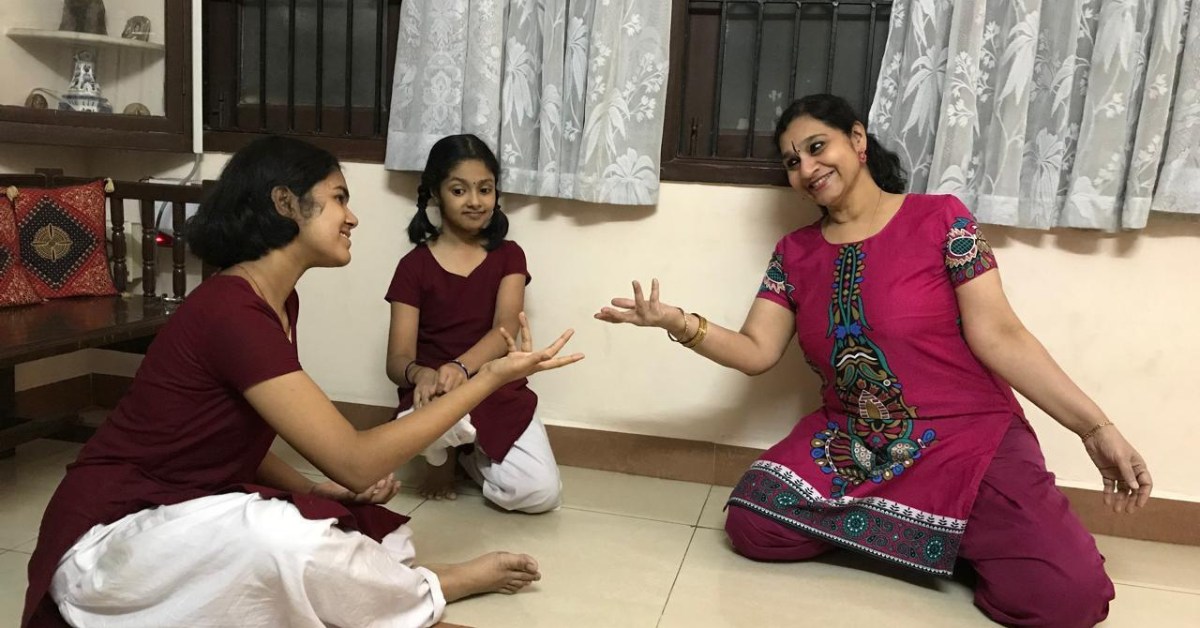
Looking back, Ambika says these encounters shaped her as much as they shaped the children. “I was going from school to school empowering the children there, interacting with the children, enjoying with the children —a nd getting empowered myself,” she shares with The Better India.
Building RASA: A school where art leads learning
In 1989, Ambika’s simple question — “Could theatre help every child discover their potential?” — took shape as Ramana Sunritya Aalaya (RASA). She named it after Saint Ramana Maharishi, her spiritual guide, and built a space unlike any other.
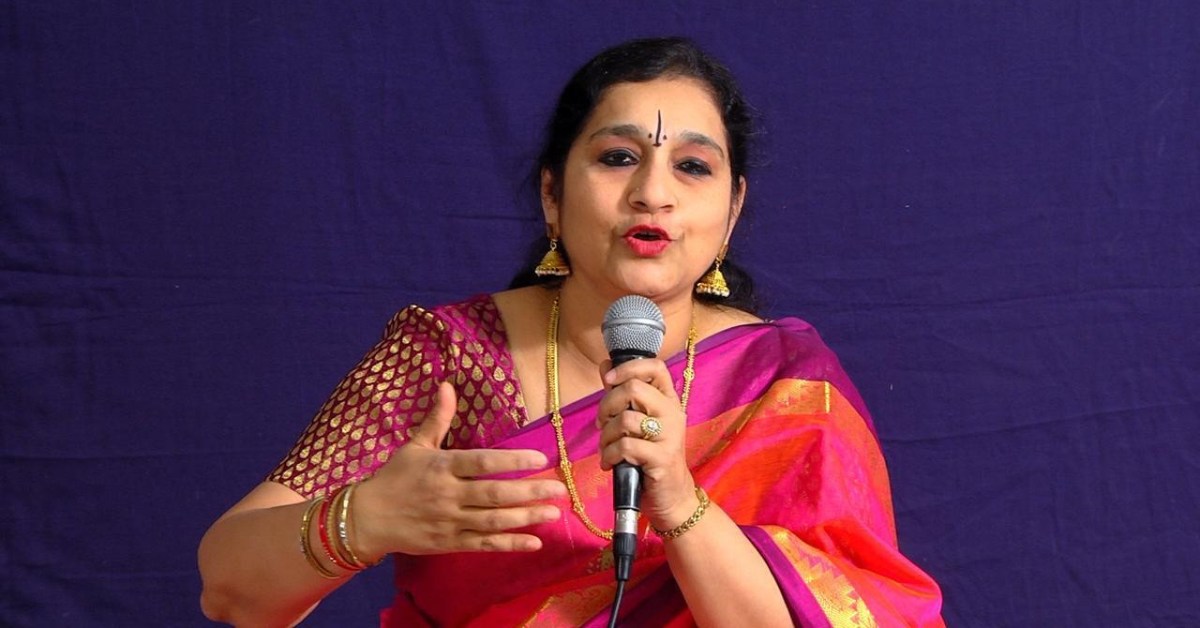
Step into a RASA classroom, and you’ll feel it instantly. There are no blackboards filled with equations, no rows of desks. Instead, there’s music in the air, bright colours on the walls, and children moving in rhythm — learning through dance, drama, and storytelling. For many of them — children with autism, cerebral palsy, Down syndrome, visual impairments, and learning disabilities — this is what school feels like when learning is rooted in joy.
“Art is an experience beyond the limitation of the mind,” Ambika says.. And in every corner of RASA, you see what she means.
Advertisement
What began as a small initiative now reaches far and wide. Today, there are three centres—two in Chennai and one in Bengaluru — serving 75 day scholars, 50 online learners, and 250 children through outreach programmes. Over the years, 20 students have completed vocational training or performed their arangetram, milestones that once seemed unimaginable. And every bit of this is offered free of cost, sustained by kind donors, CSR partners, and a modest government grant.
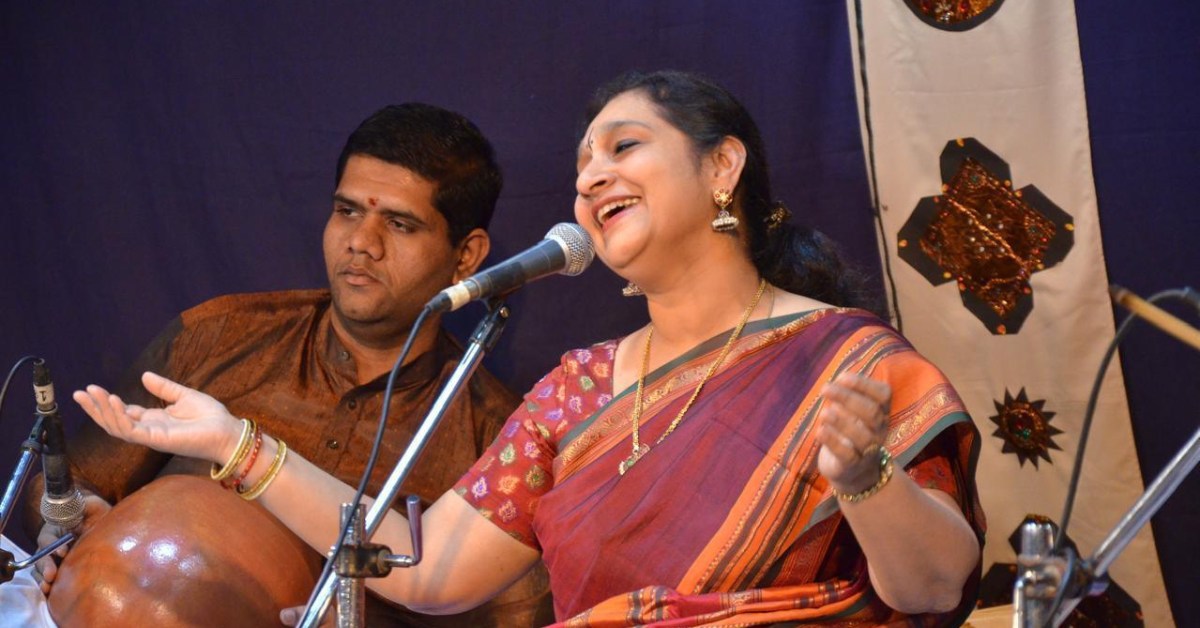
But RASA isn’t built on numbers. It’s built on moments, like the one Poornima shares about her son Arjun, who joined the school a year ago.
“This is the first school Arjun is going to without being forced! RASA is not even a second home — I can tell it’s the first home,” she laughs. “He has developed discipline and confidence. I’ve found a new future for my son.”
Even on holidays, Arjun asks when he can go back. His days are full of little celebrations — rangoli competitions, cooking sessions, even excursion trips that turn into treasured memories.
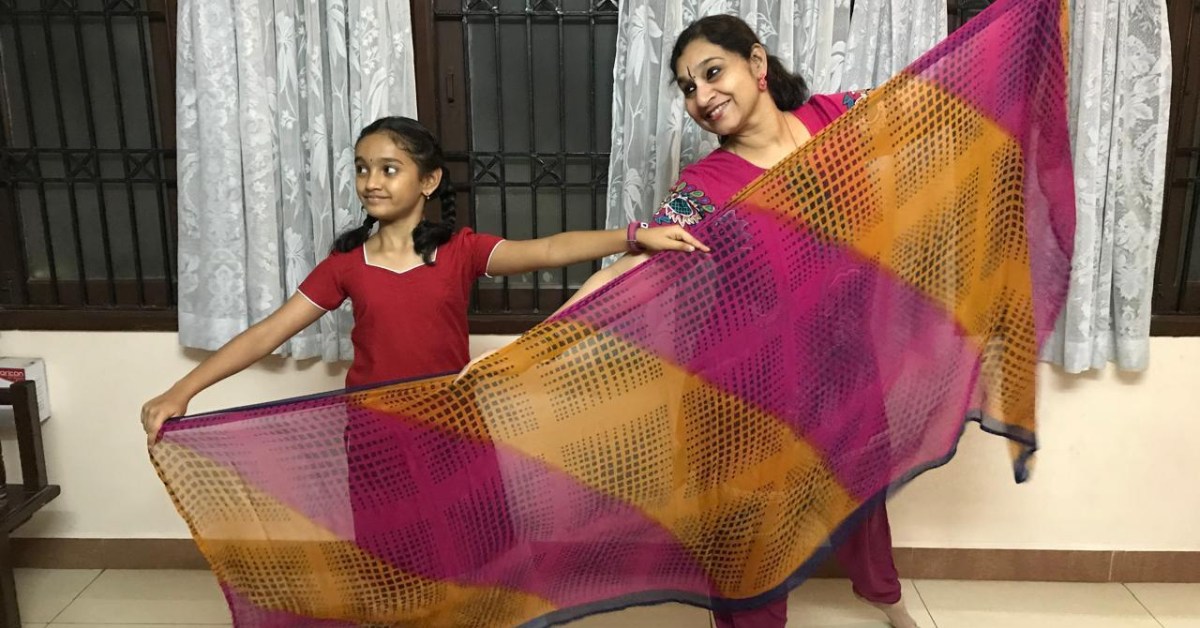
Life beyond lessons: Festivals, fun, and life skills
Life at RASA goes far beyond academics. The children prepare for events like annual day and sports day, dress up for fancy dress contests, and take part in cooking challenges and colourful rangoli competitions. These celebrations aren’t just for fun — they help the children build confidence and express themselves in ways that words often can’t.
Alongside this, there is vocational training. Students learn to make jute bags, pen stands, and embroidered items, imbibing skills that add meaning beyond the classroom and prepare them for a more independent future.
Advertisement
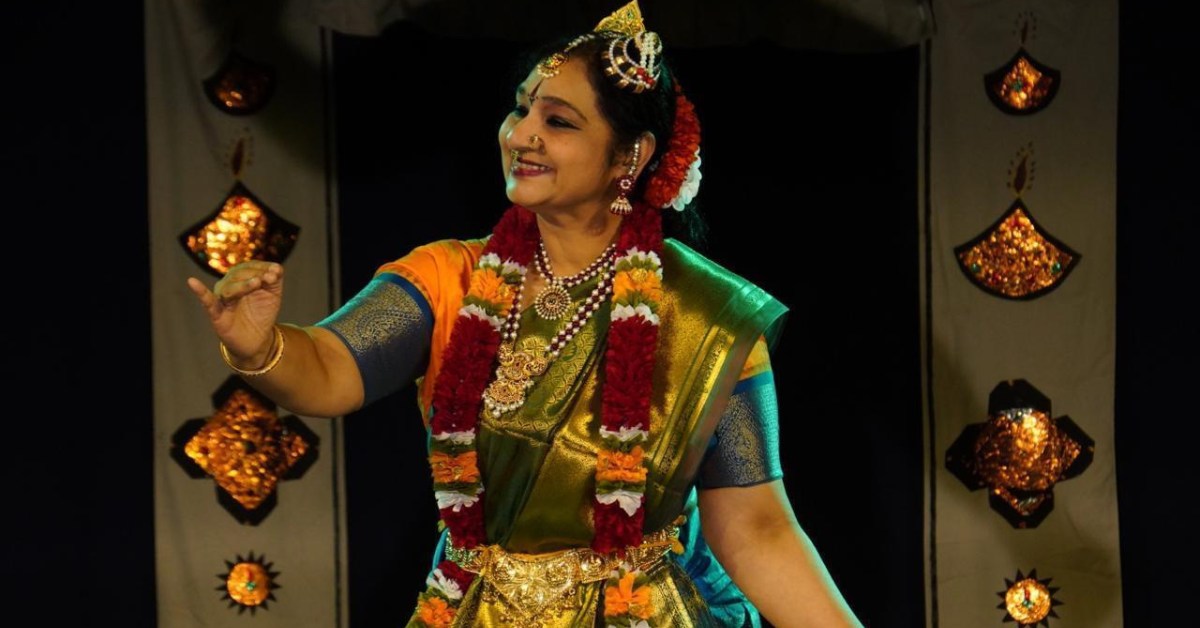
Ask Ambika about inclusion, and she challenges the term itself. “Inclusive means we have already excluded and then include again,” she explains. “Everyone is able and everyone has special needs. Different kinds of abilities; different kinds of special needs—that’s what makes the world. At RASA, everyone is just one.”
That philosophy comes alive every day. Here, neurodivergent and neurotypical children share the same stage, practise steps together, and cheer each other on. There are no separate corners, no divisions — just children learning side by side through art.
RASA also welcomes those who want to go deeper into the arts. It offers Bharatanatyam and Carnatic music classes, along with certificate and diploma courses for aspiring artistes.
Milestones that inspire
Every milestone at RASA tells a story of perseverance and pride. Not long ago, Gurushankar, a student with Down syndrome, completed his Salangai Pooja — a traditional ceremony in classical dance that marks a dancer’s readiness for solo performances. It was a day filled with applause and emotion, made even more special by the presence of Babli Ramachandran, who returned to RASA as the chief guest. Once a student herself, Babli received the RASA STAR (Special Talent at RASA) Award in December 2024.
Moments like these, Ambika says, remind her why this work matters. And she’s far from done.
“We are planning to open more centres in other towns, start affiliate programmes, and launch train-the-trainer courses,” she tells The Better India. “We also want to induct more students into our mainstream centres.”
Advertisement
Her dream remains simple but powerful: to build a world where every child feels capable, creative, and confident.
“Each day is unique at RASA, and every year there is a long list of achievers,” Ambika says with a smile. “The magic continues.”



